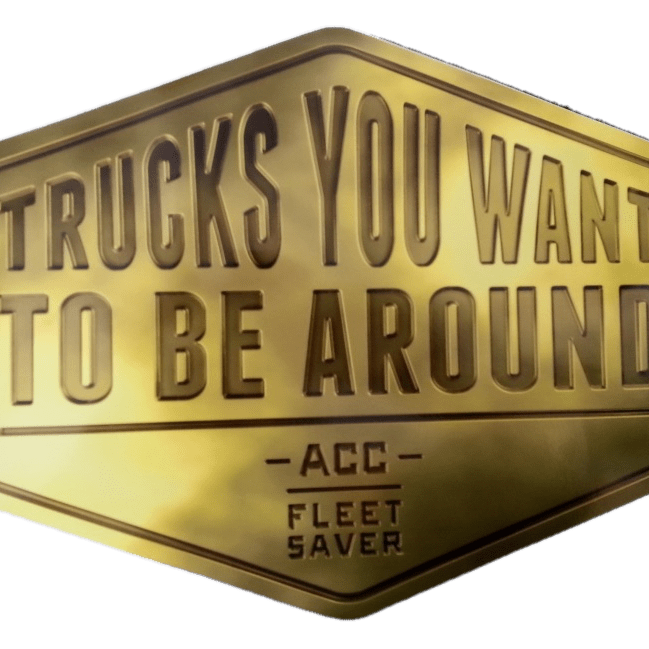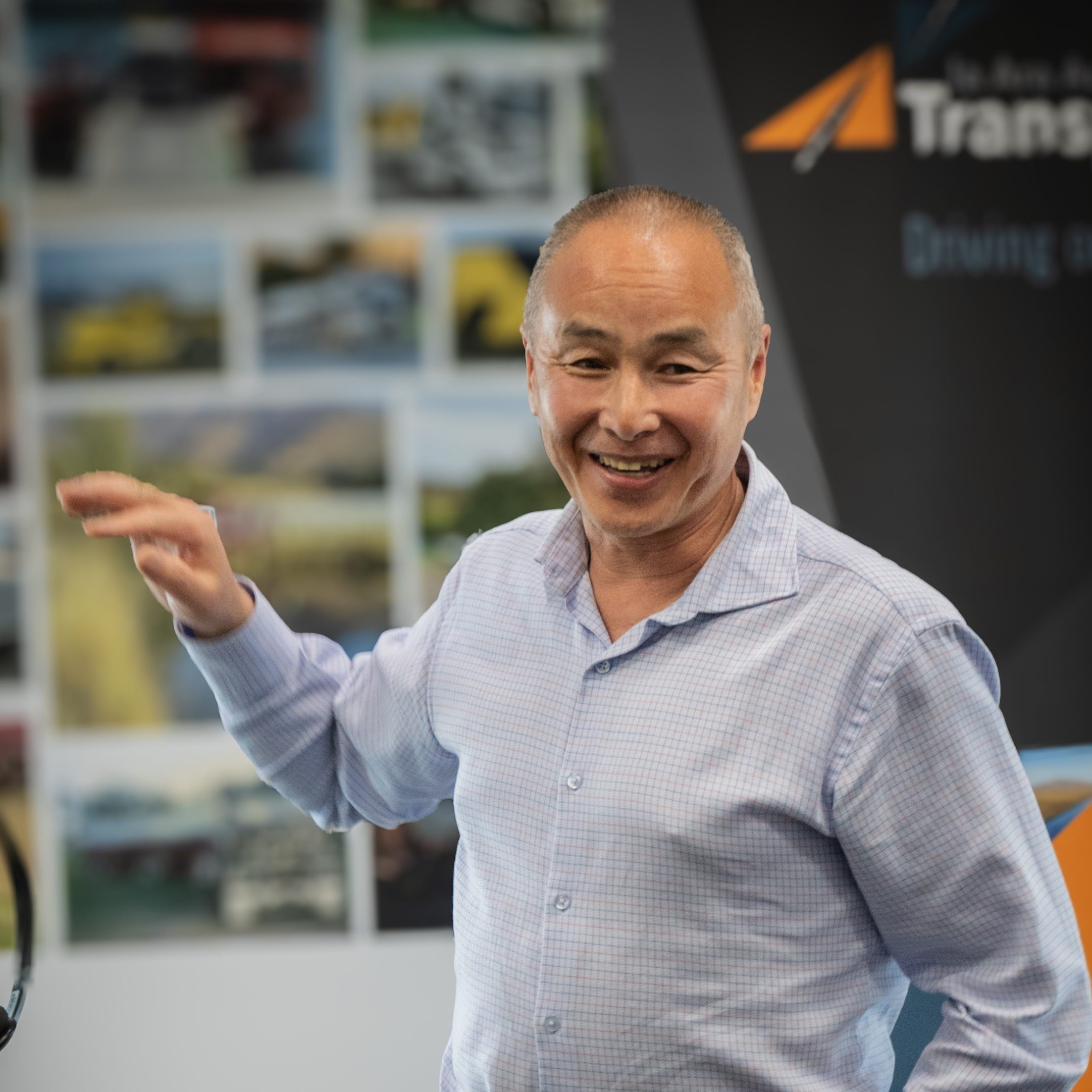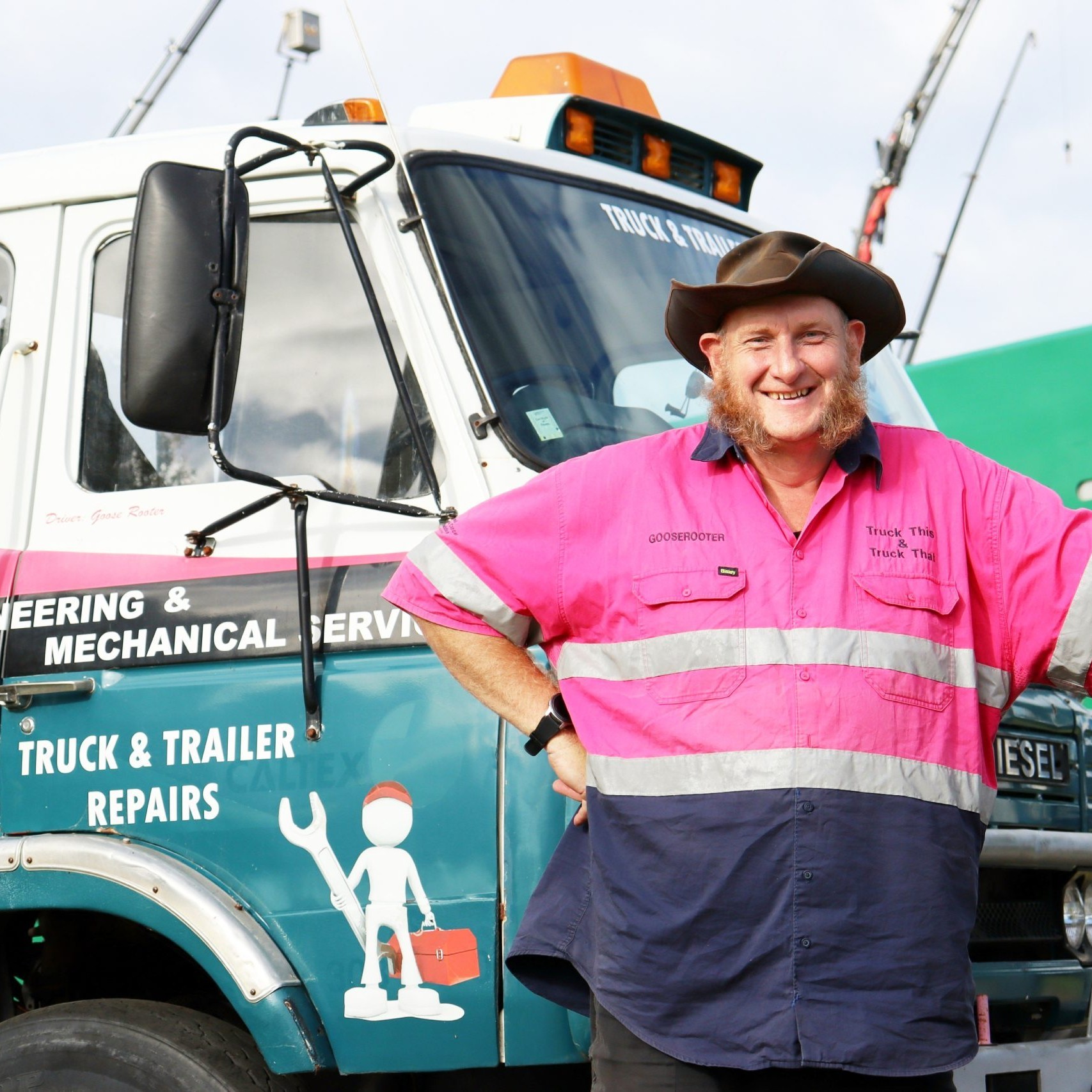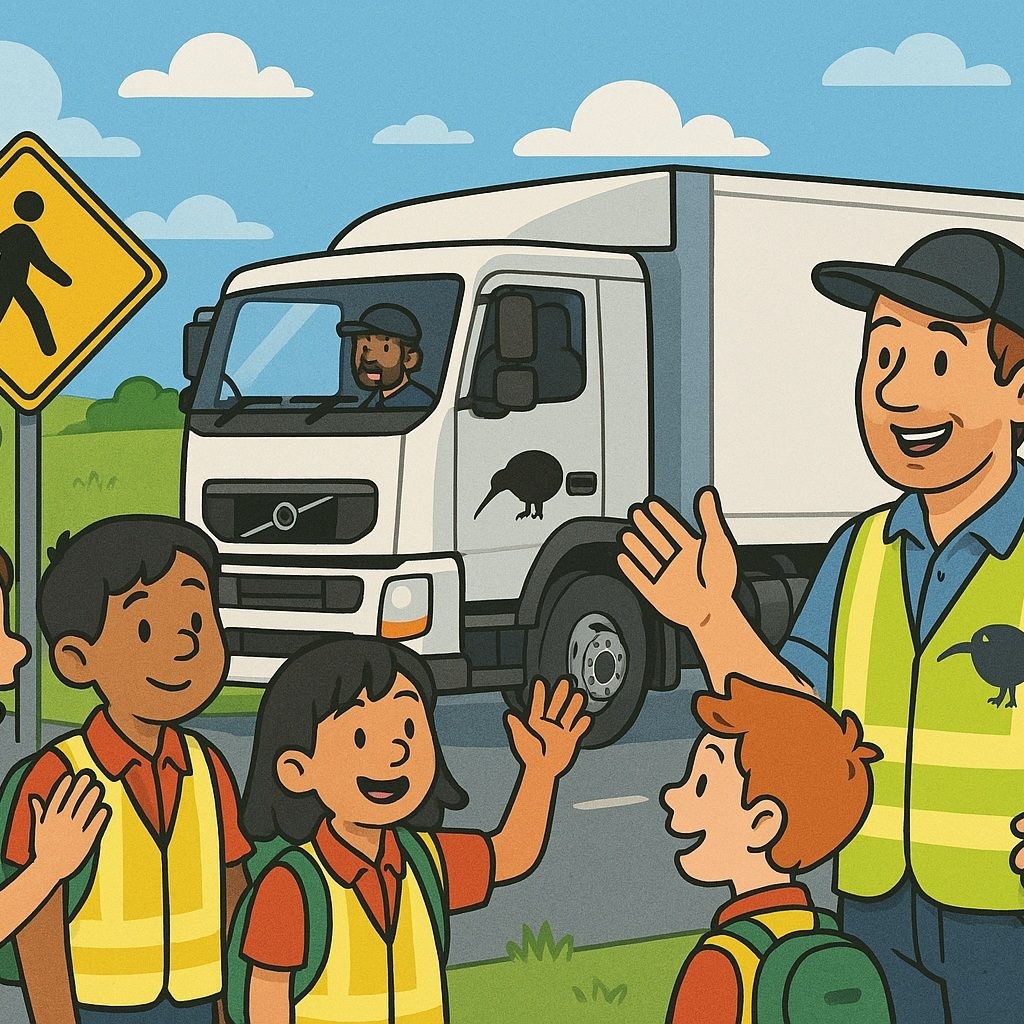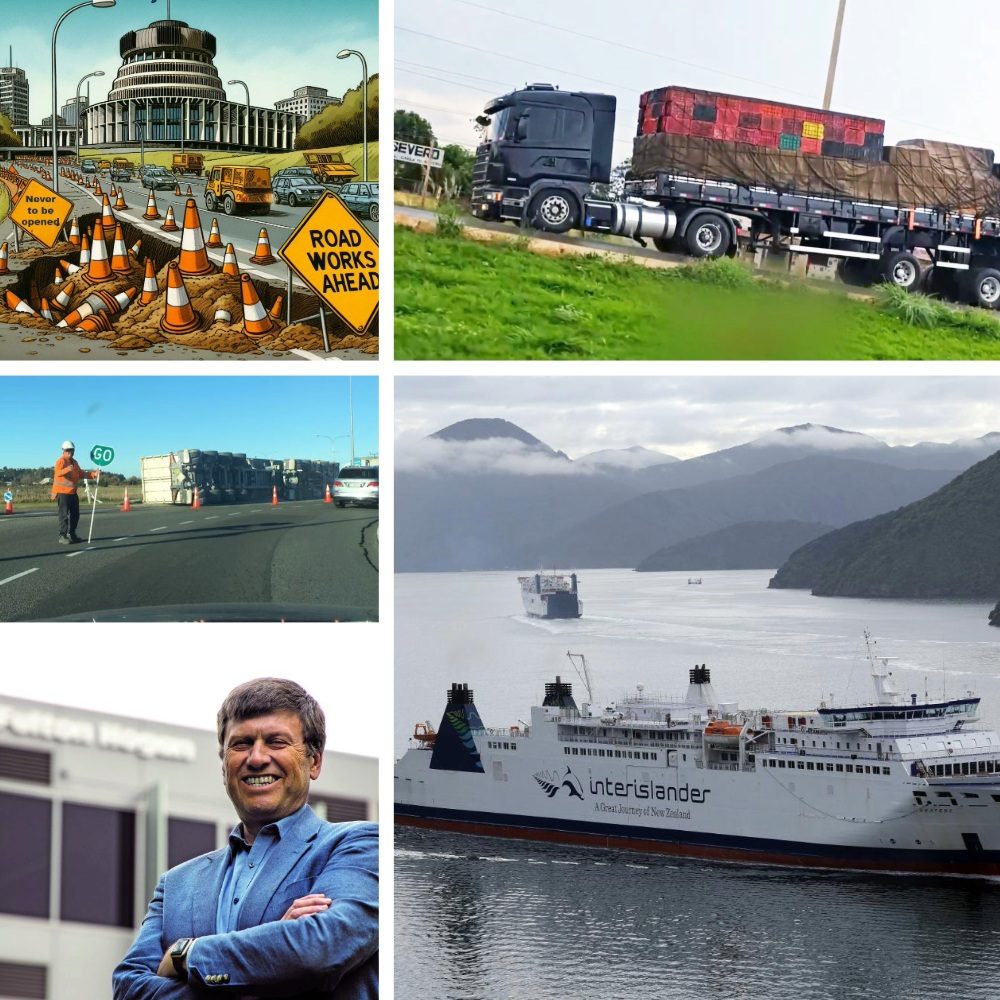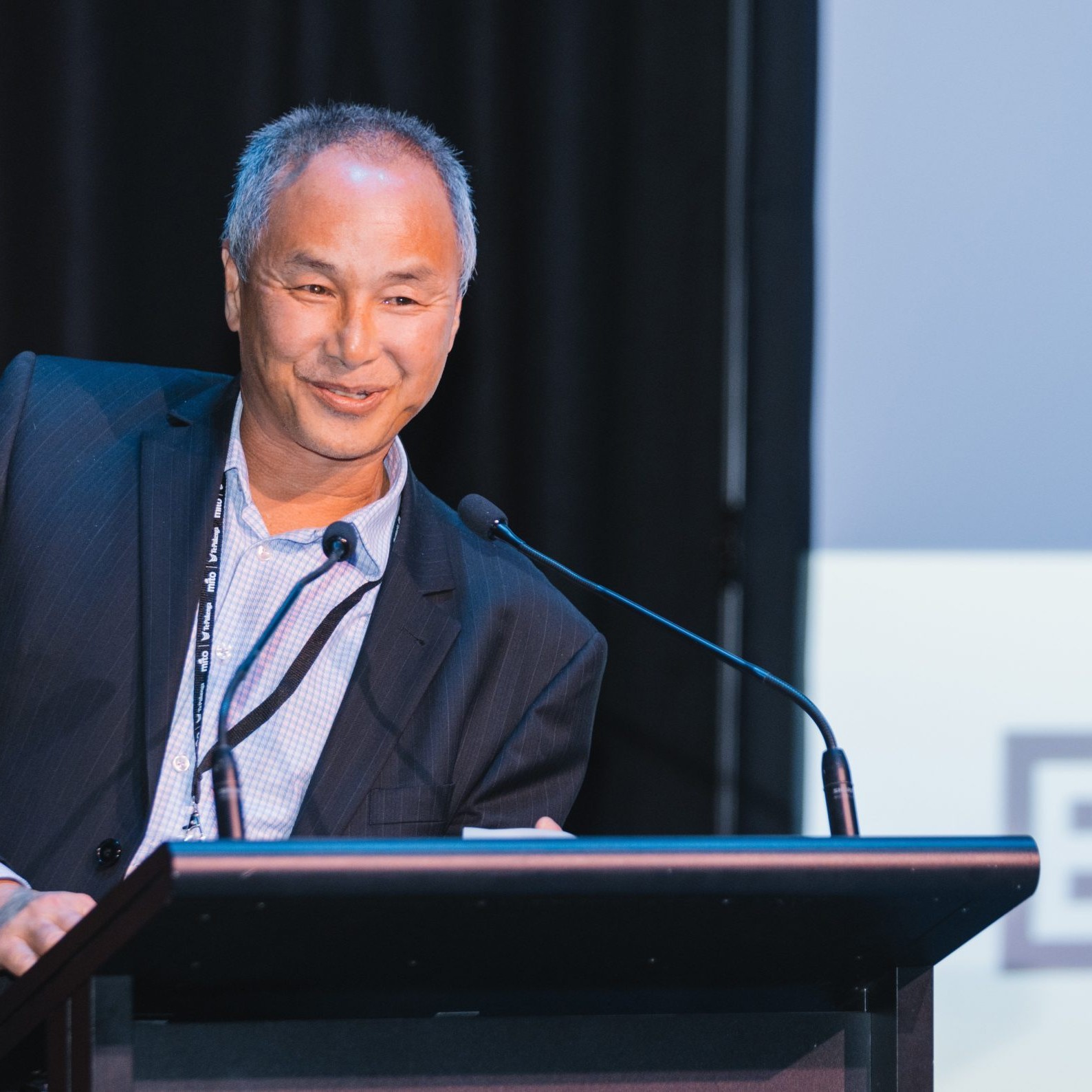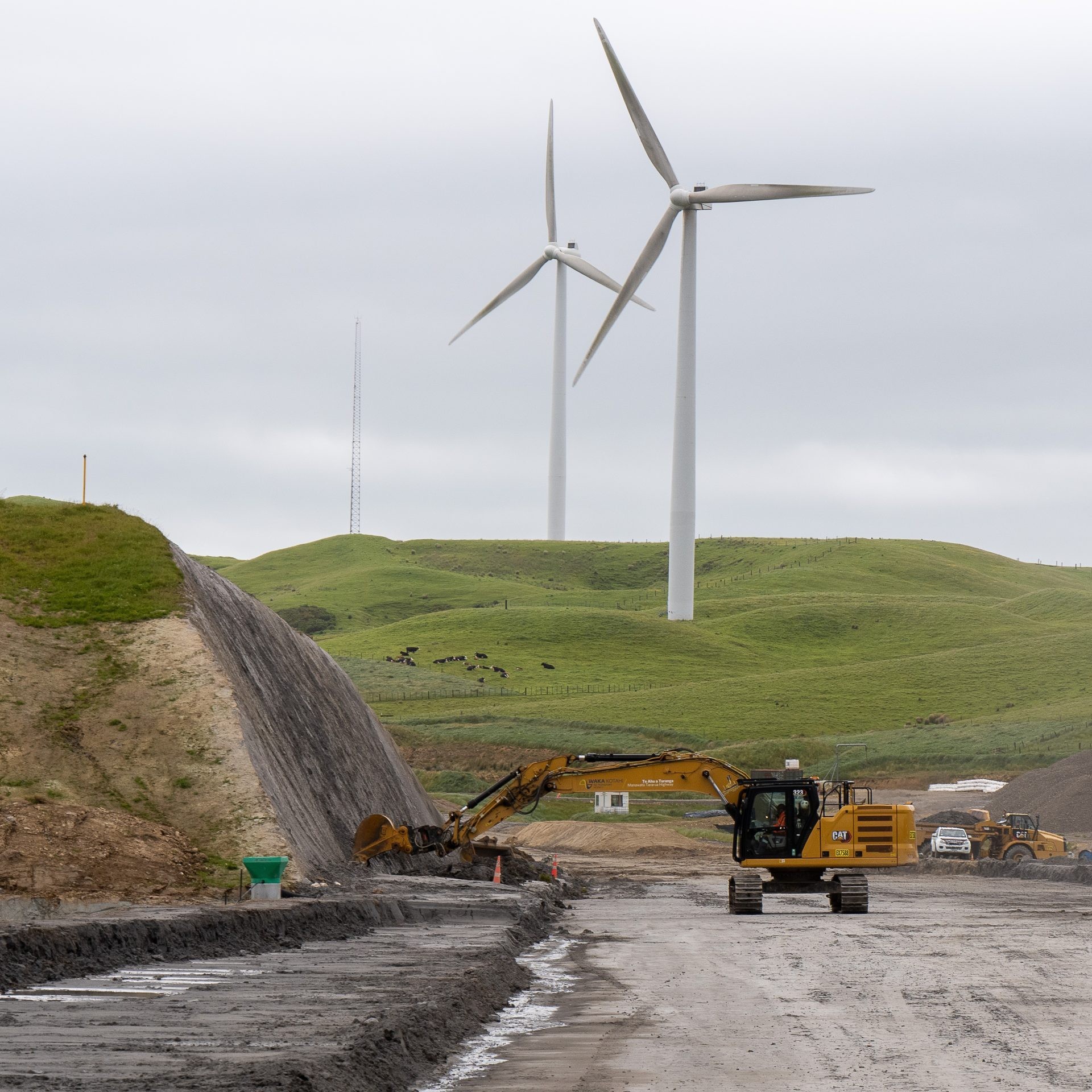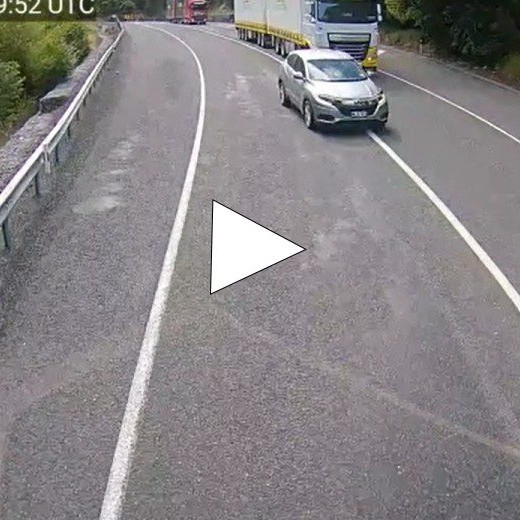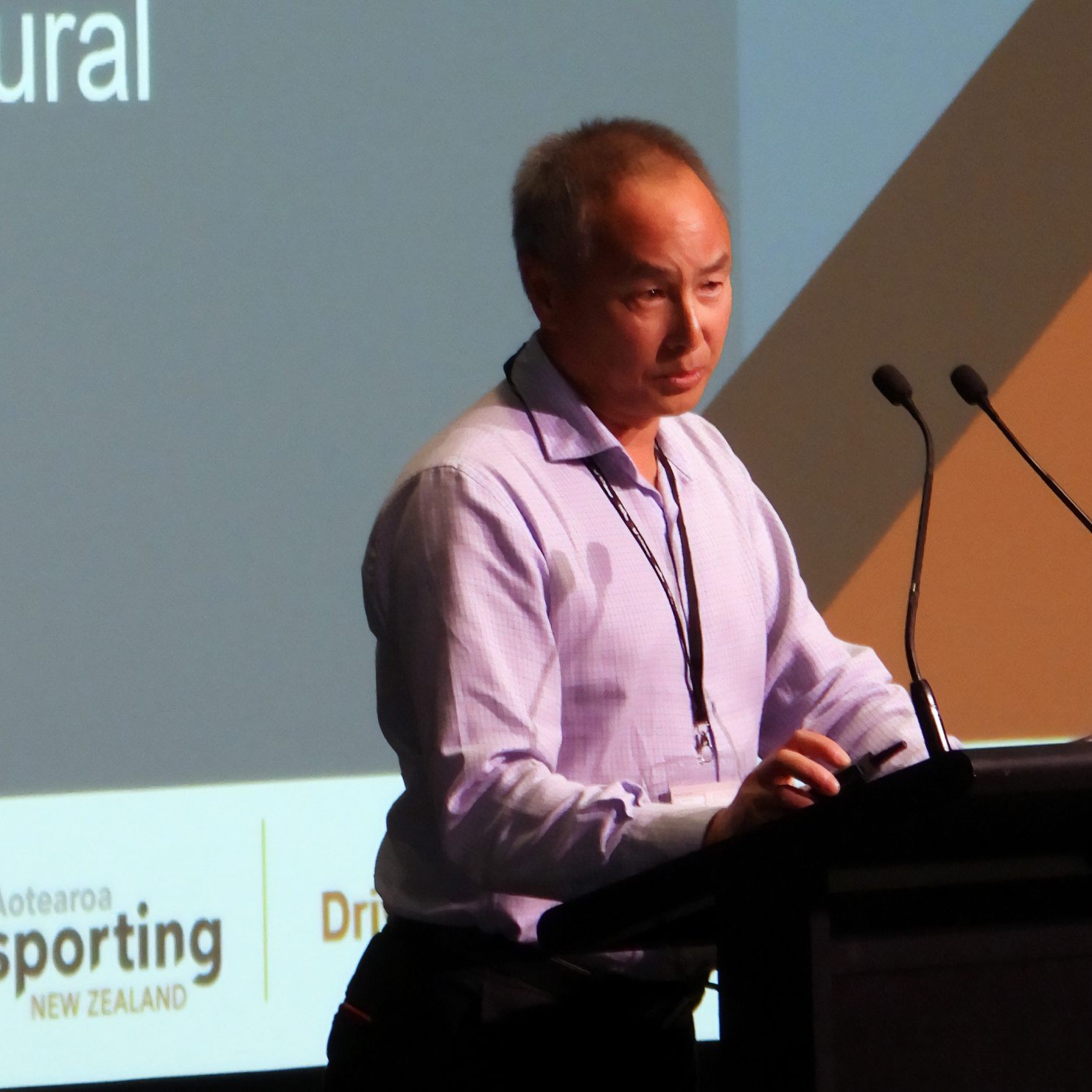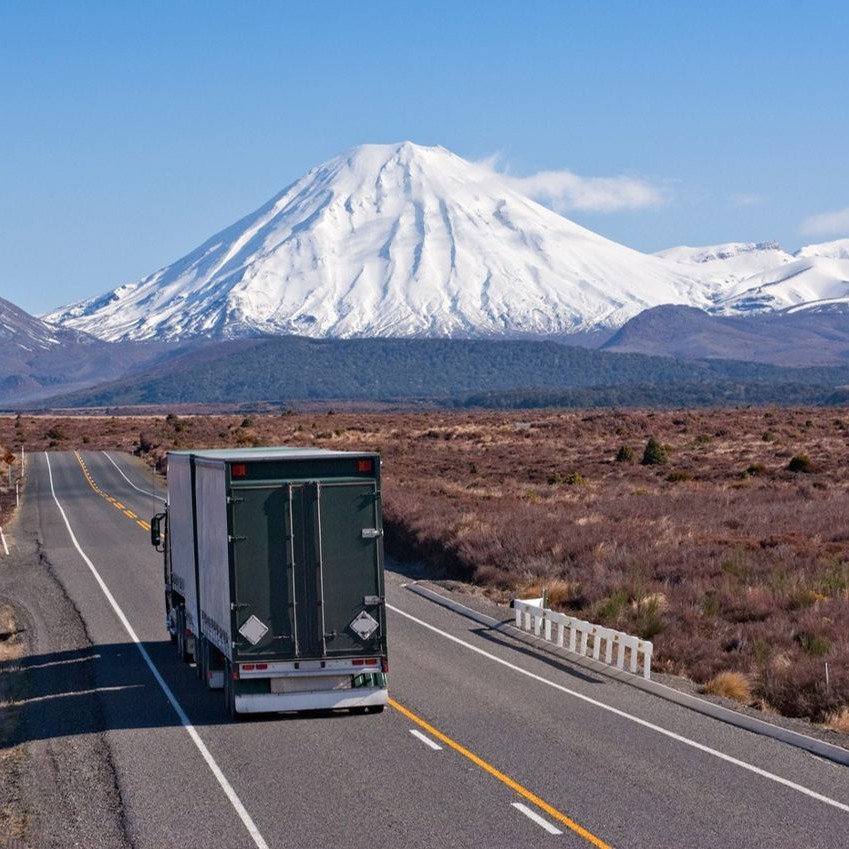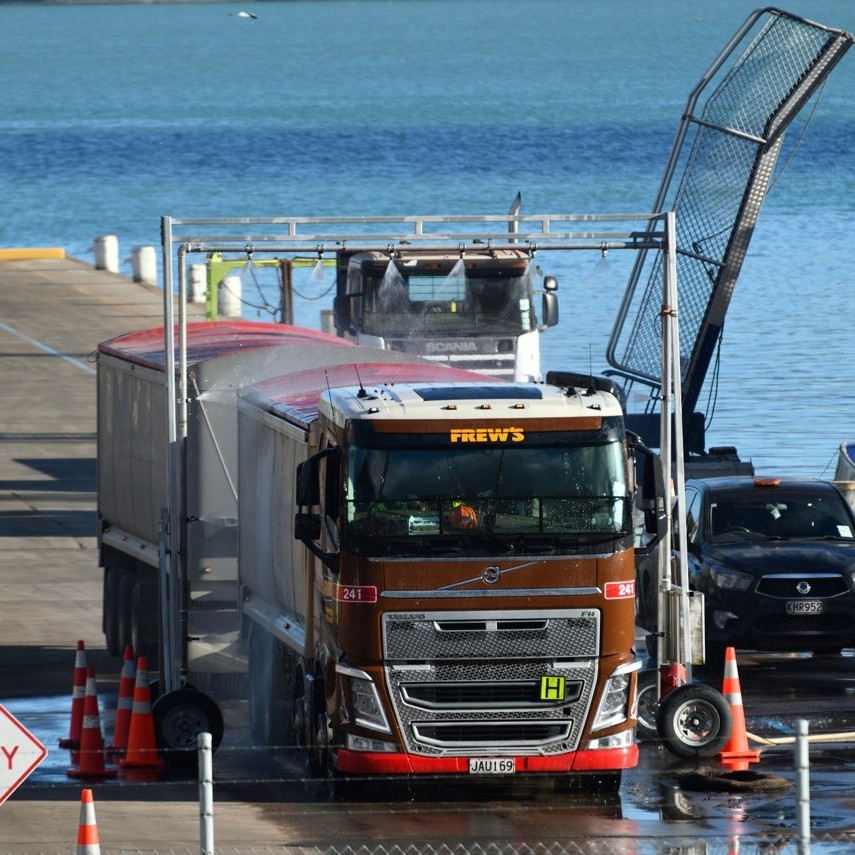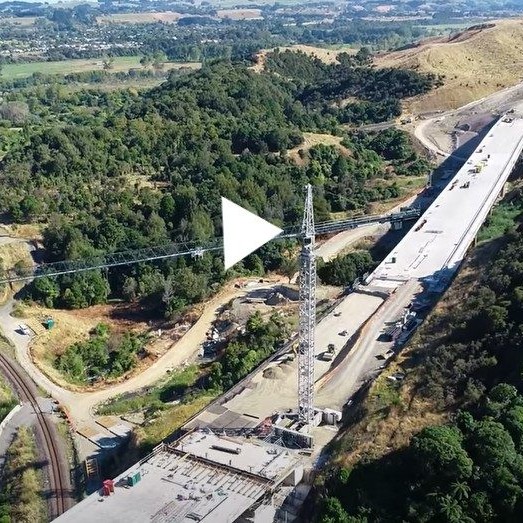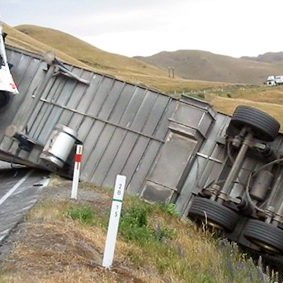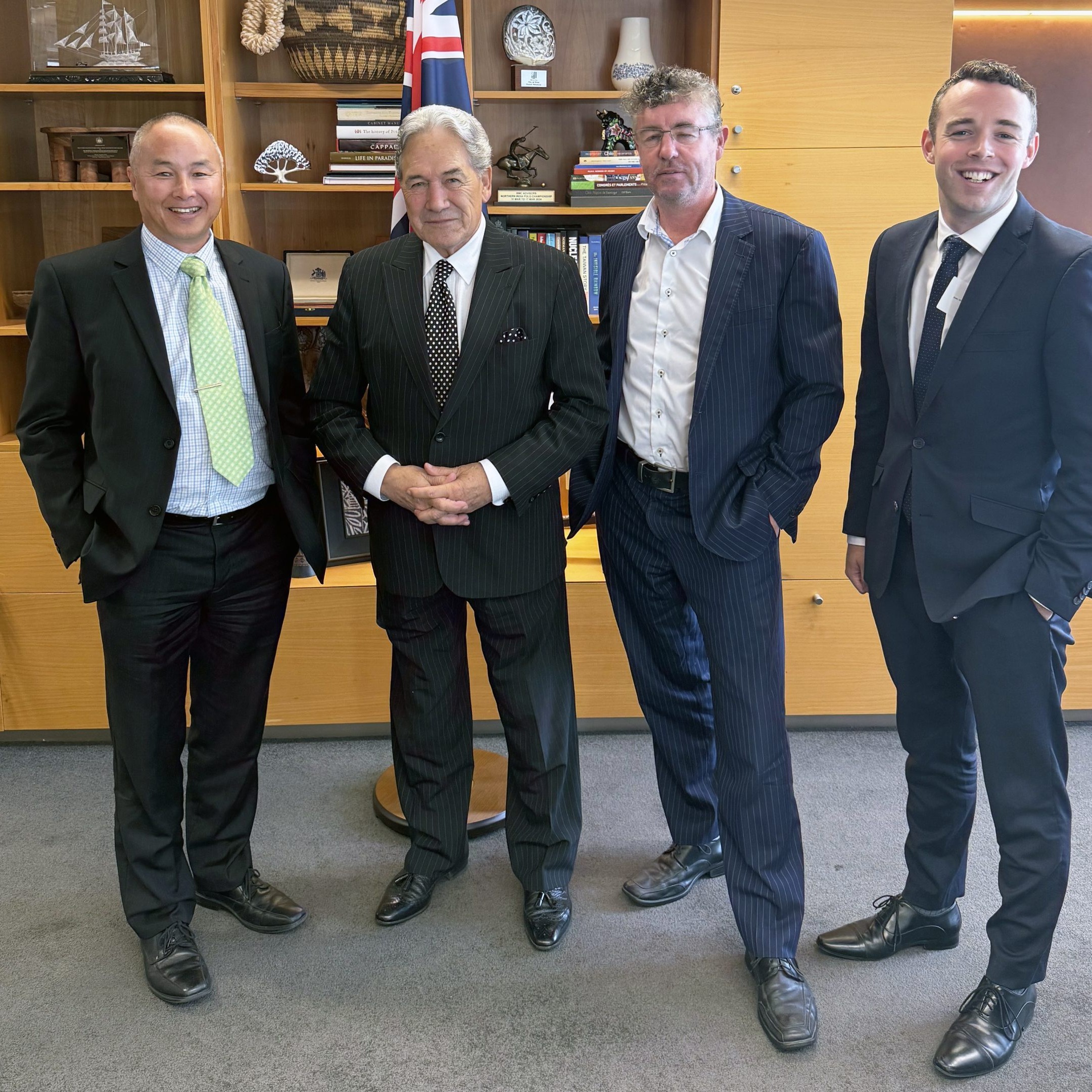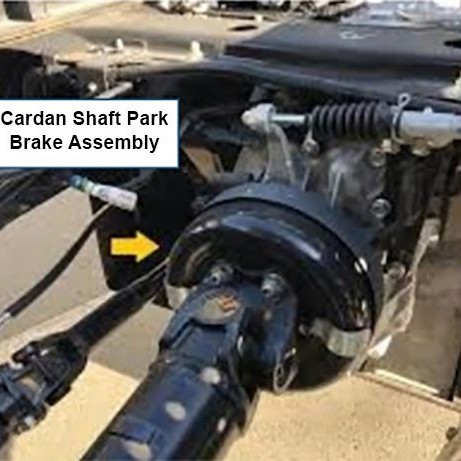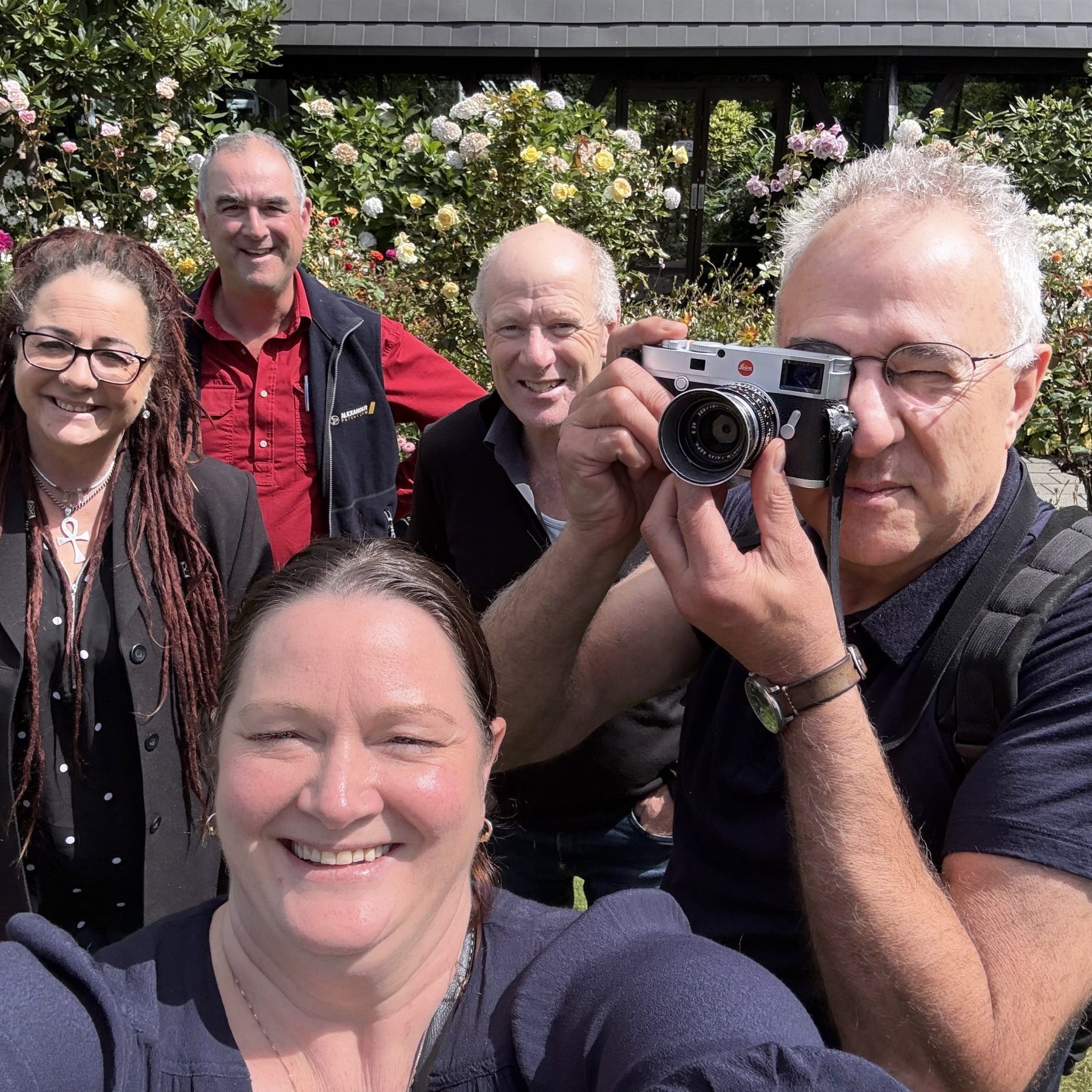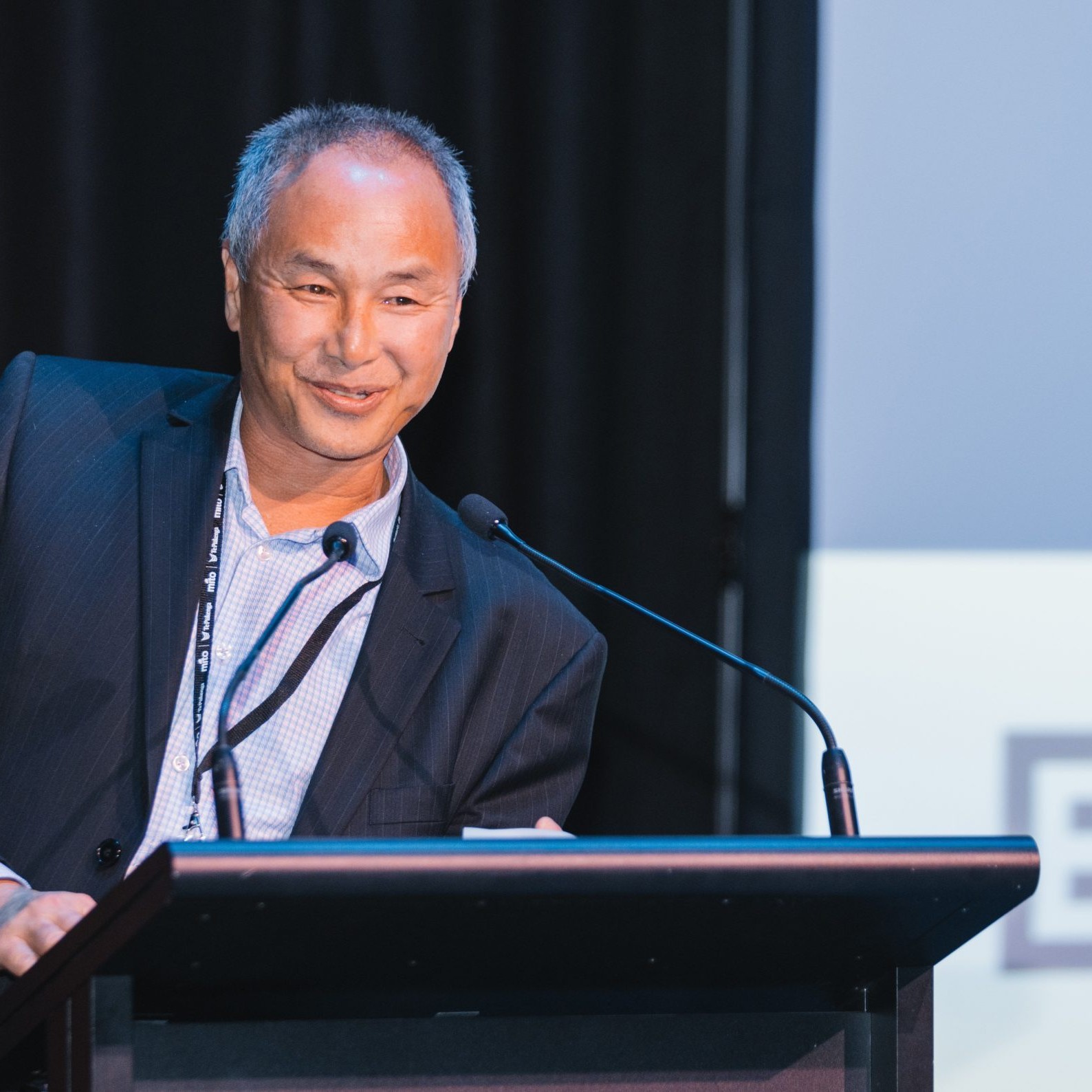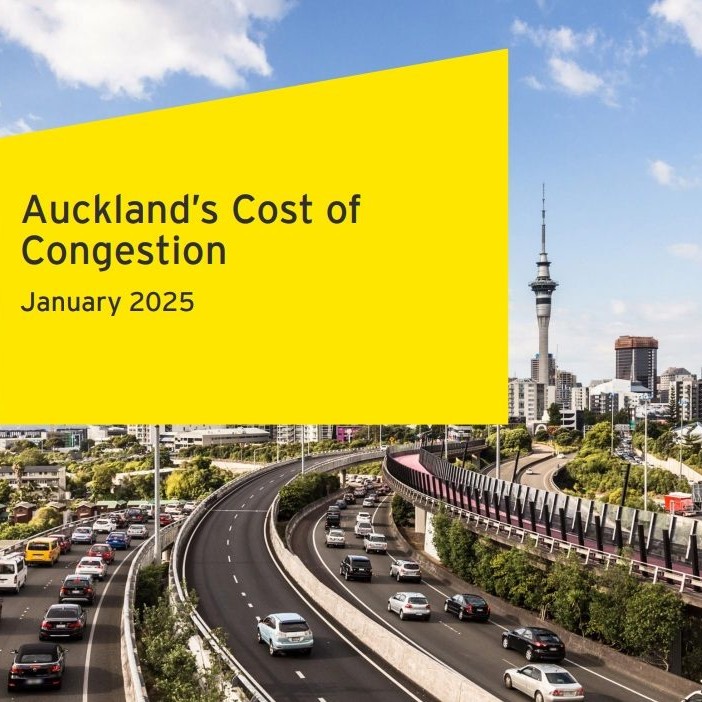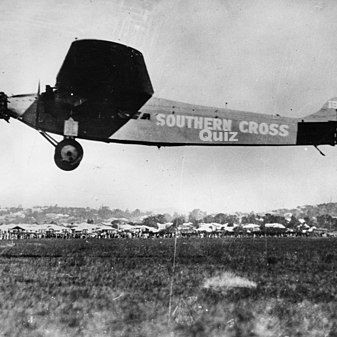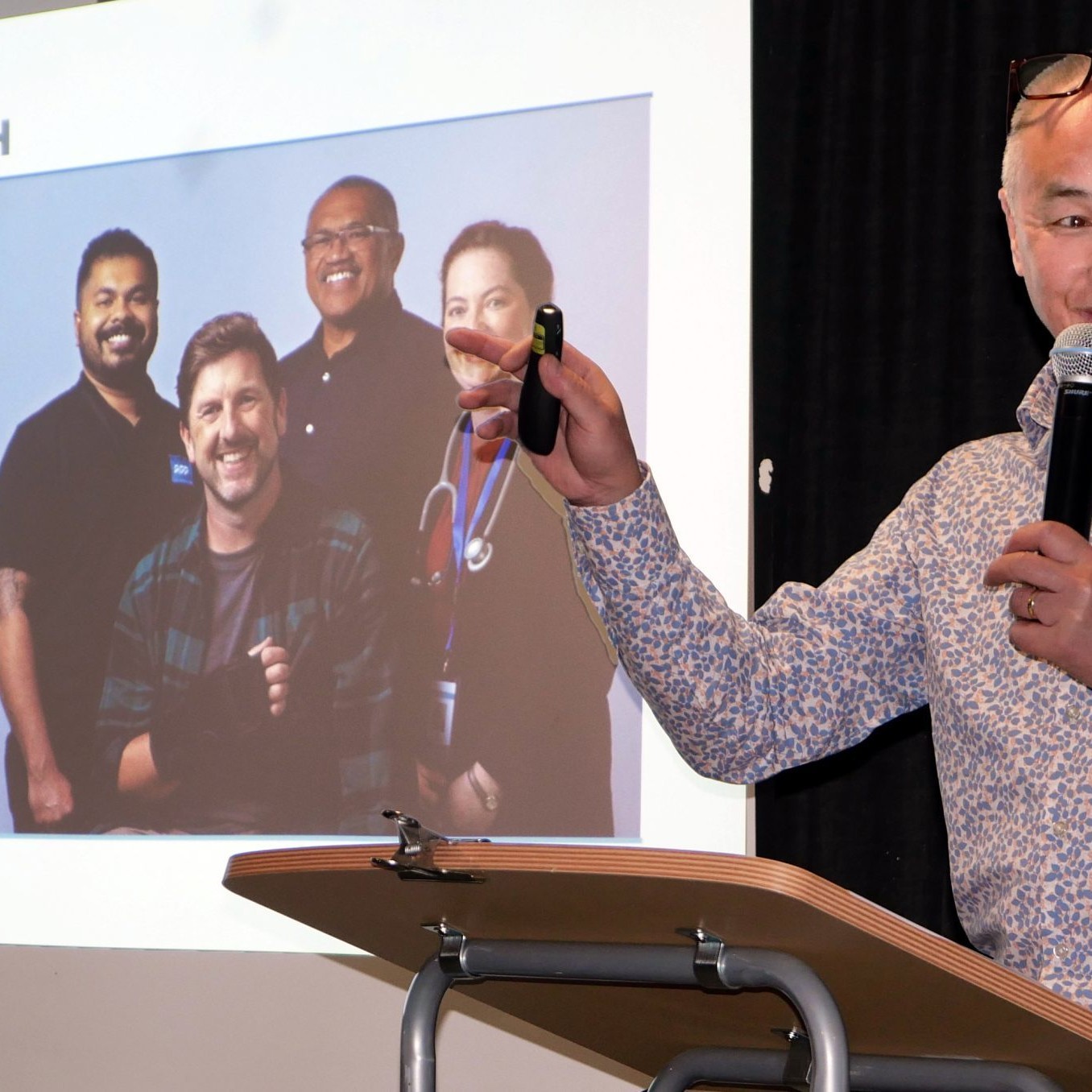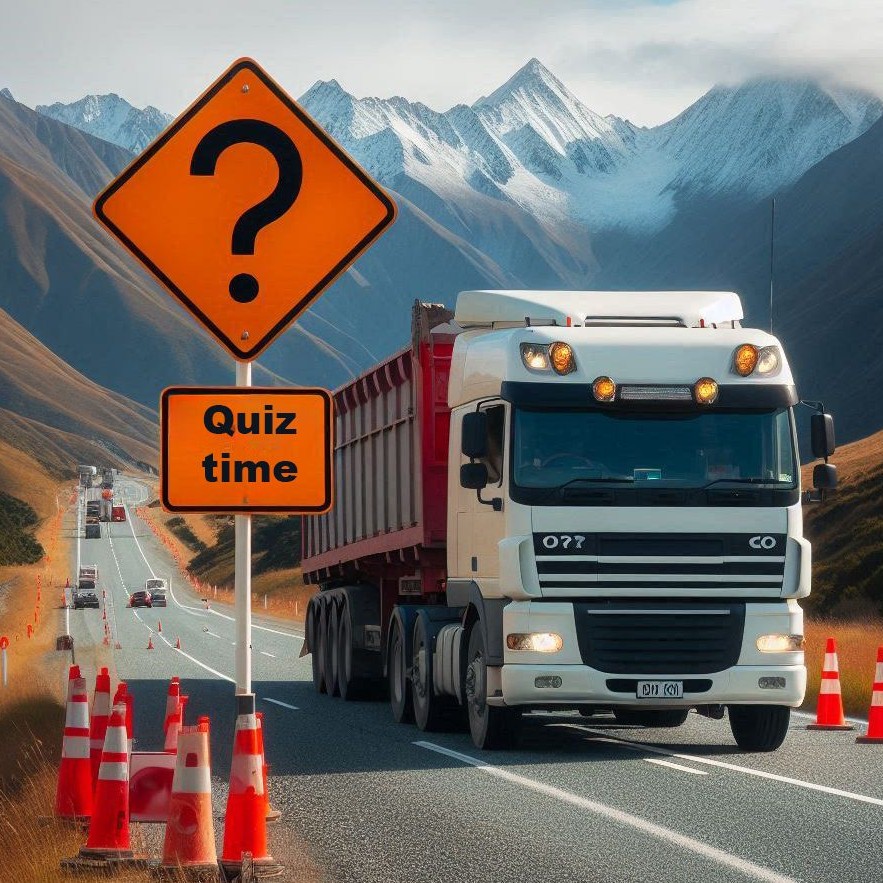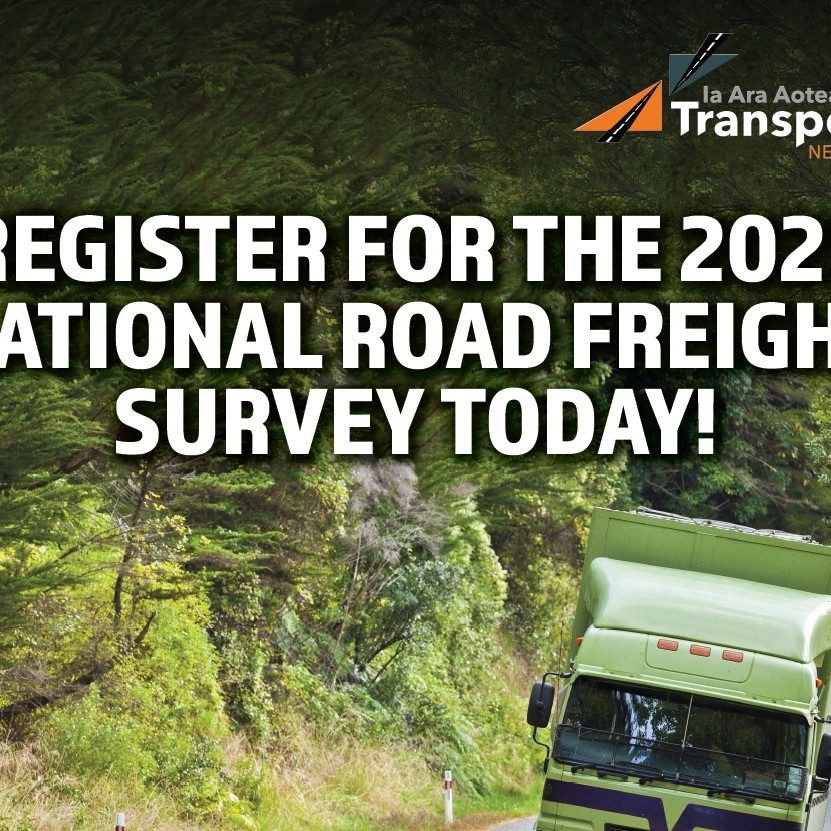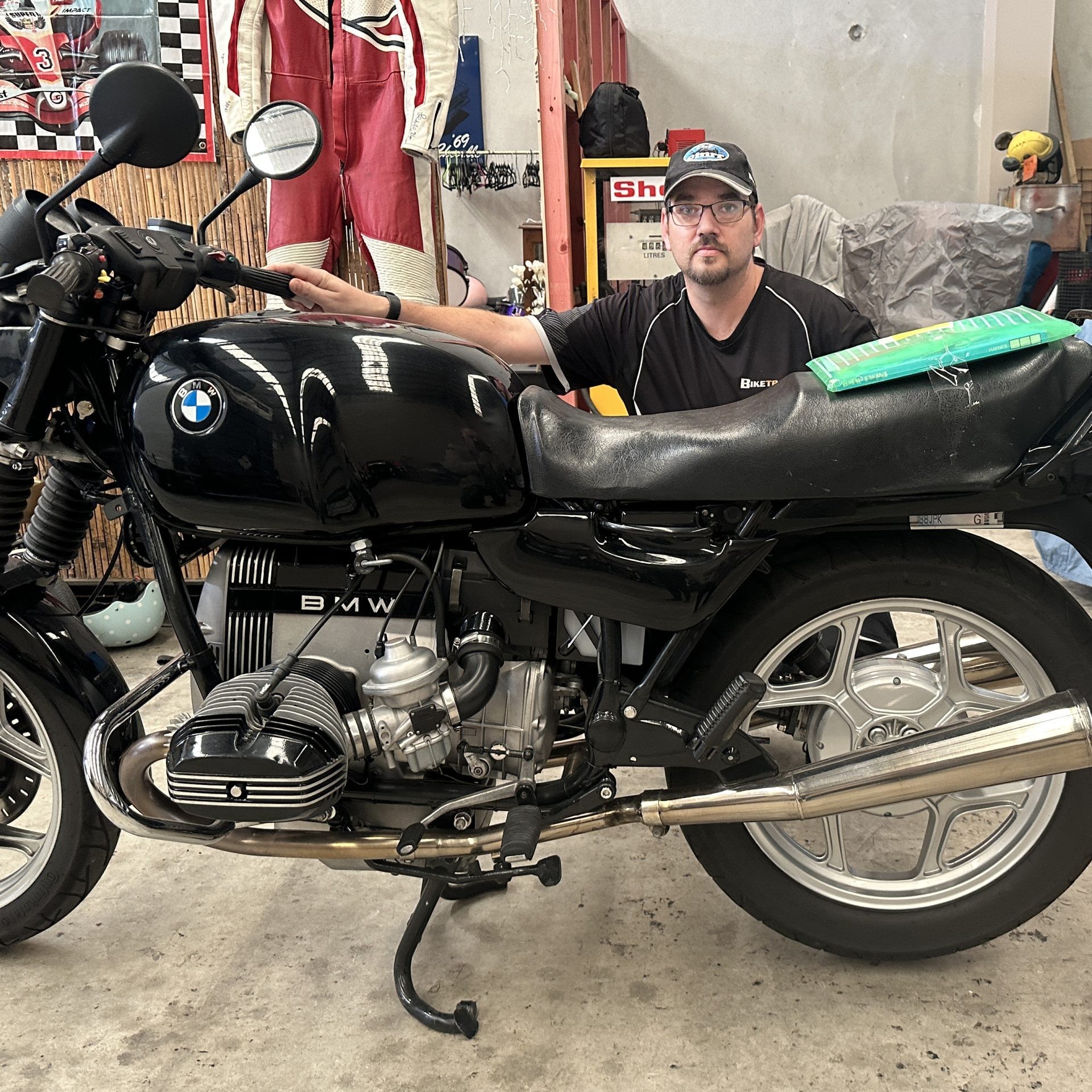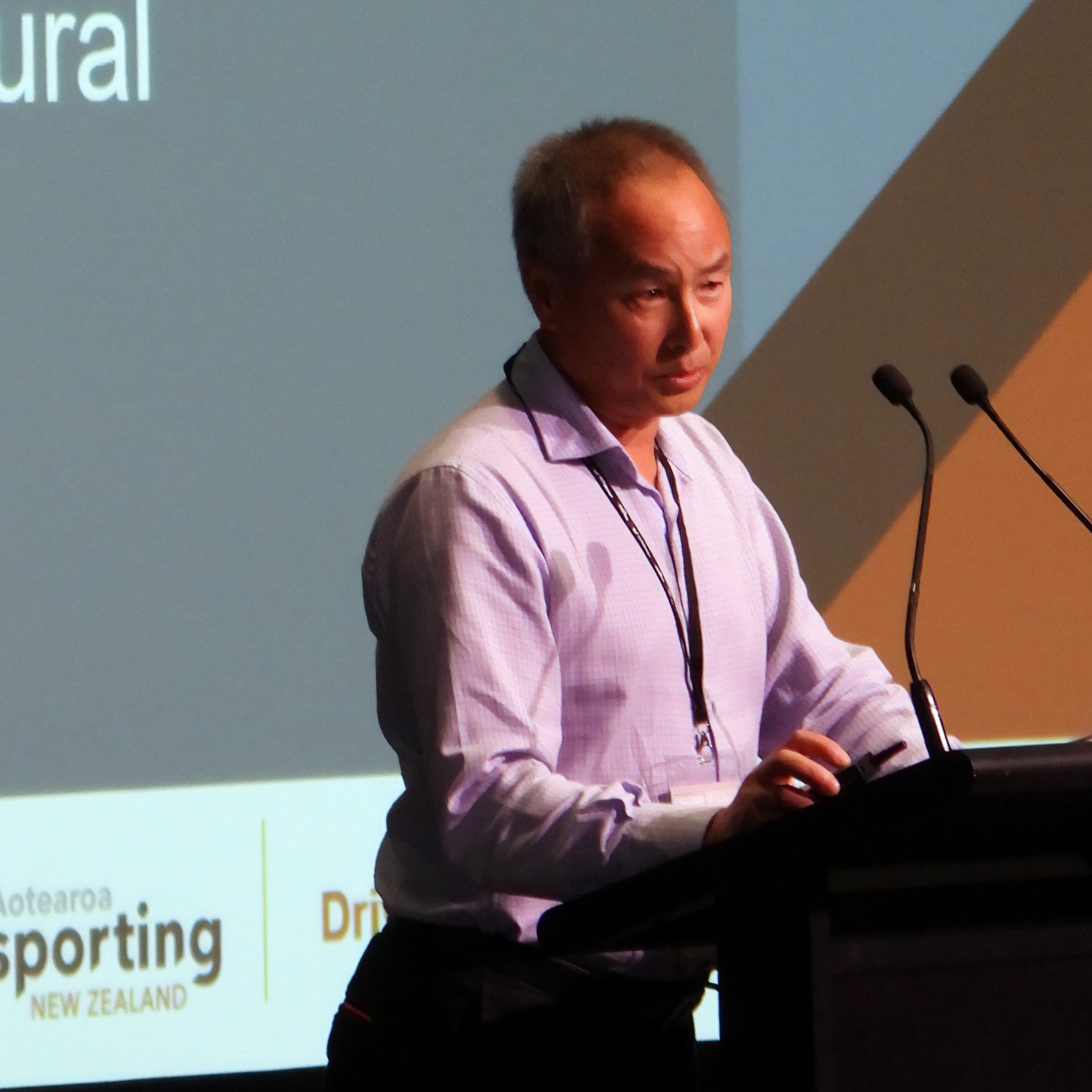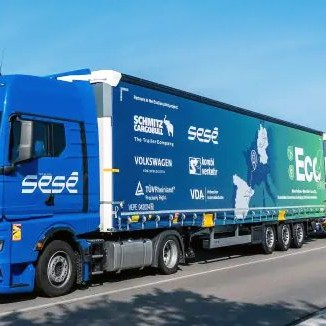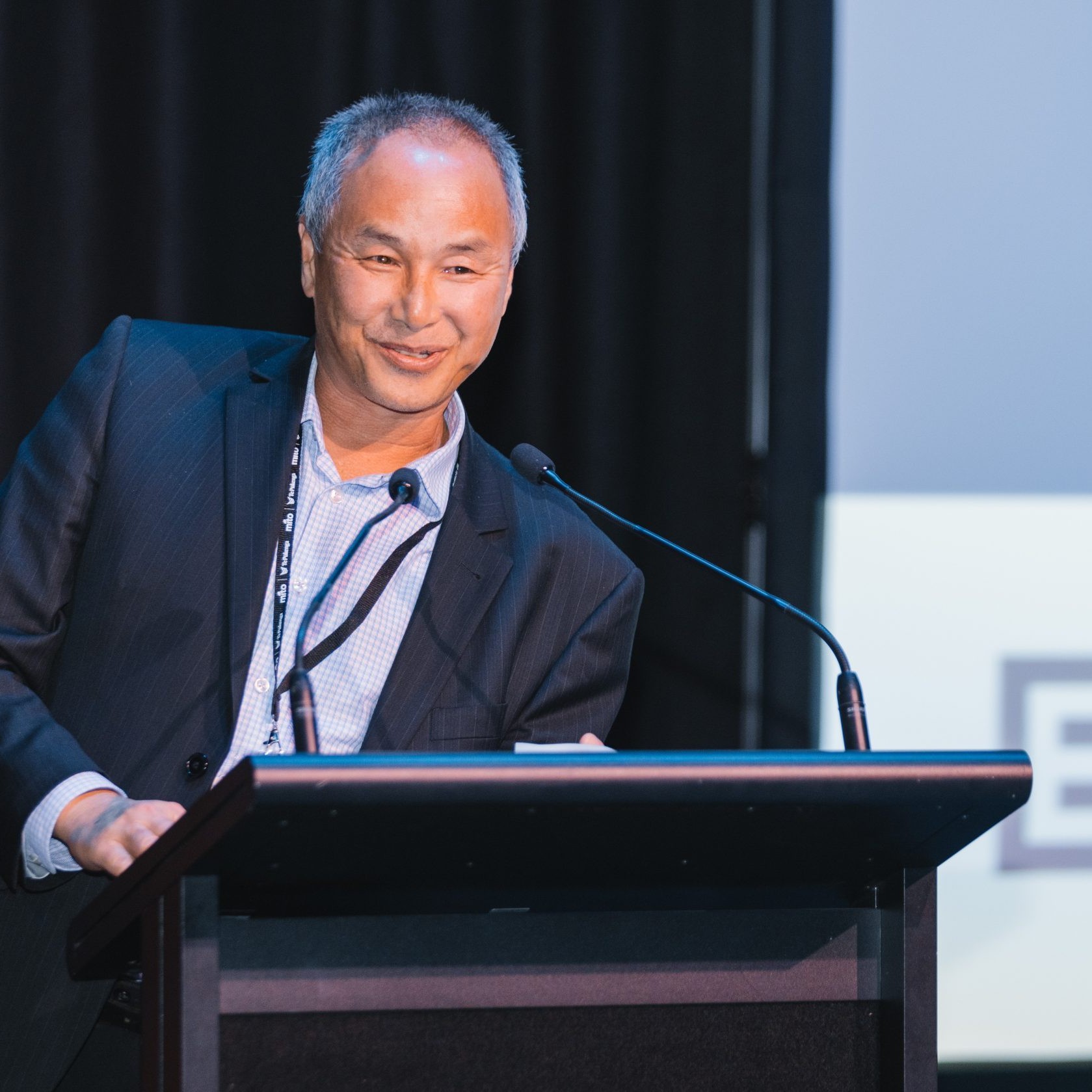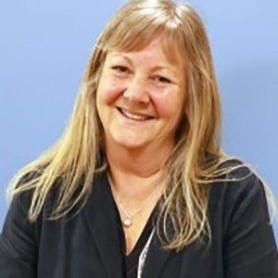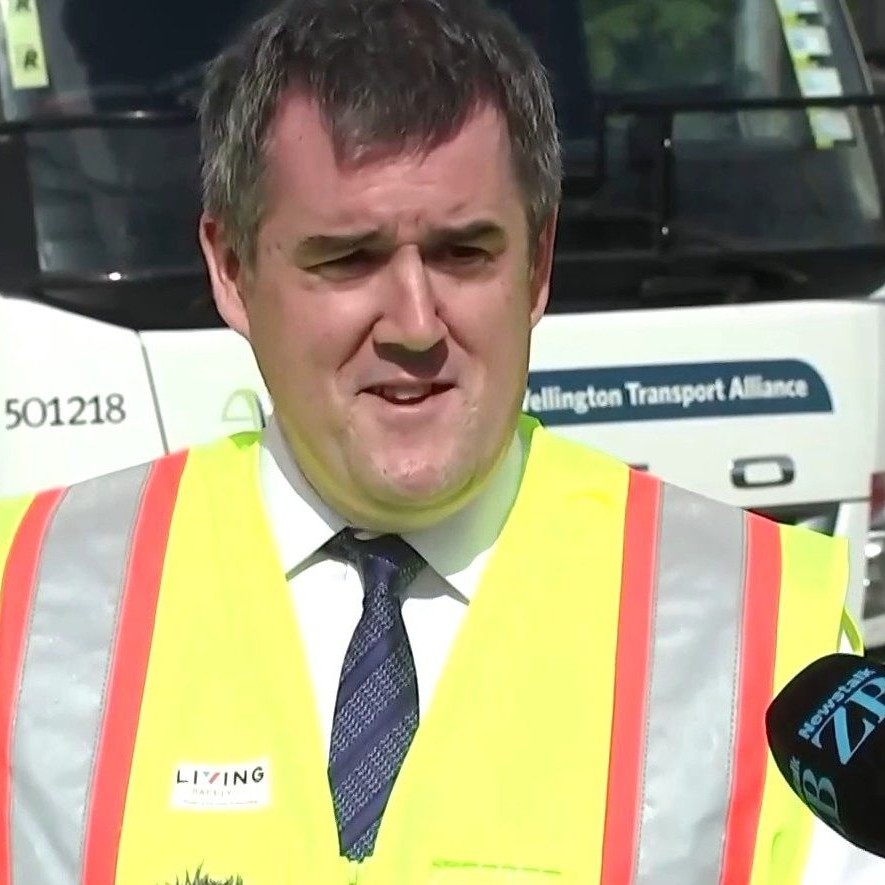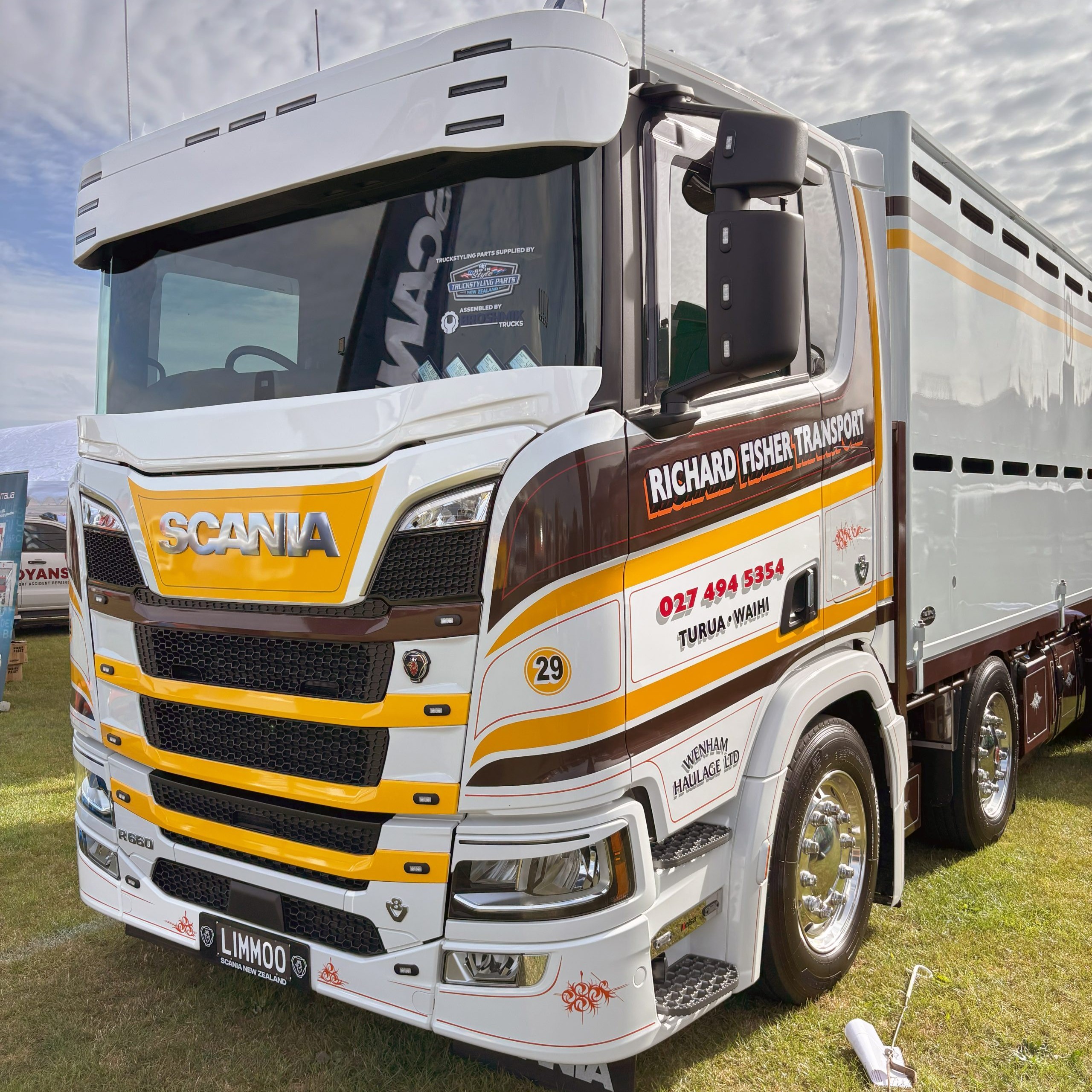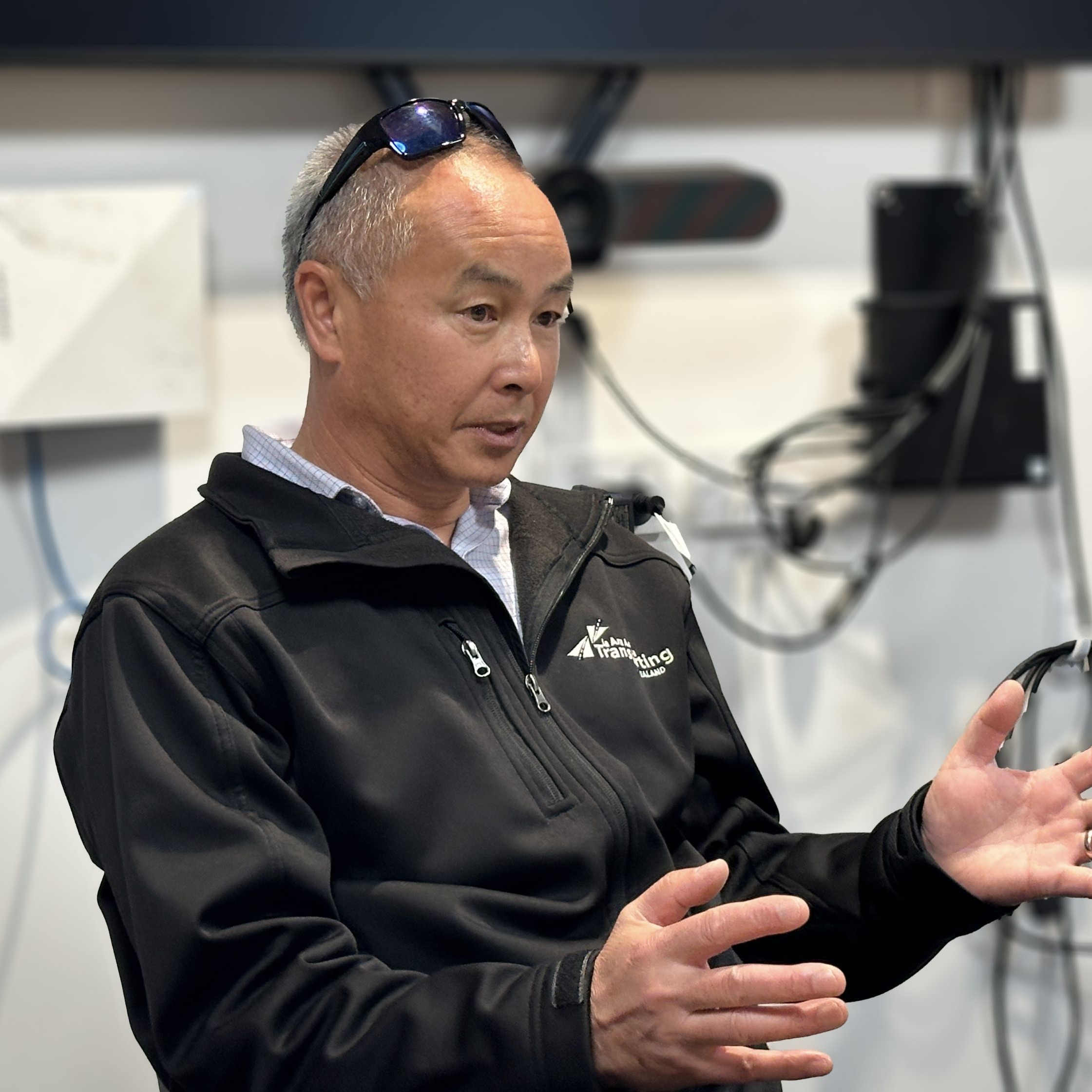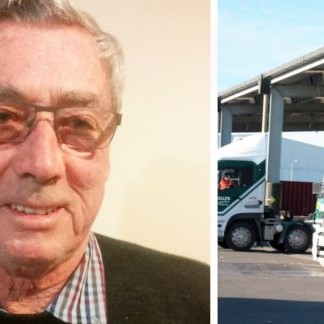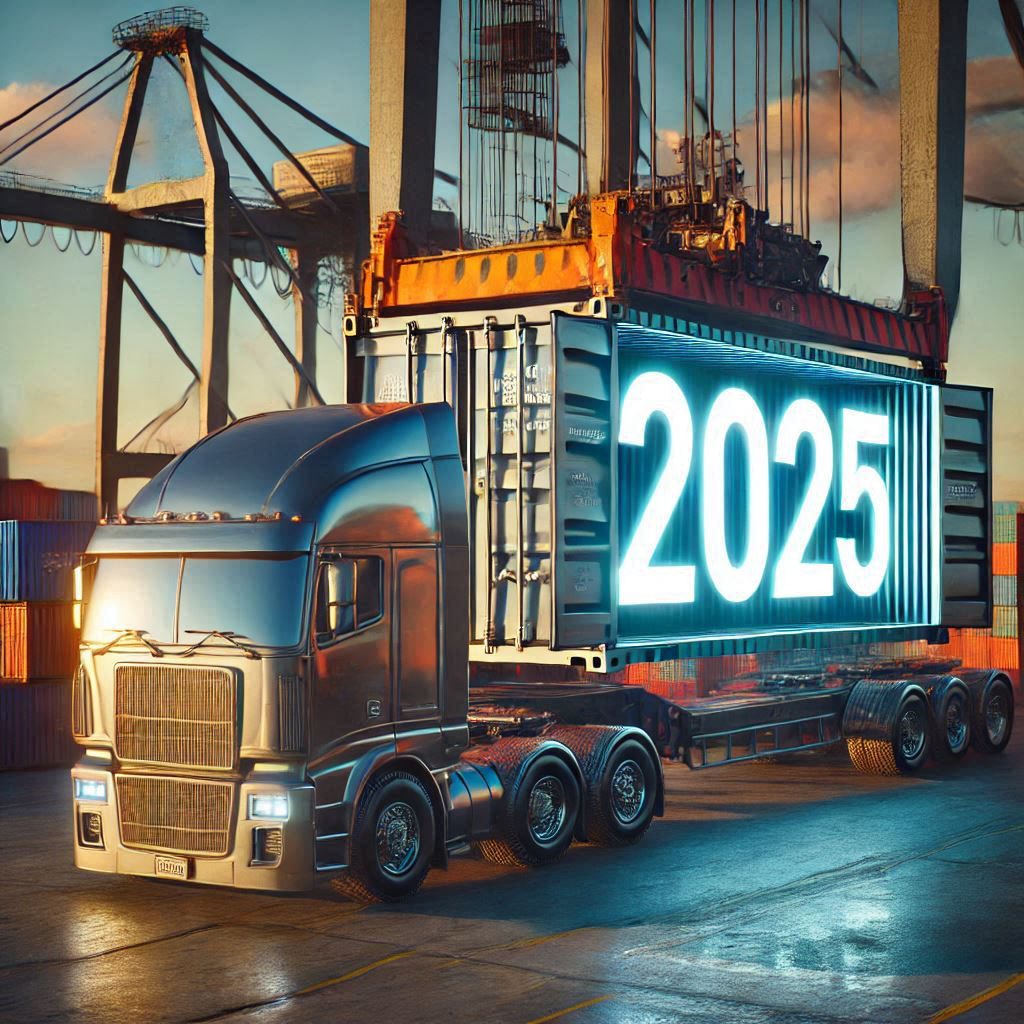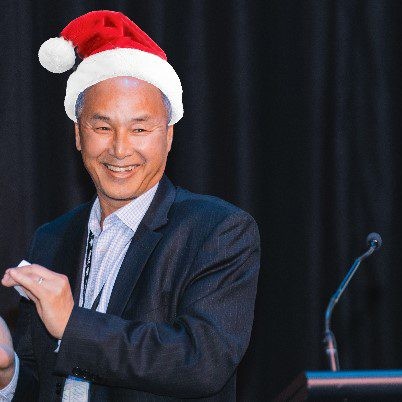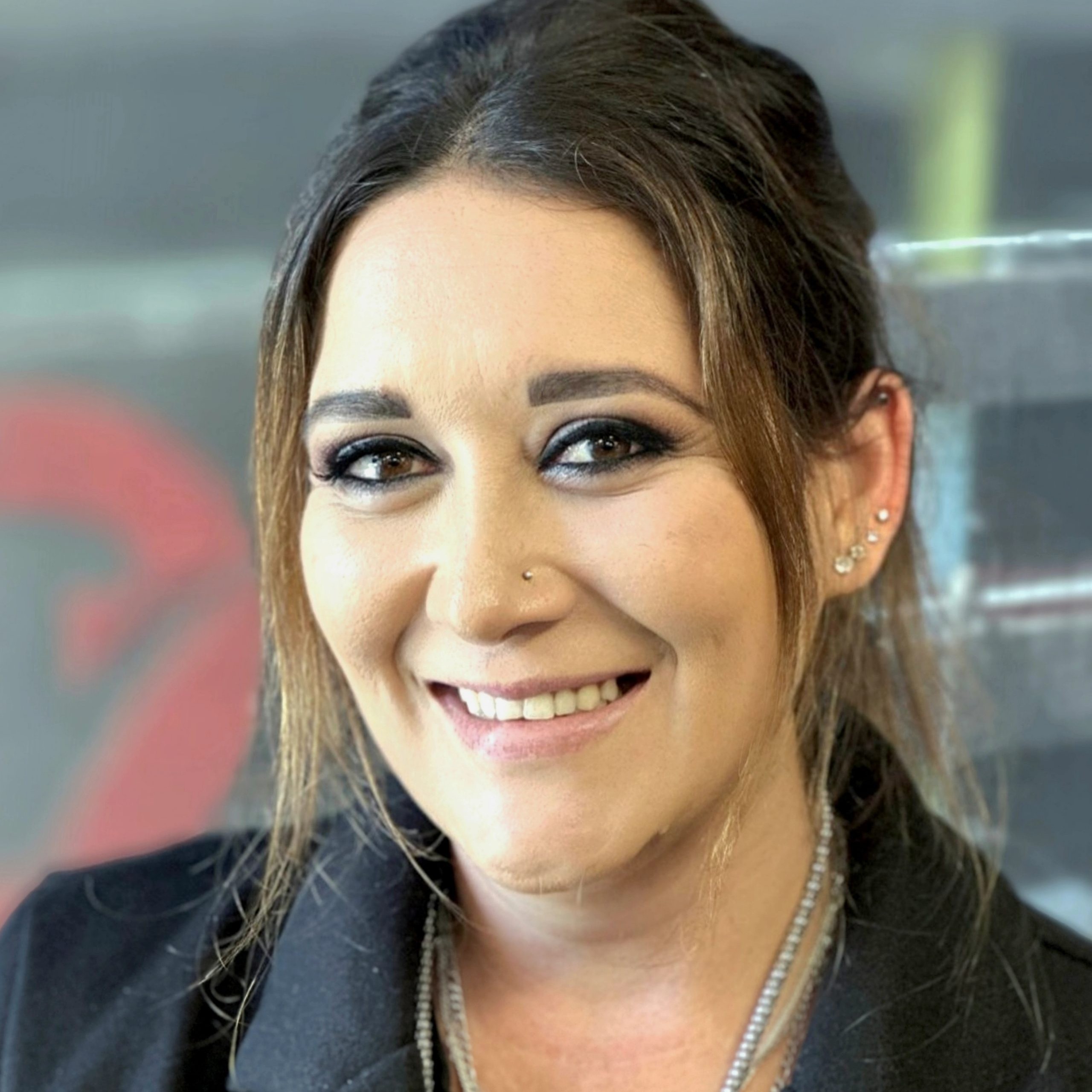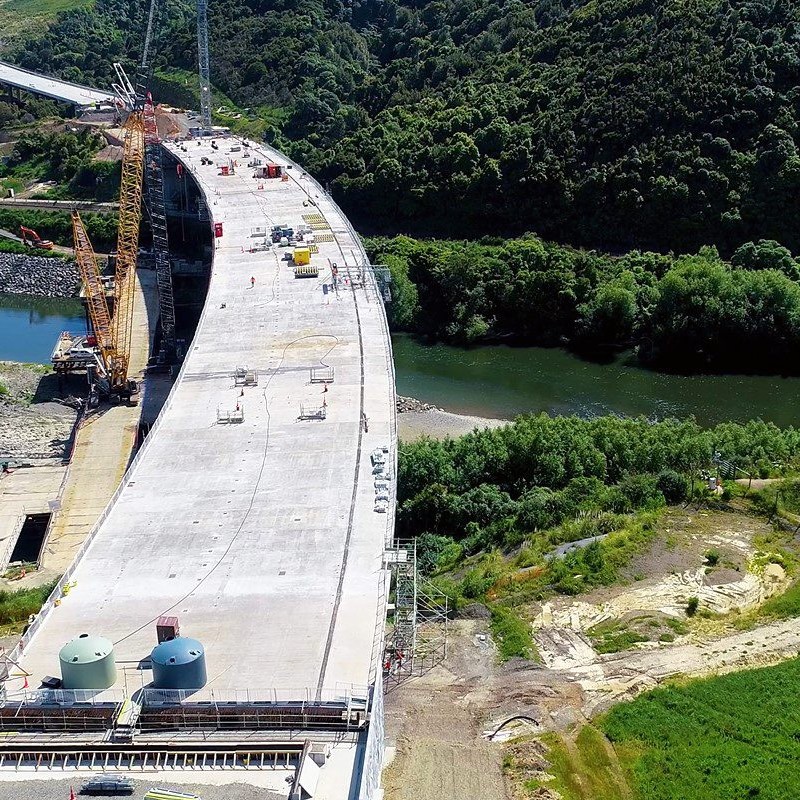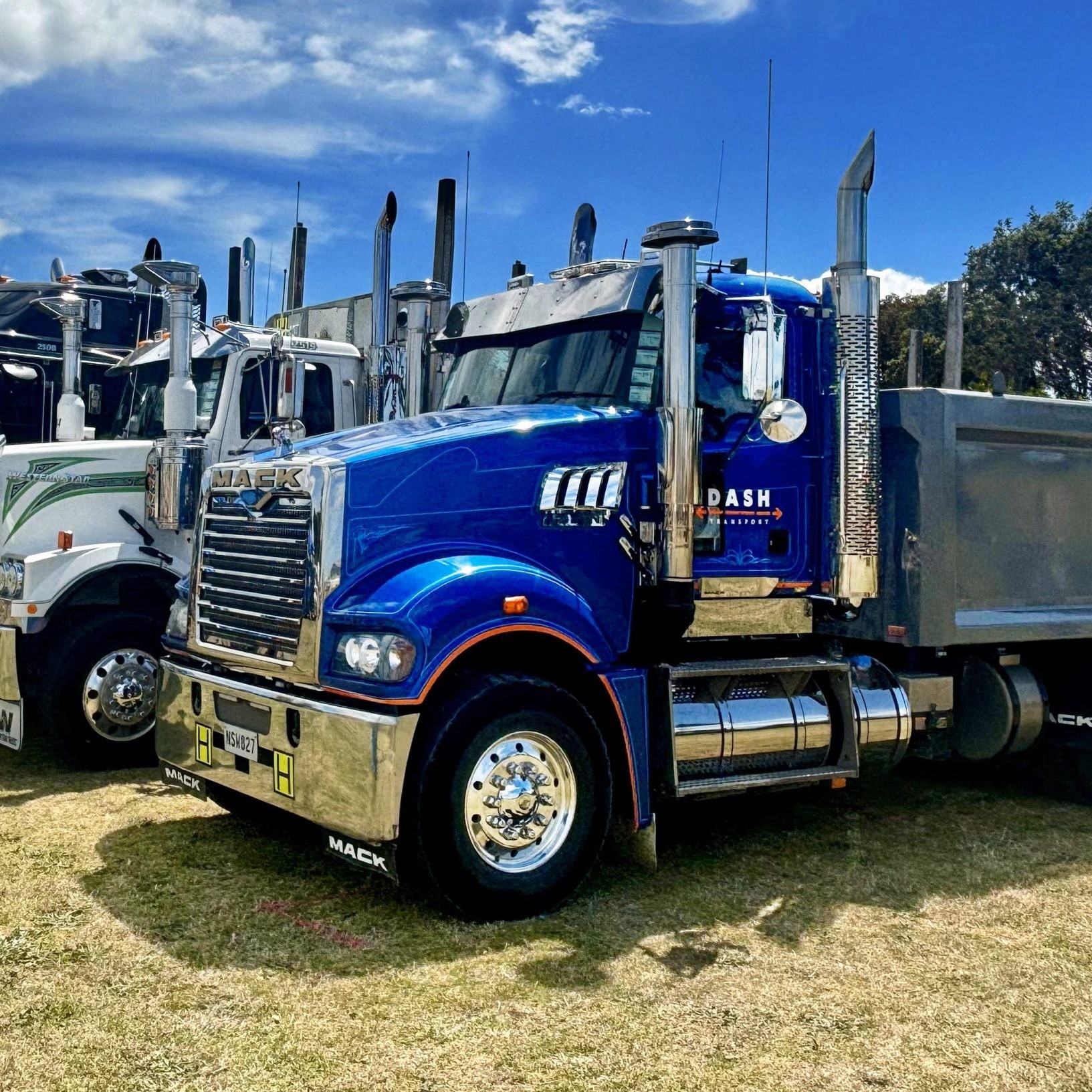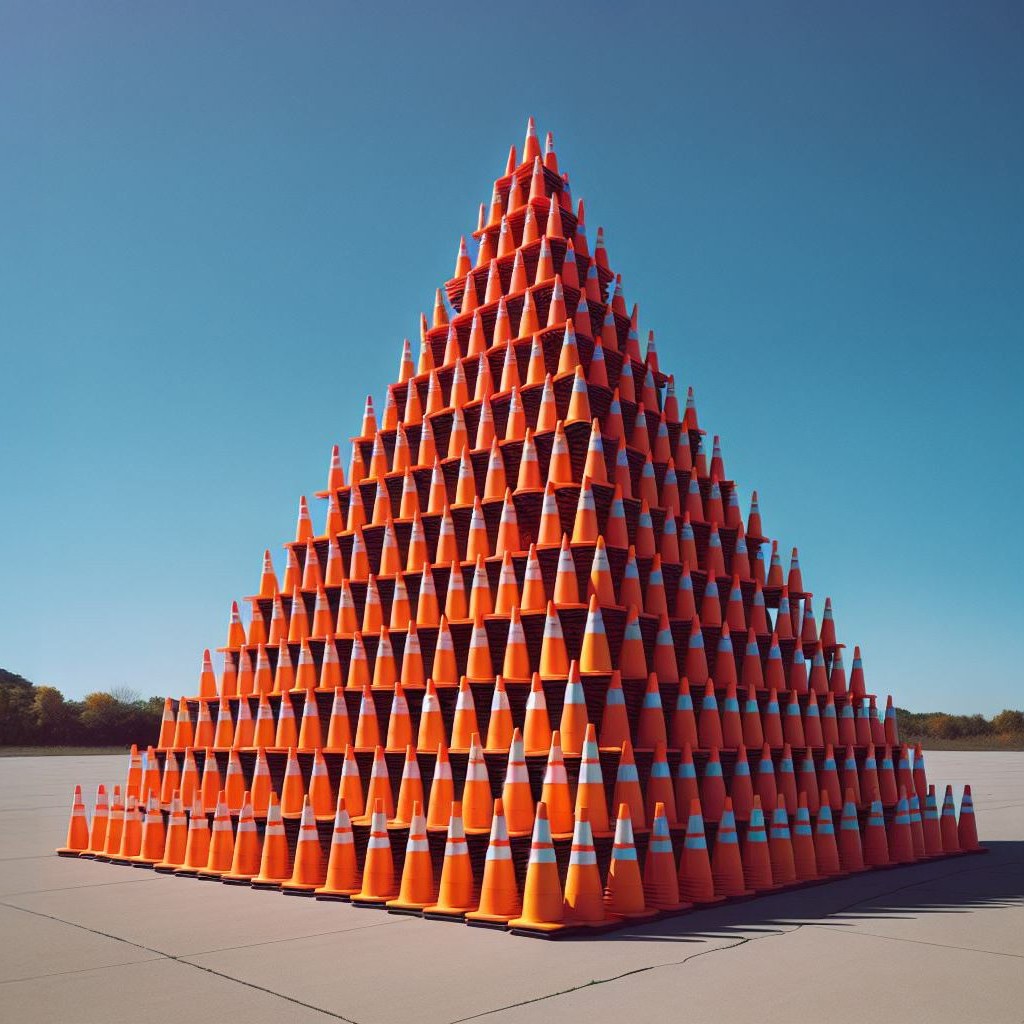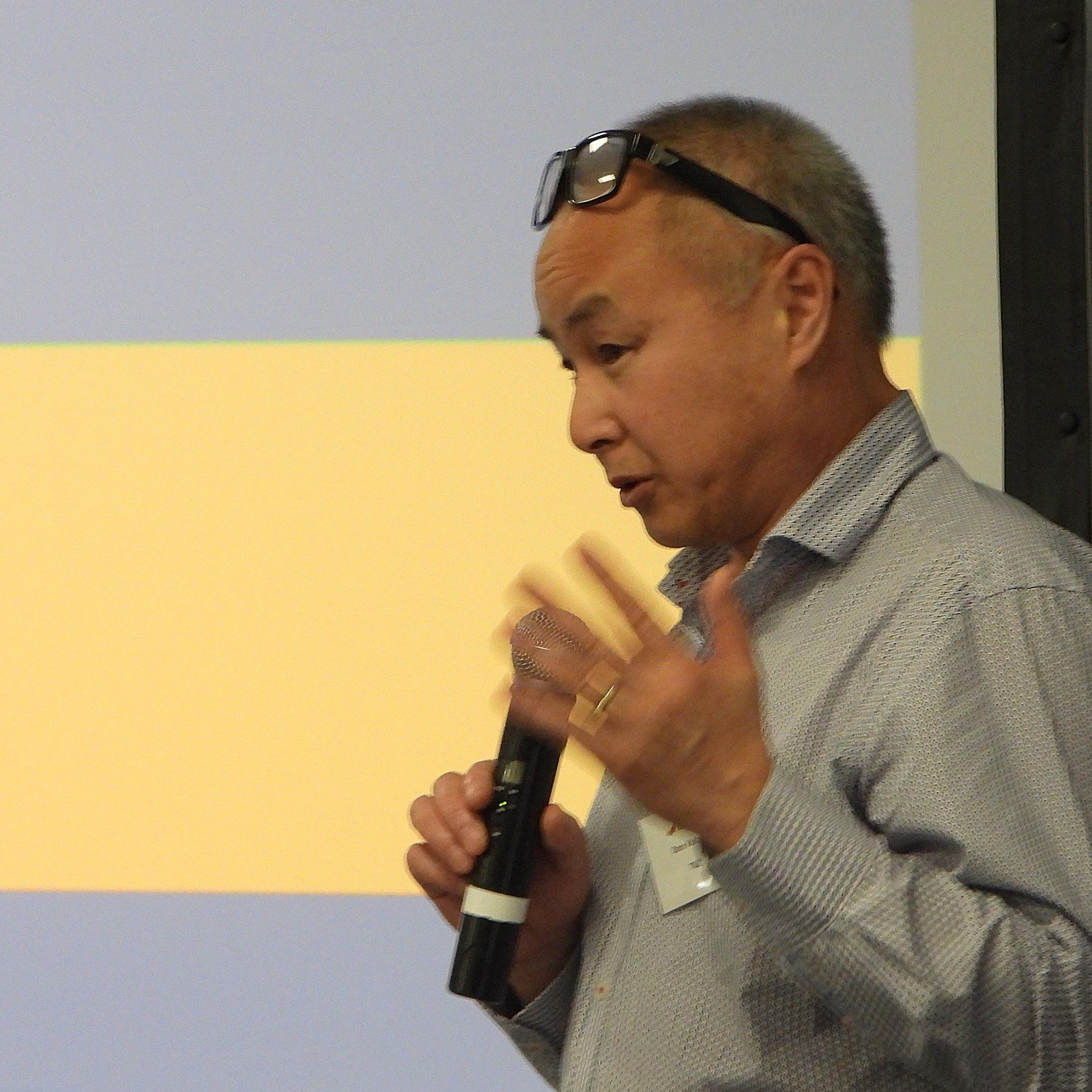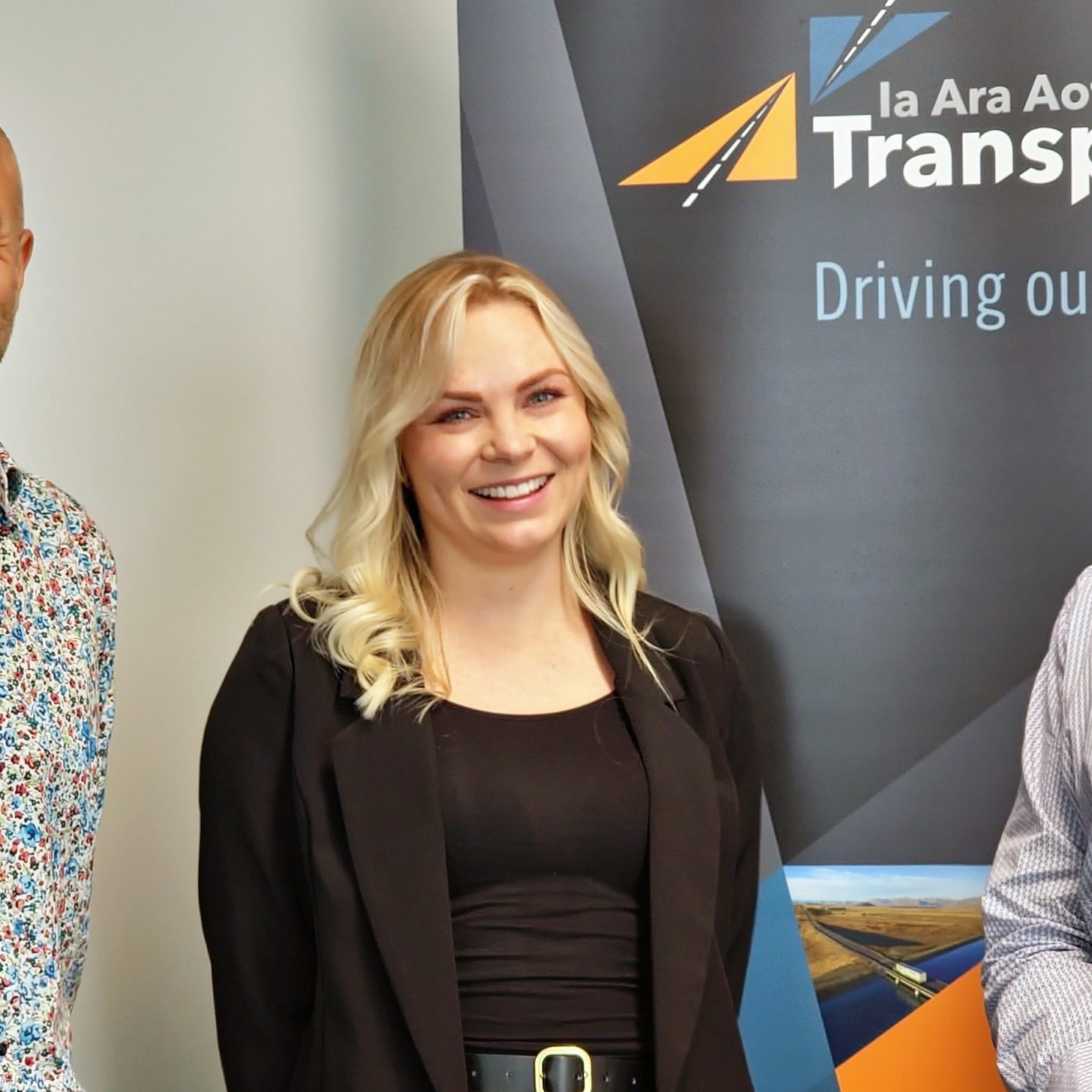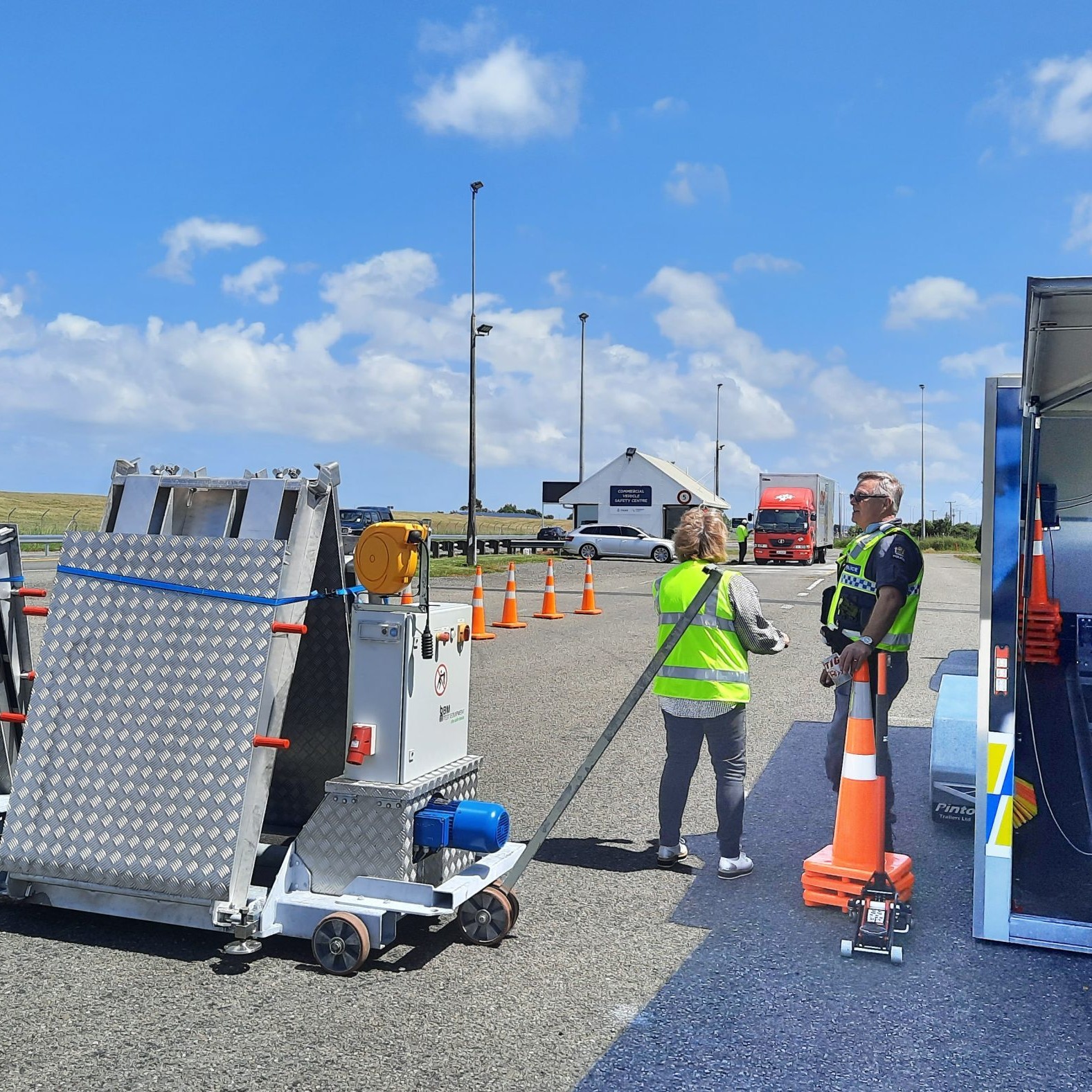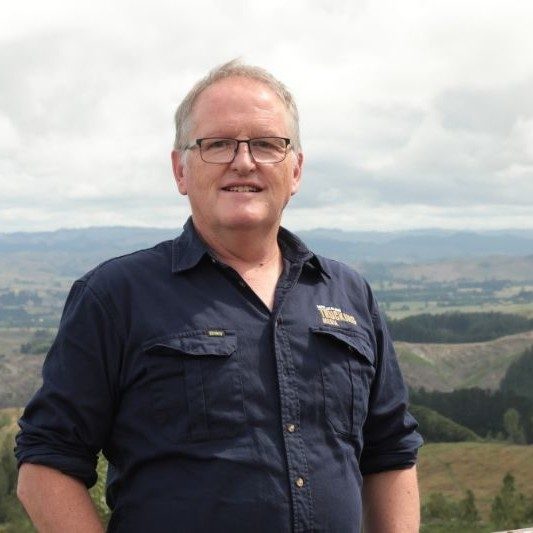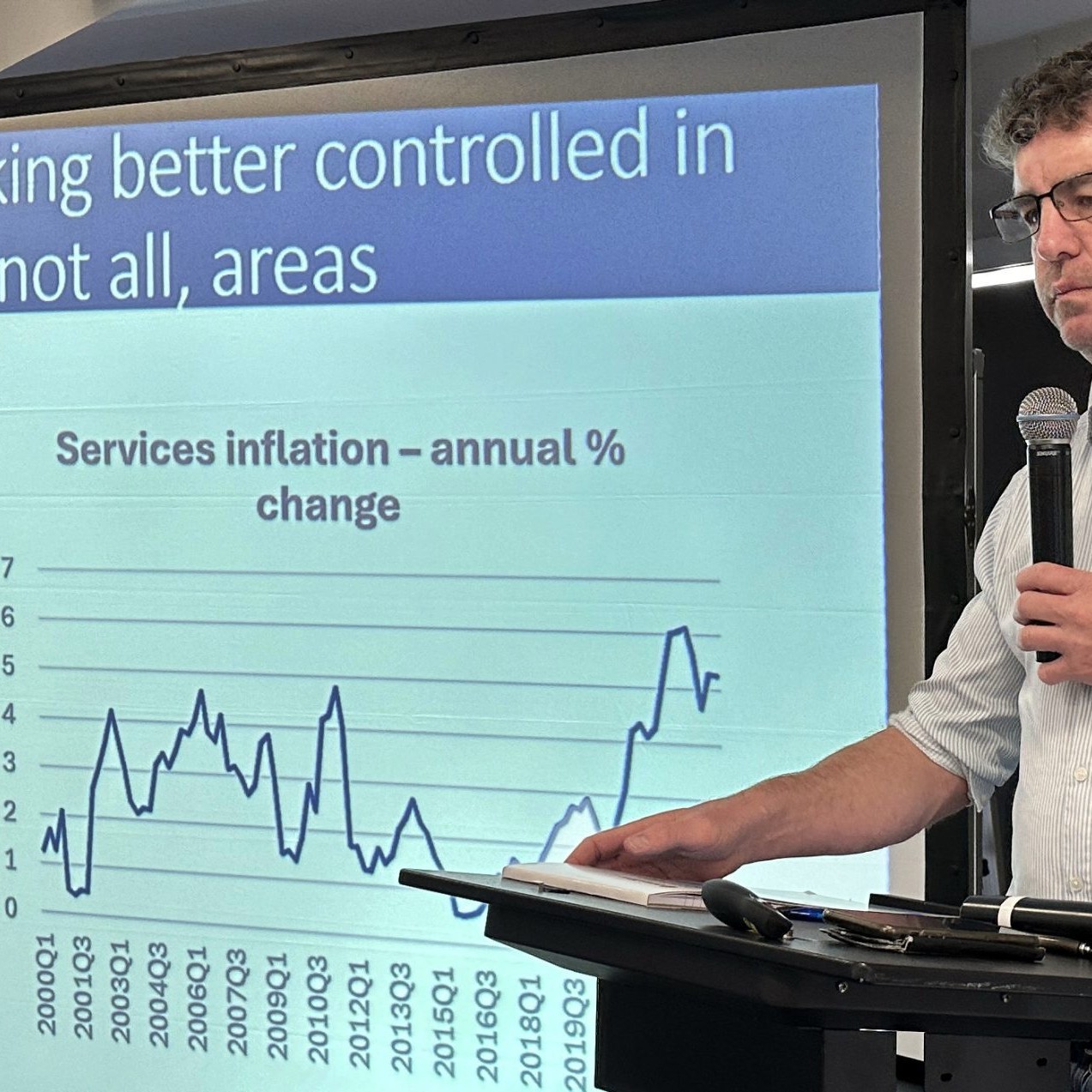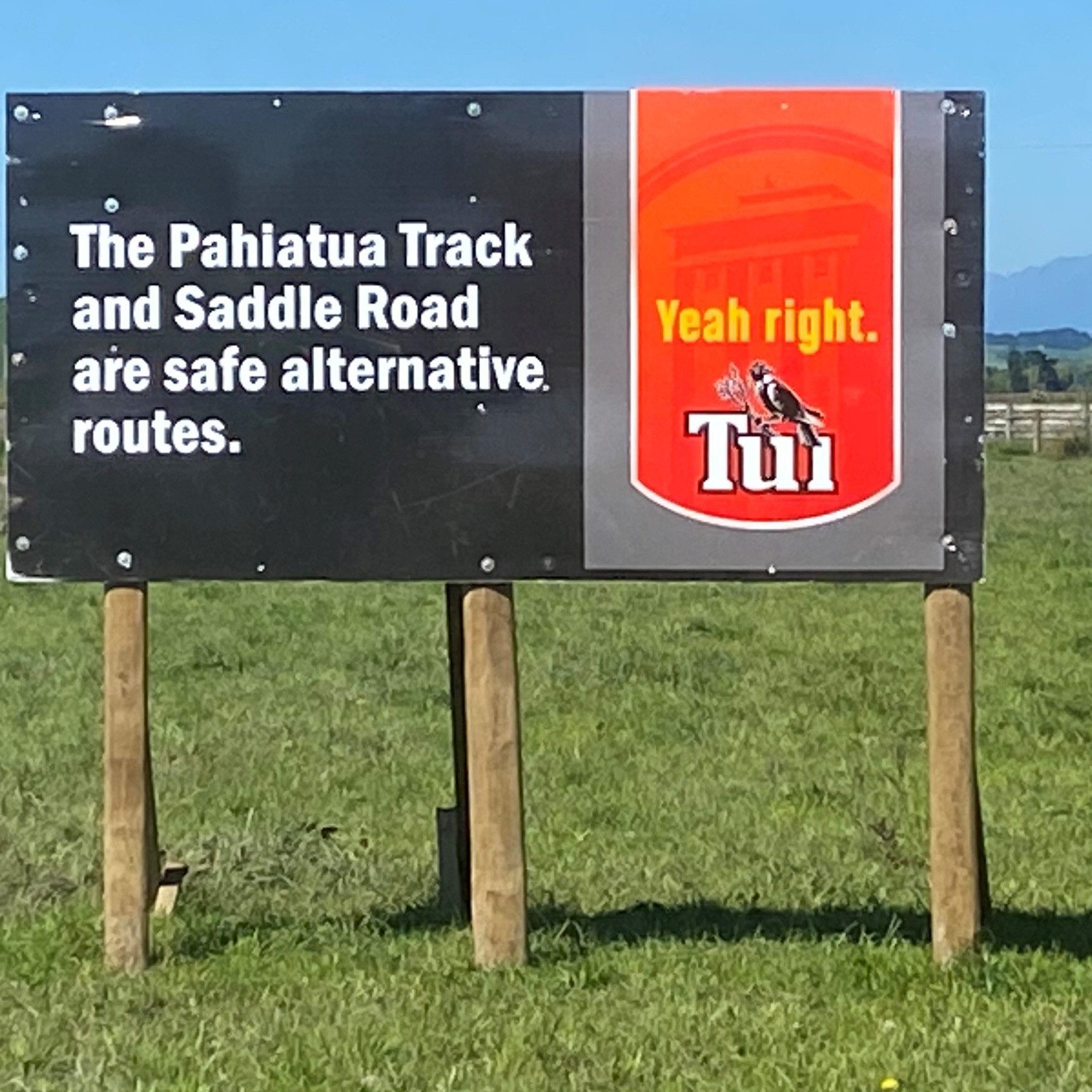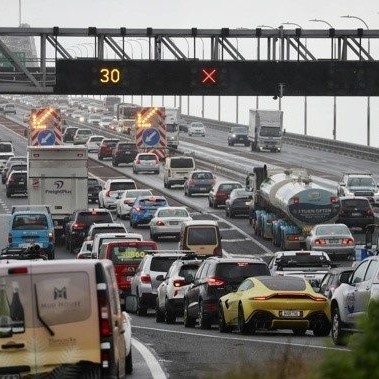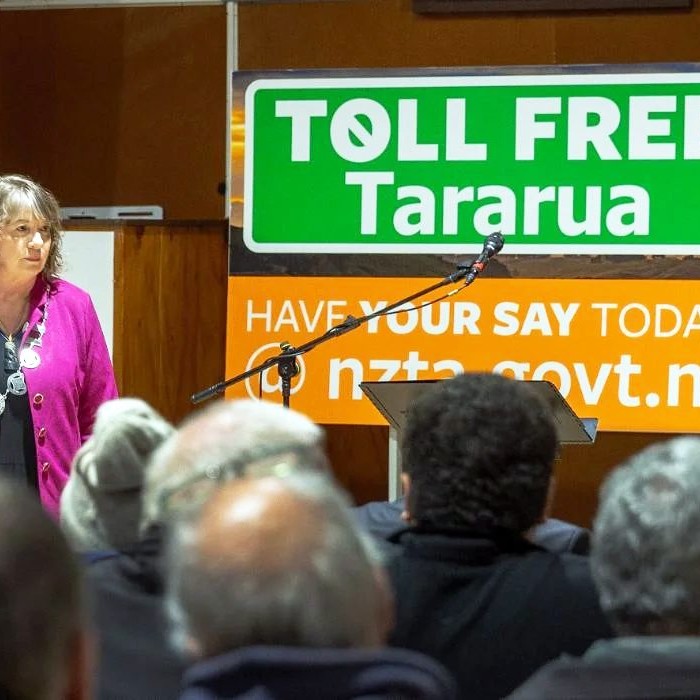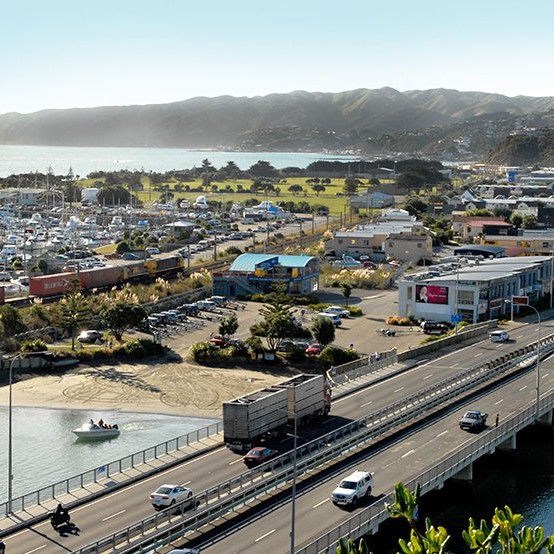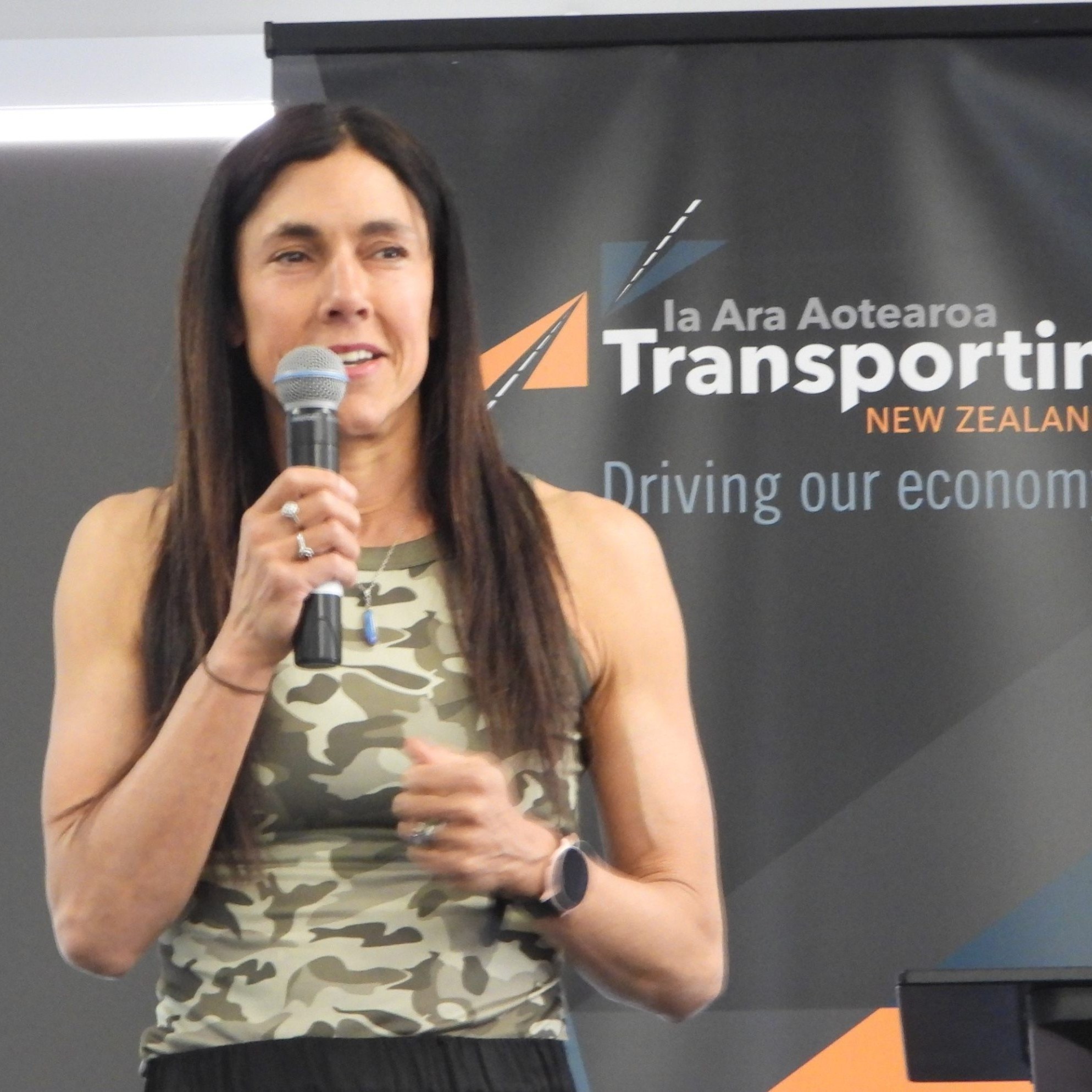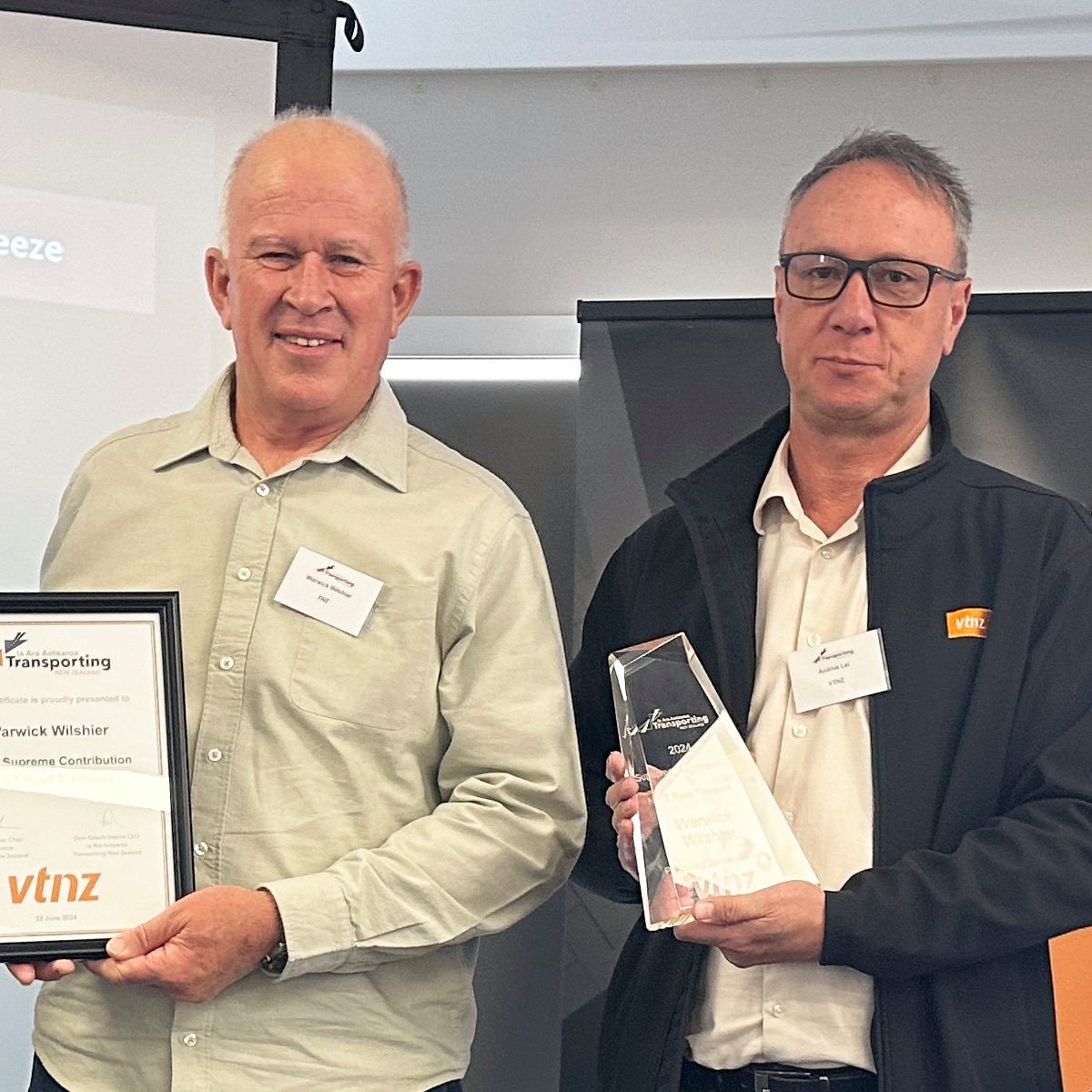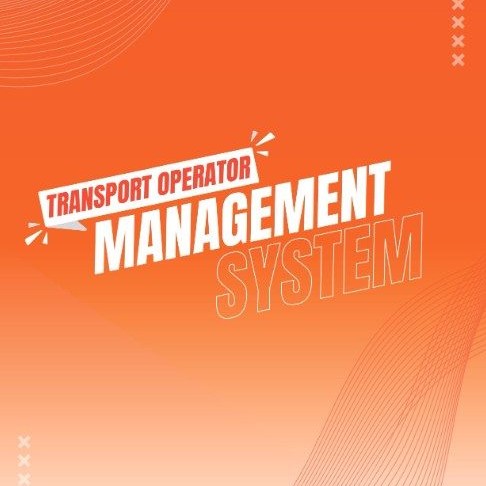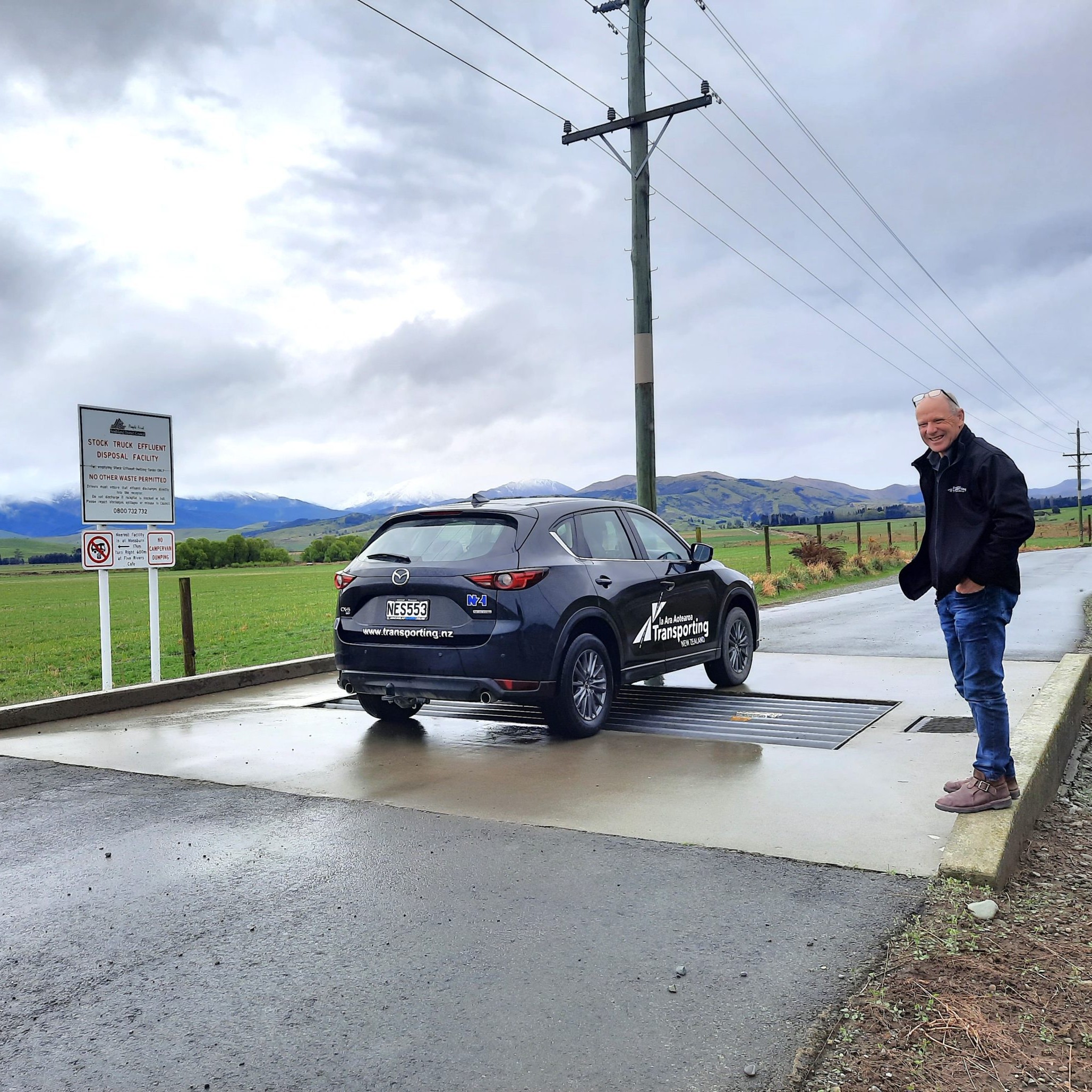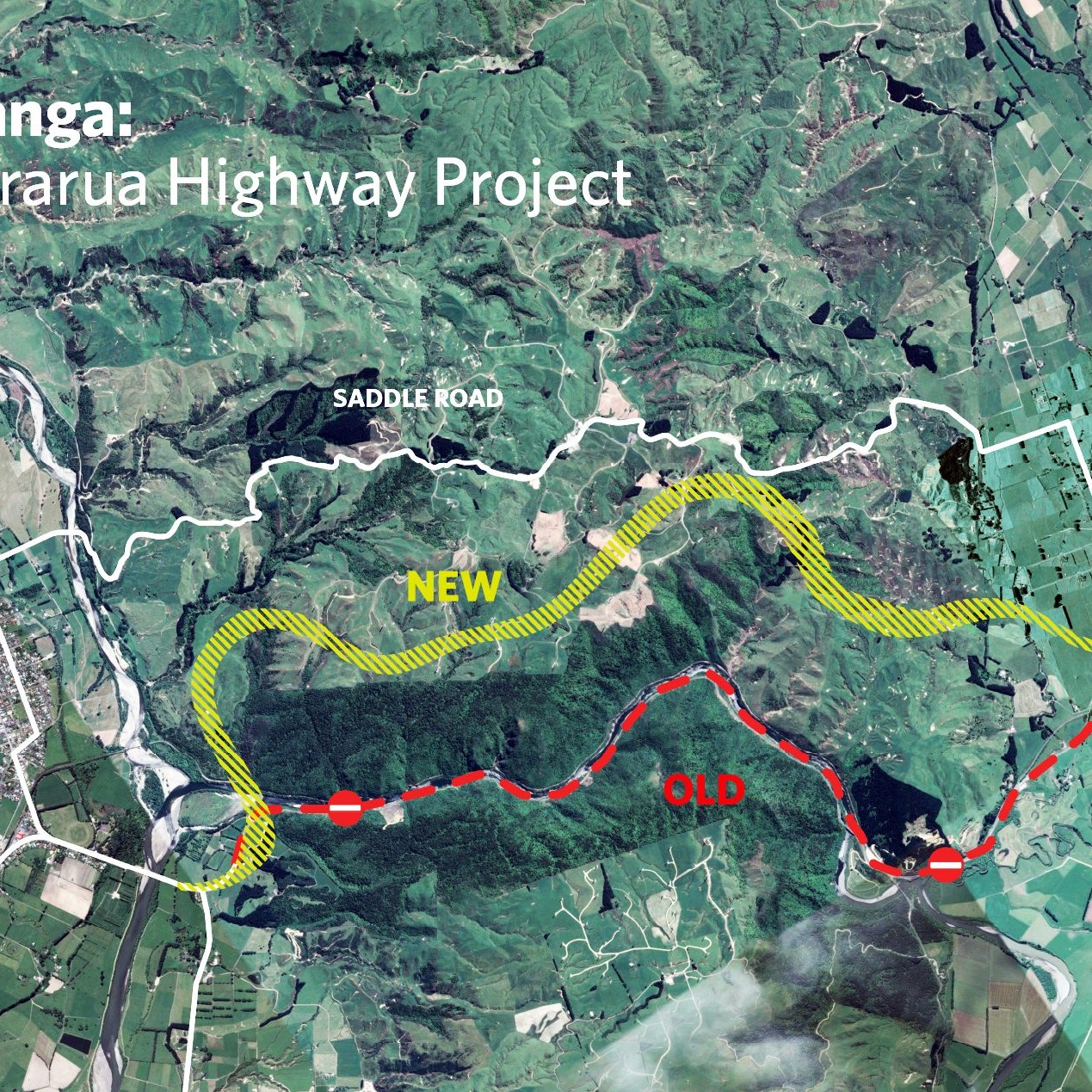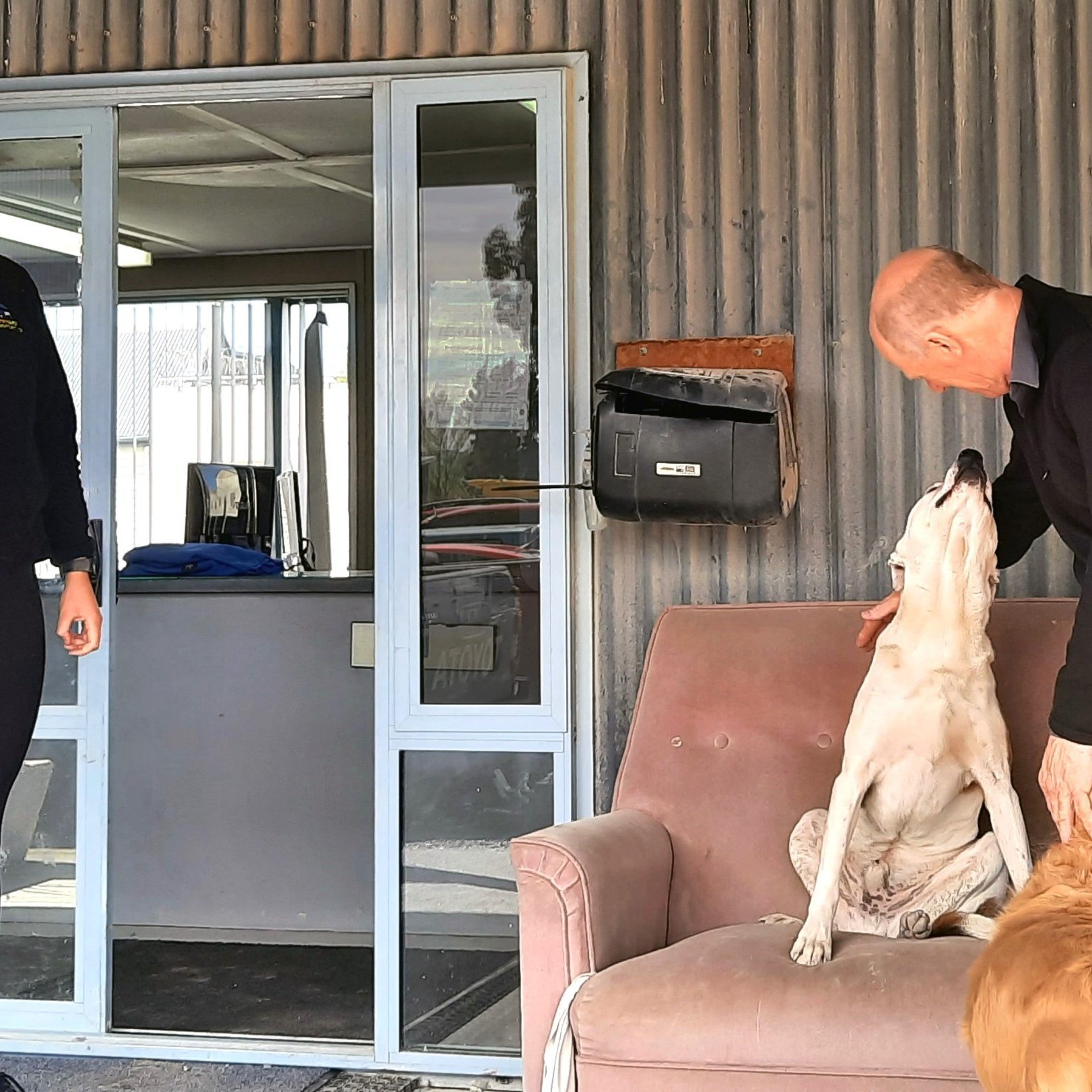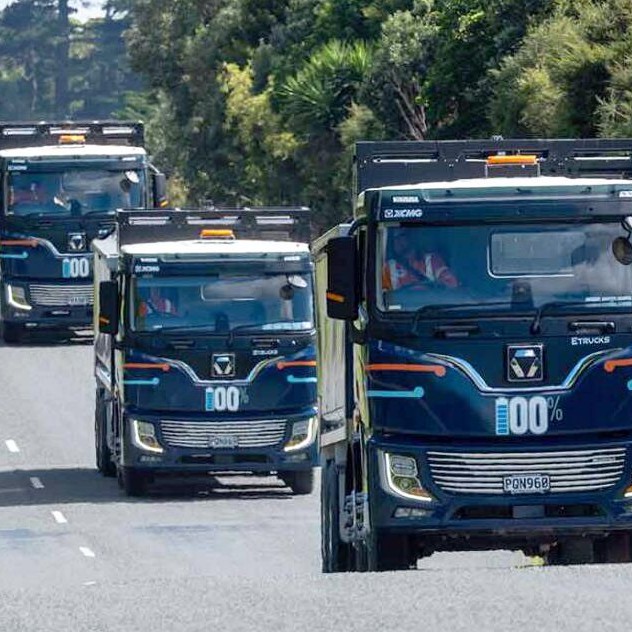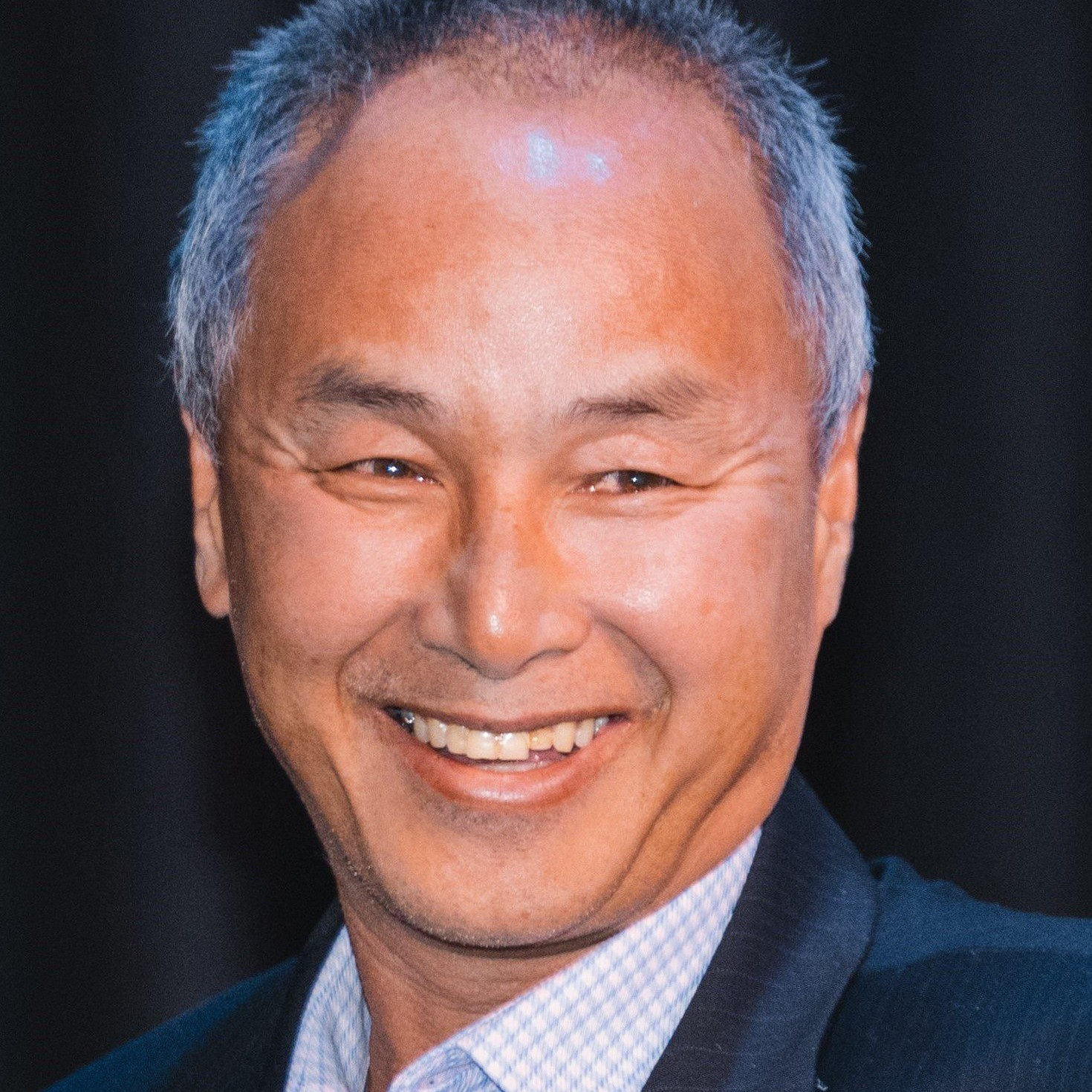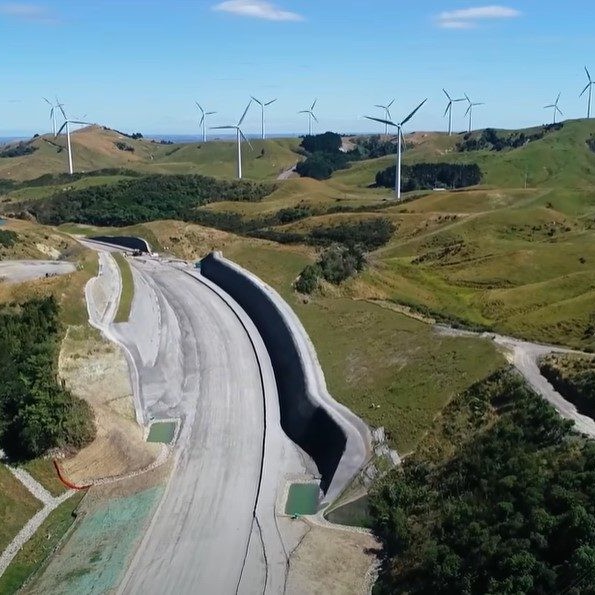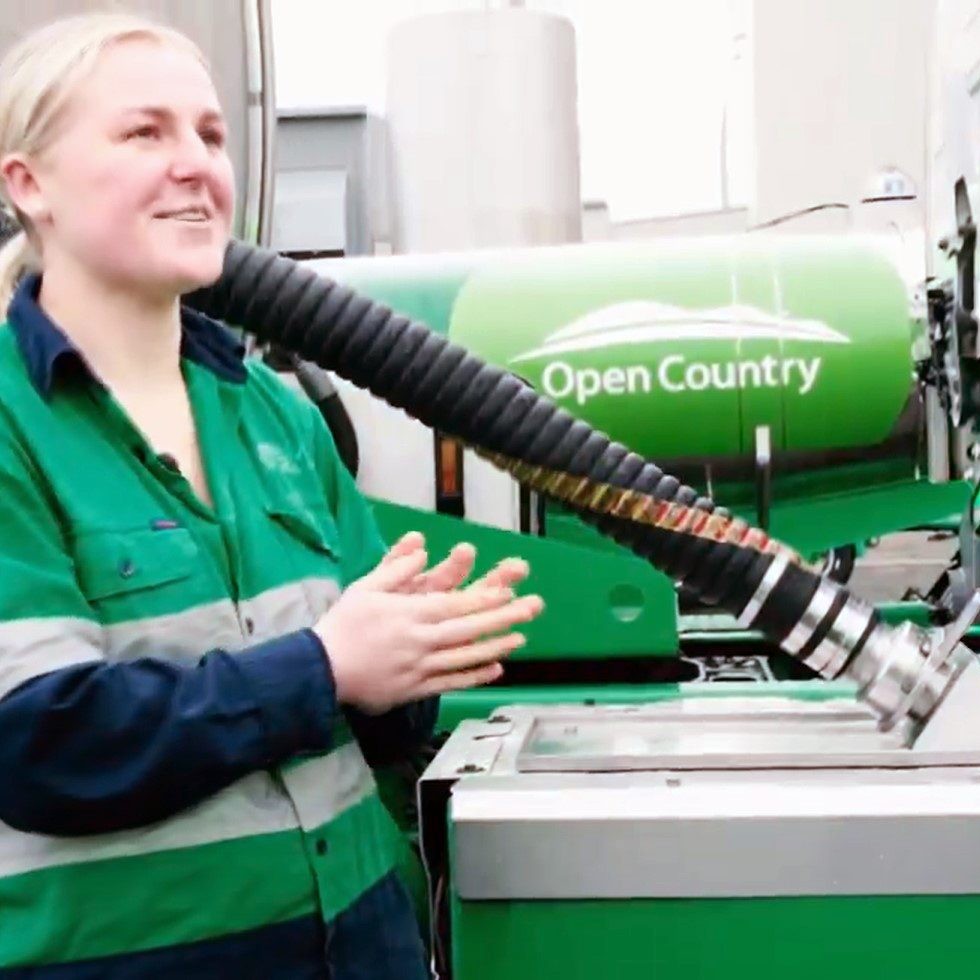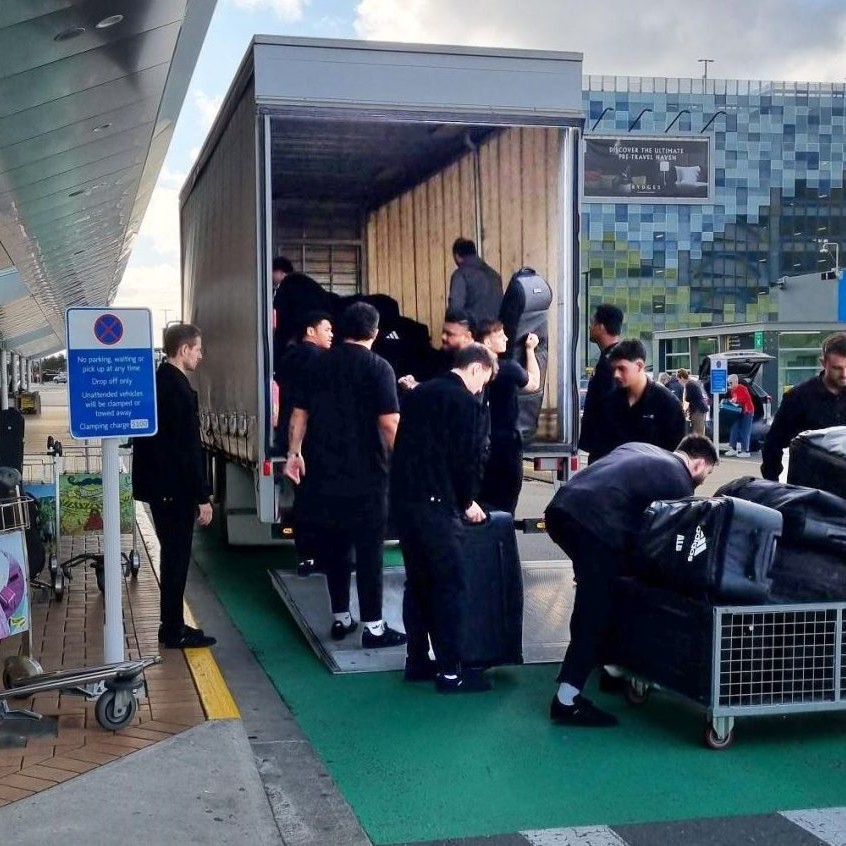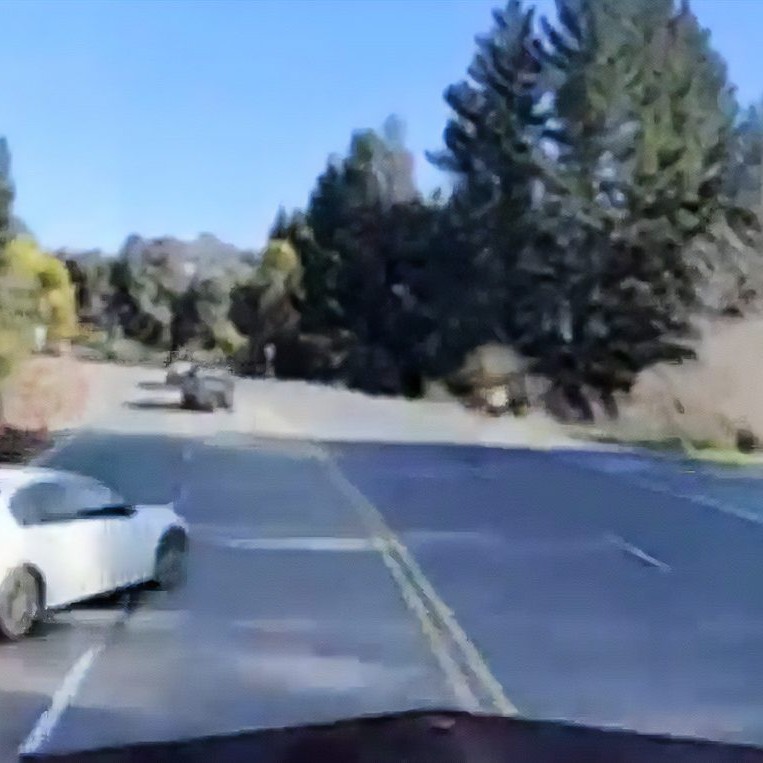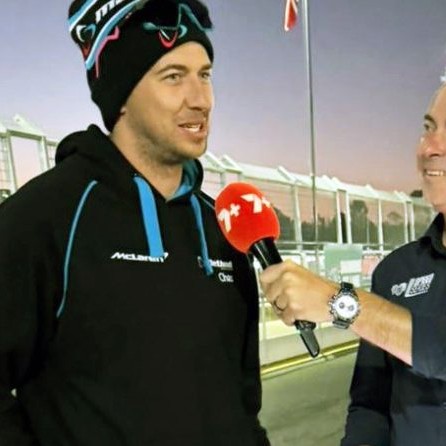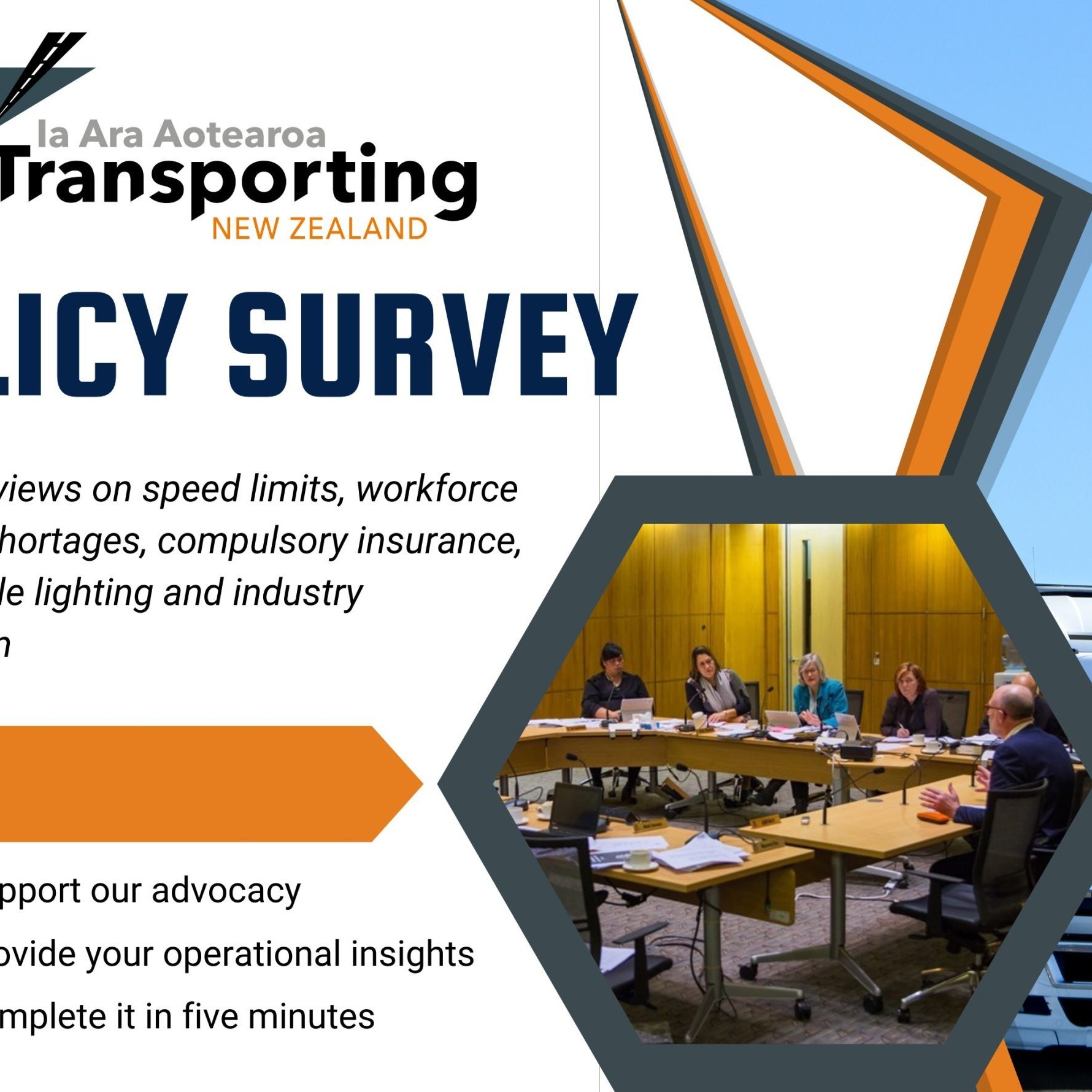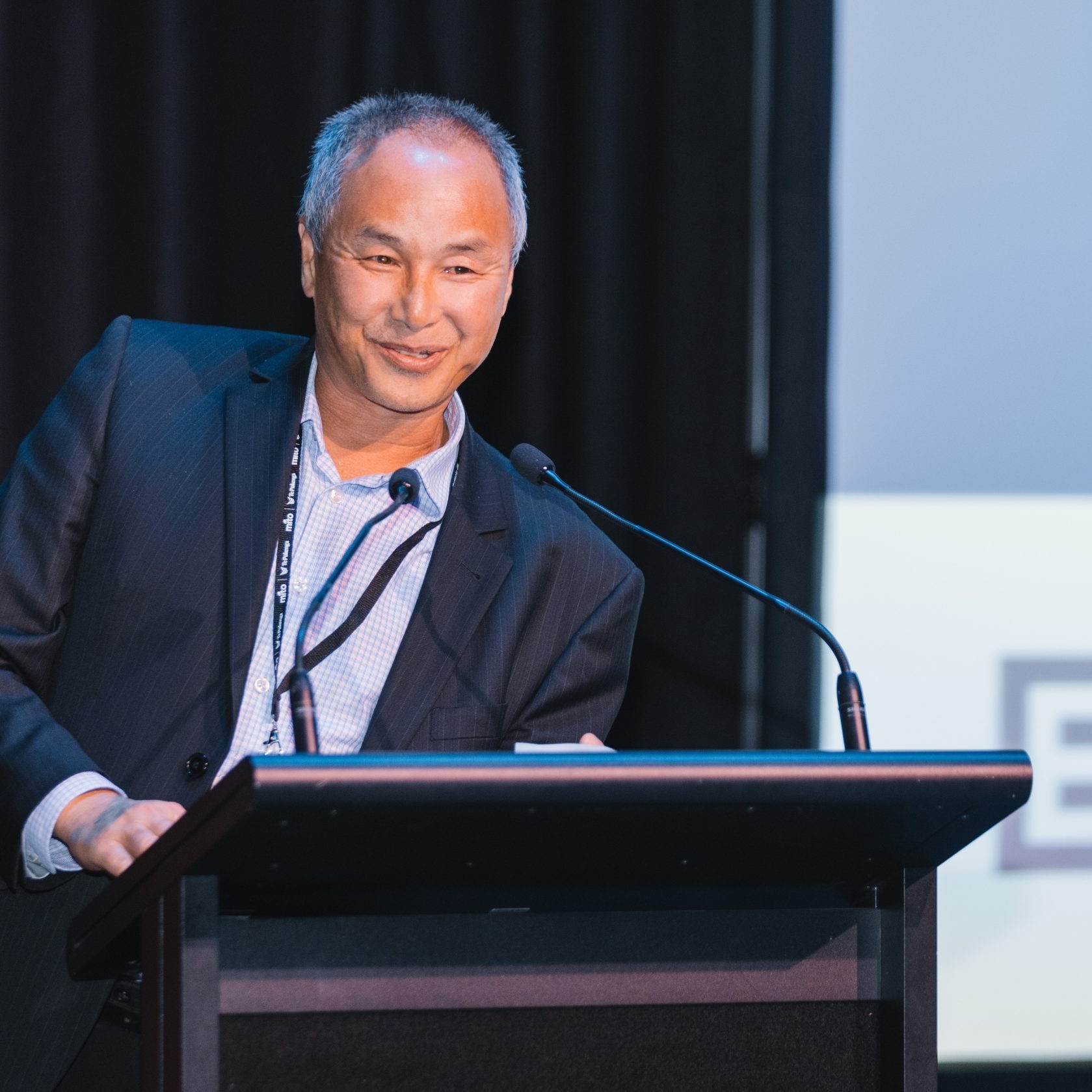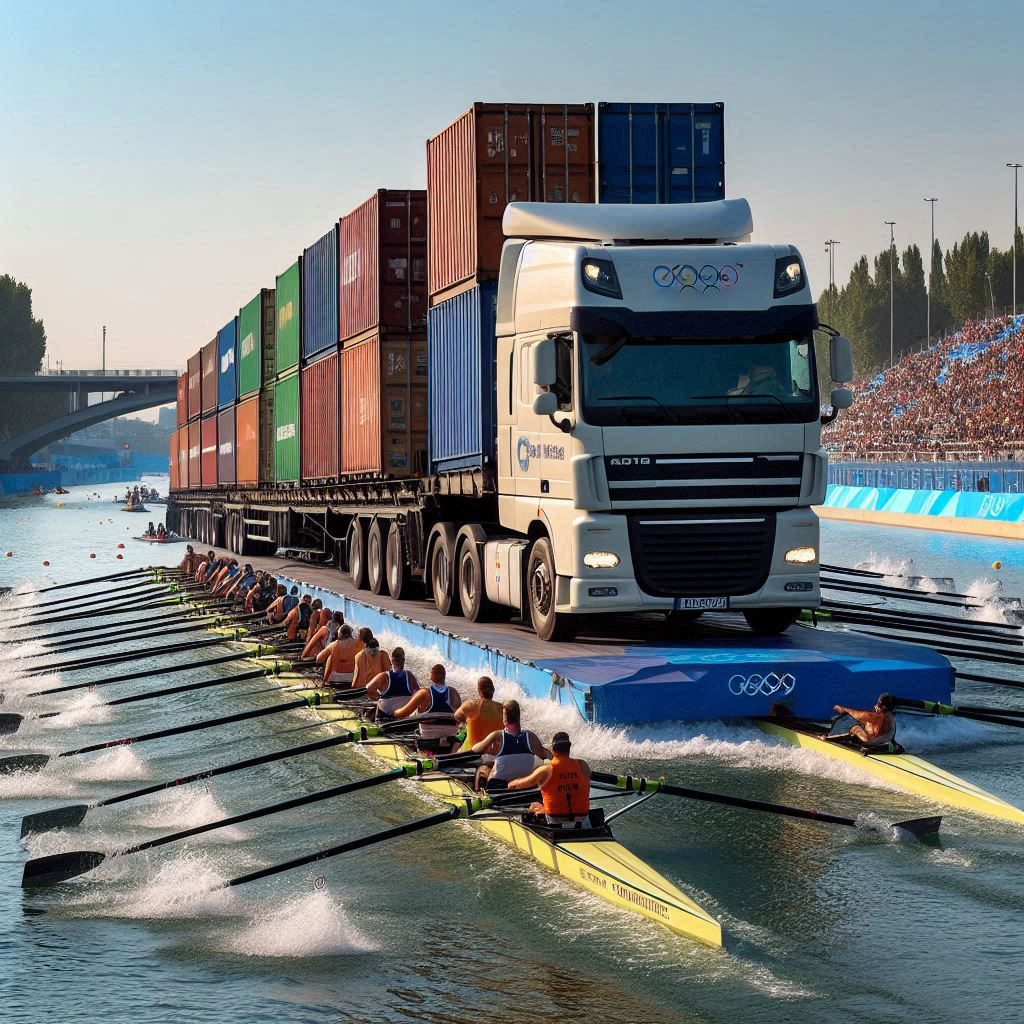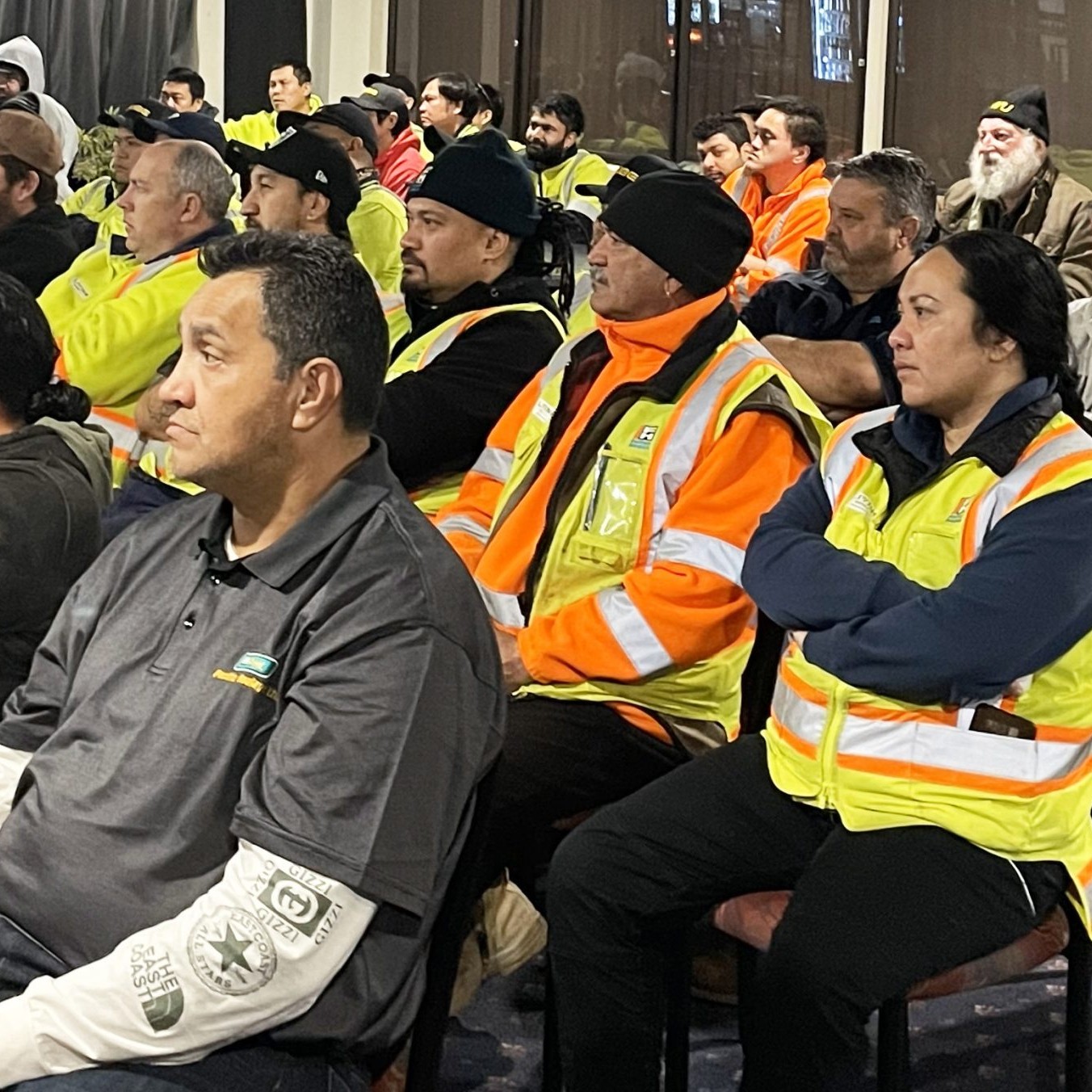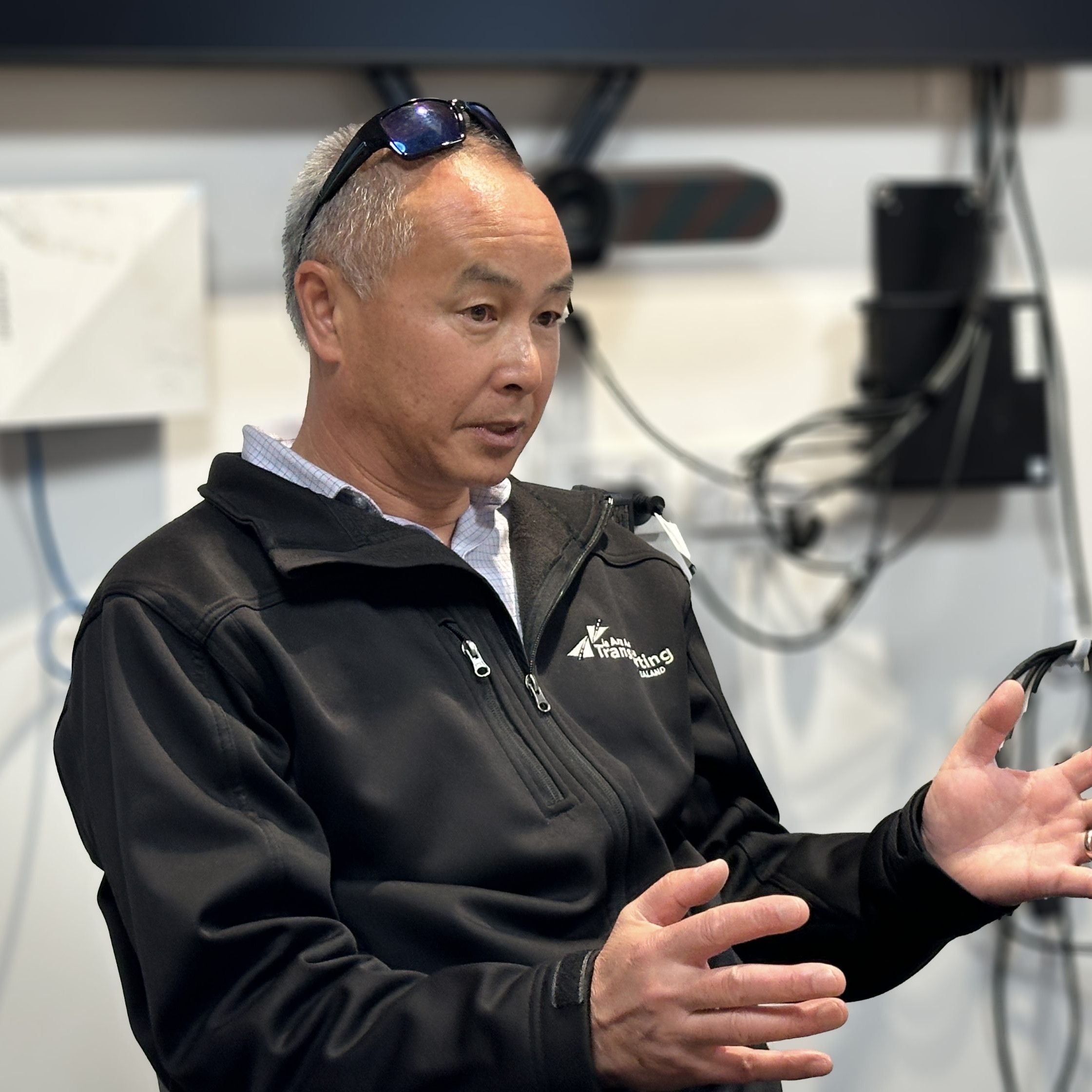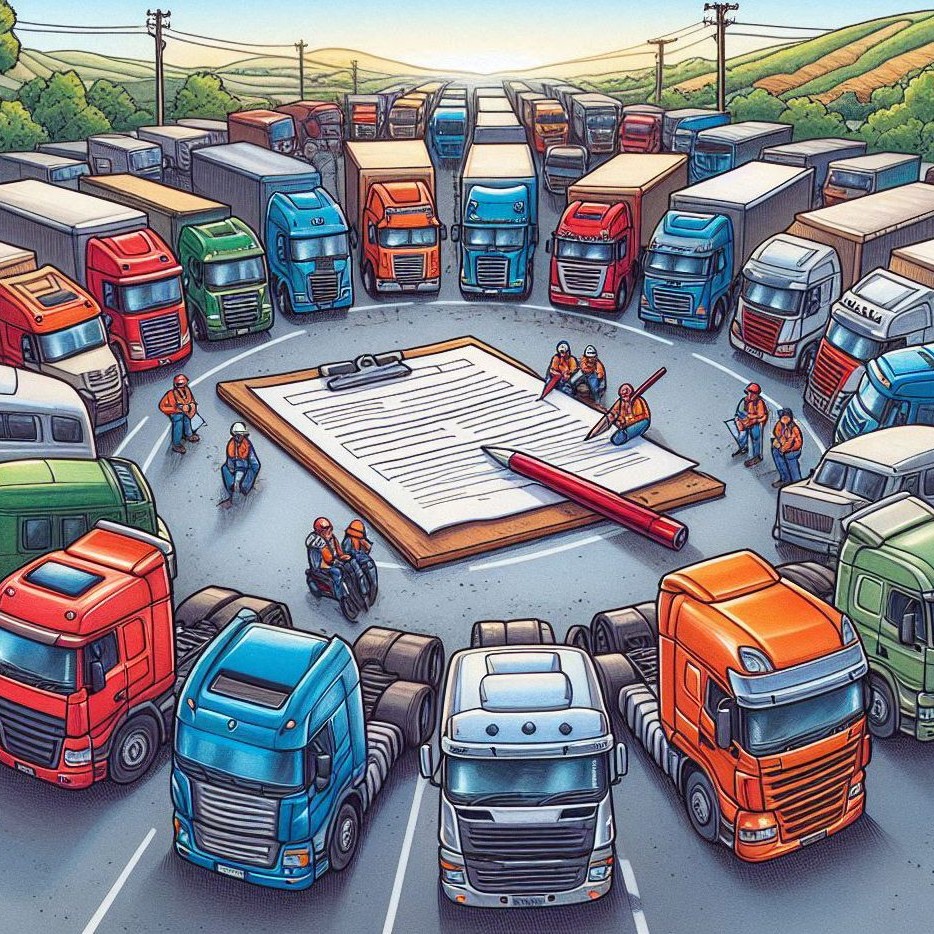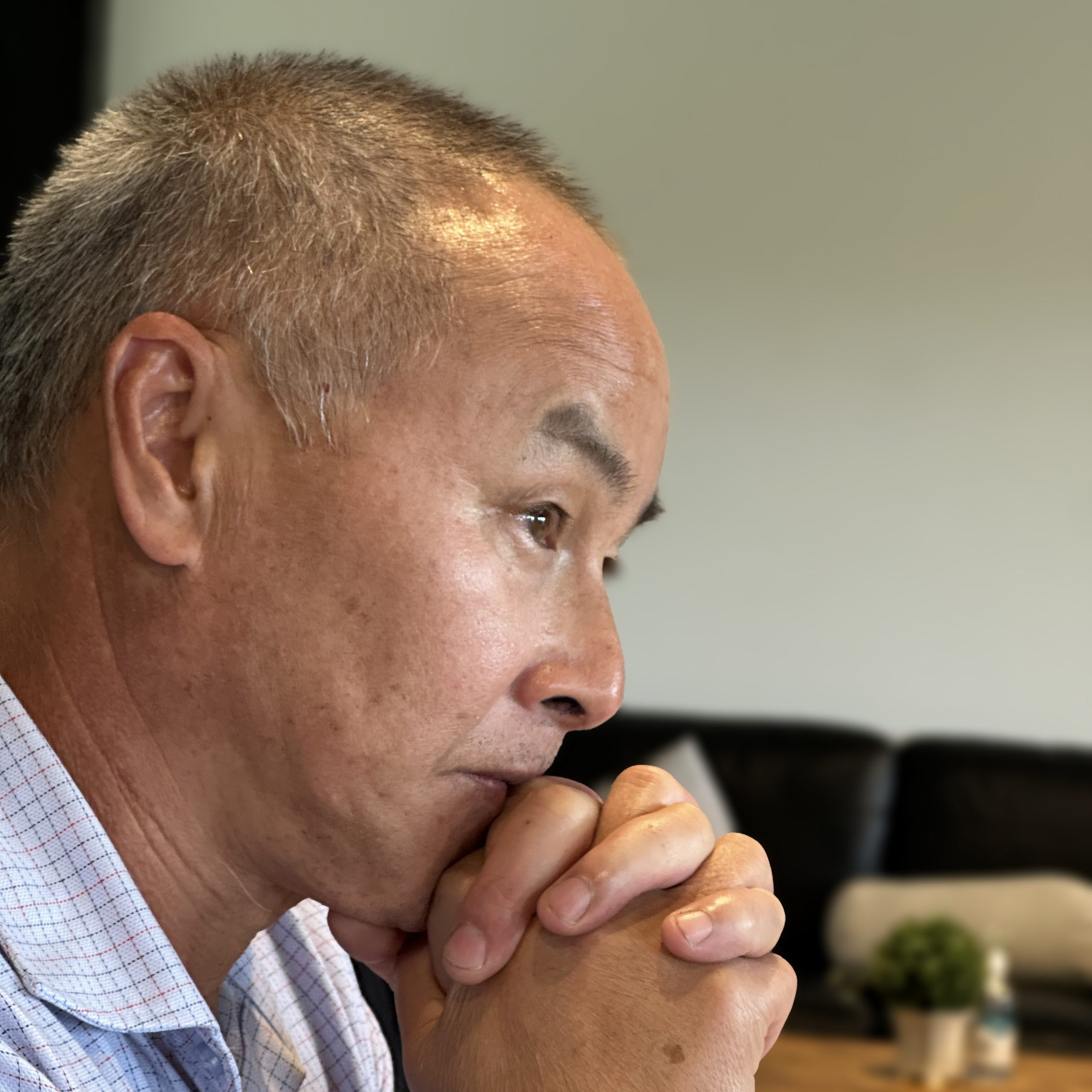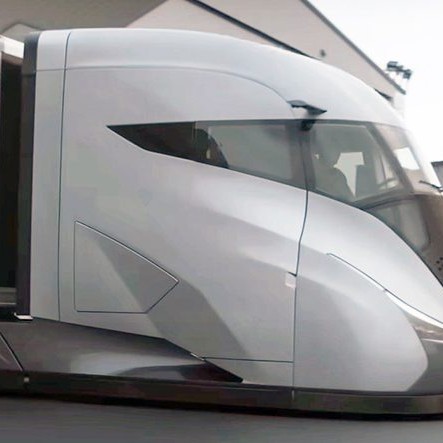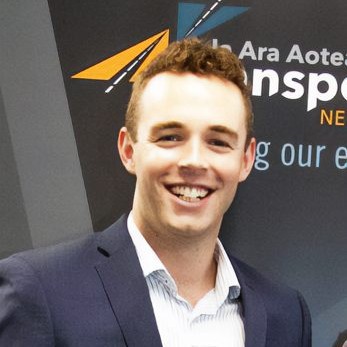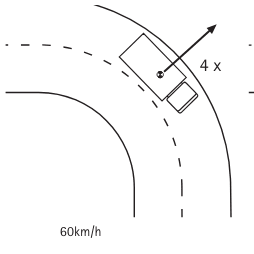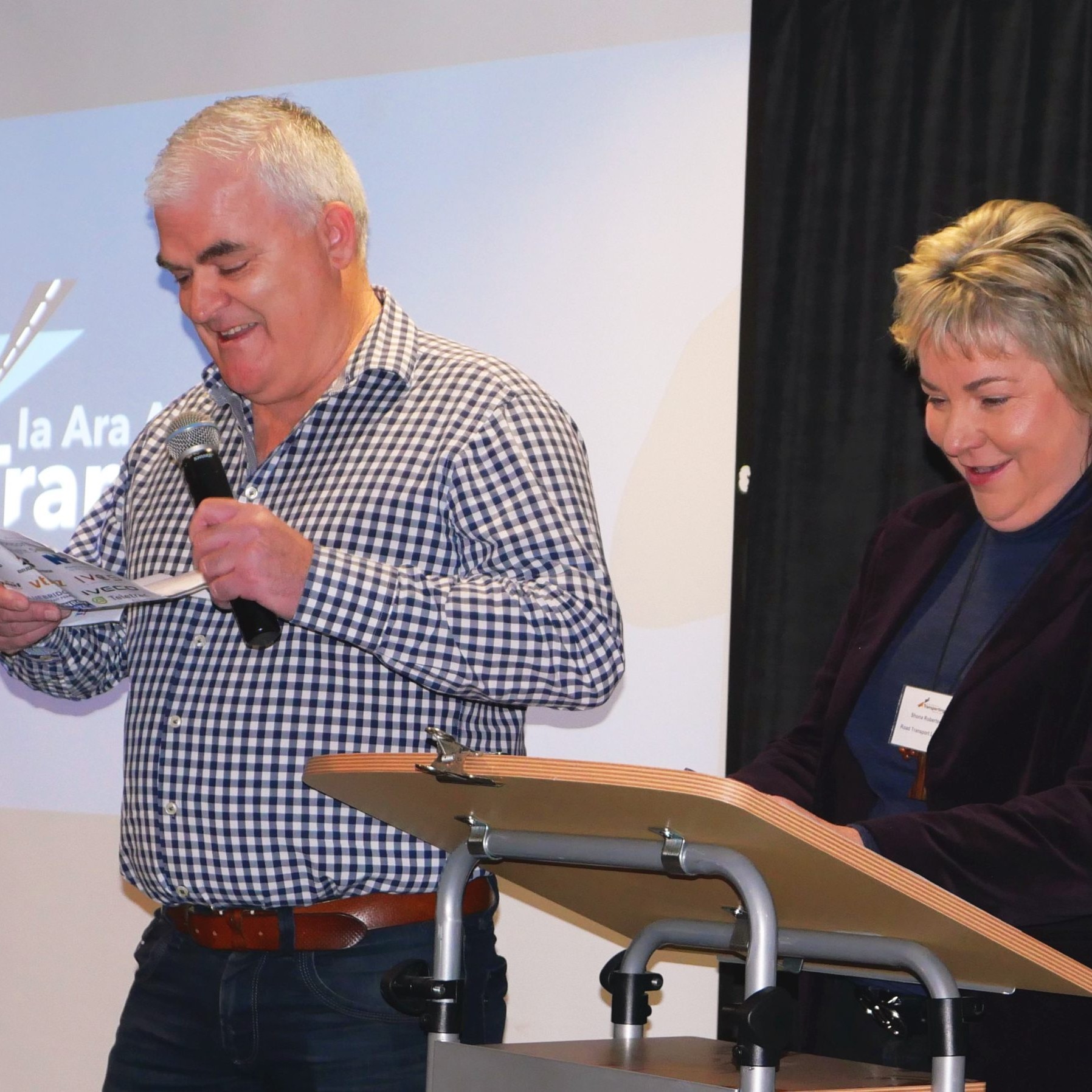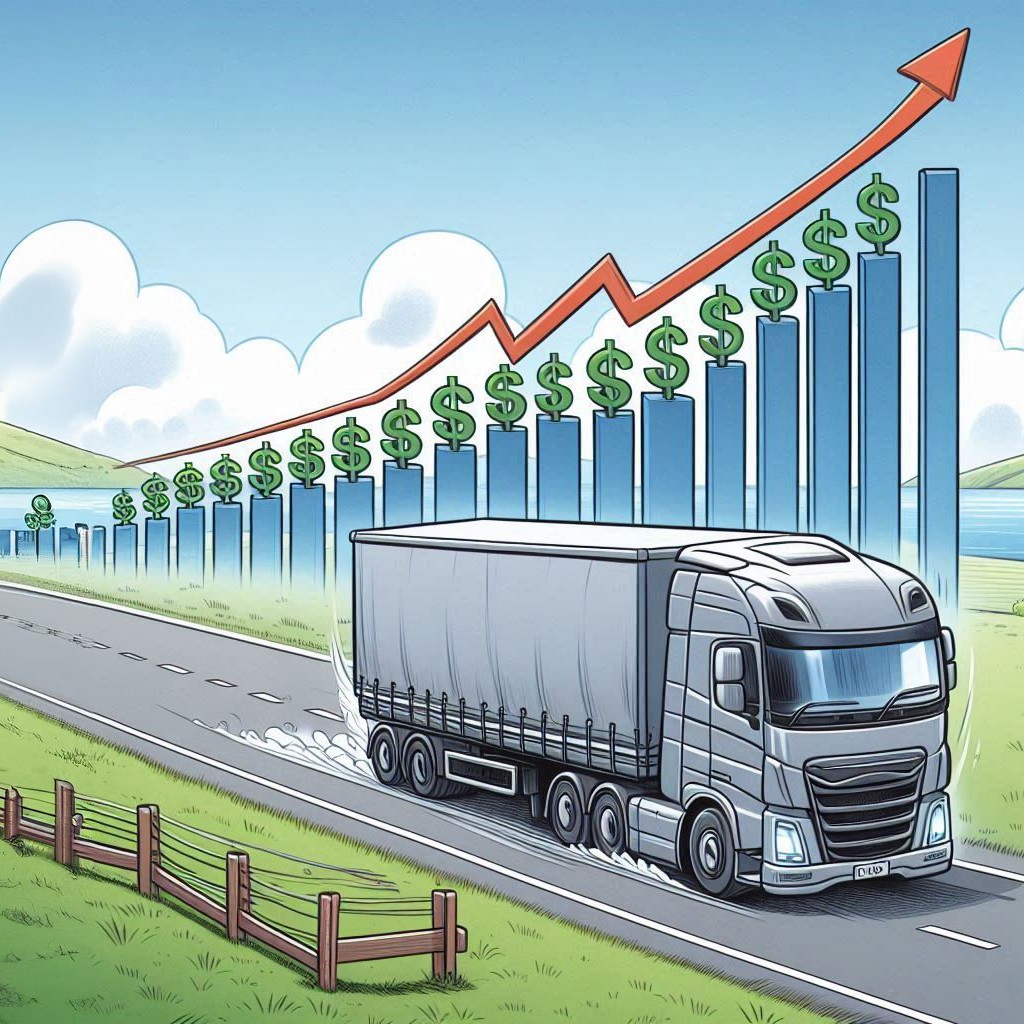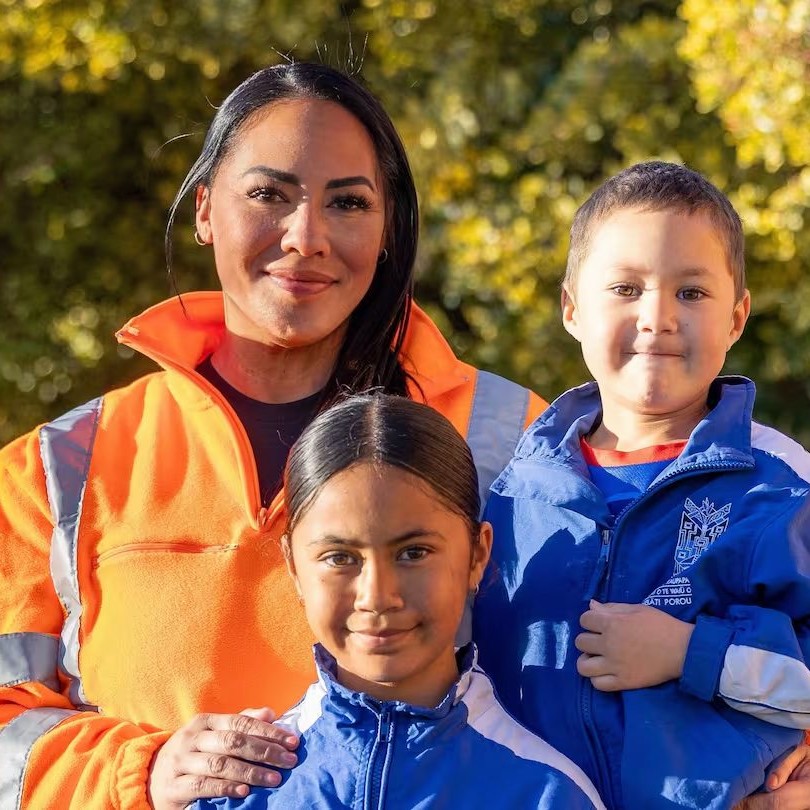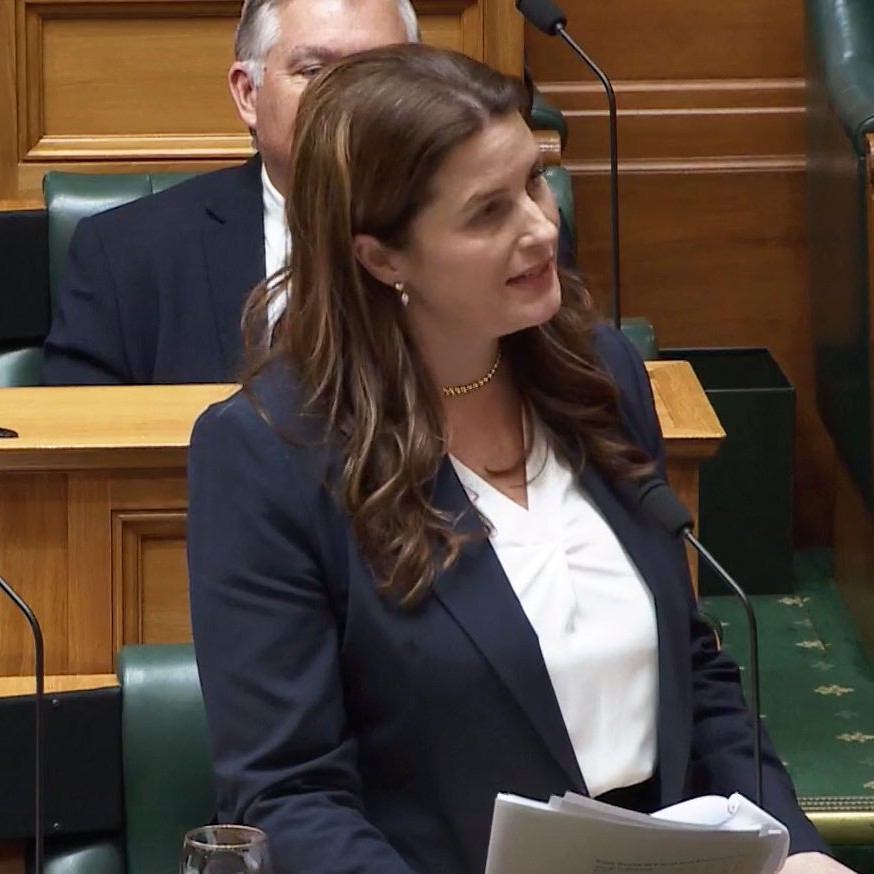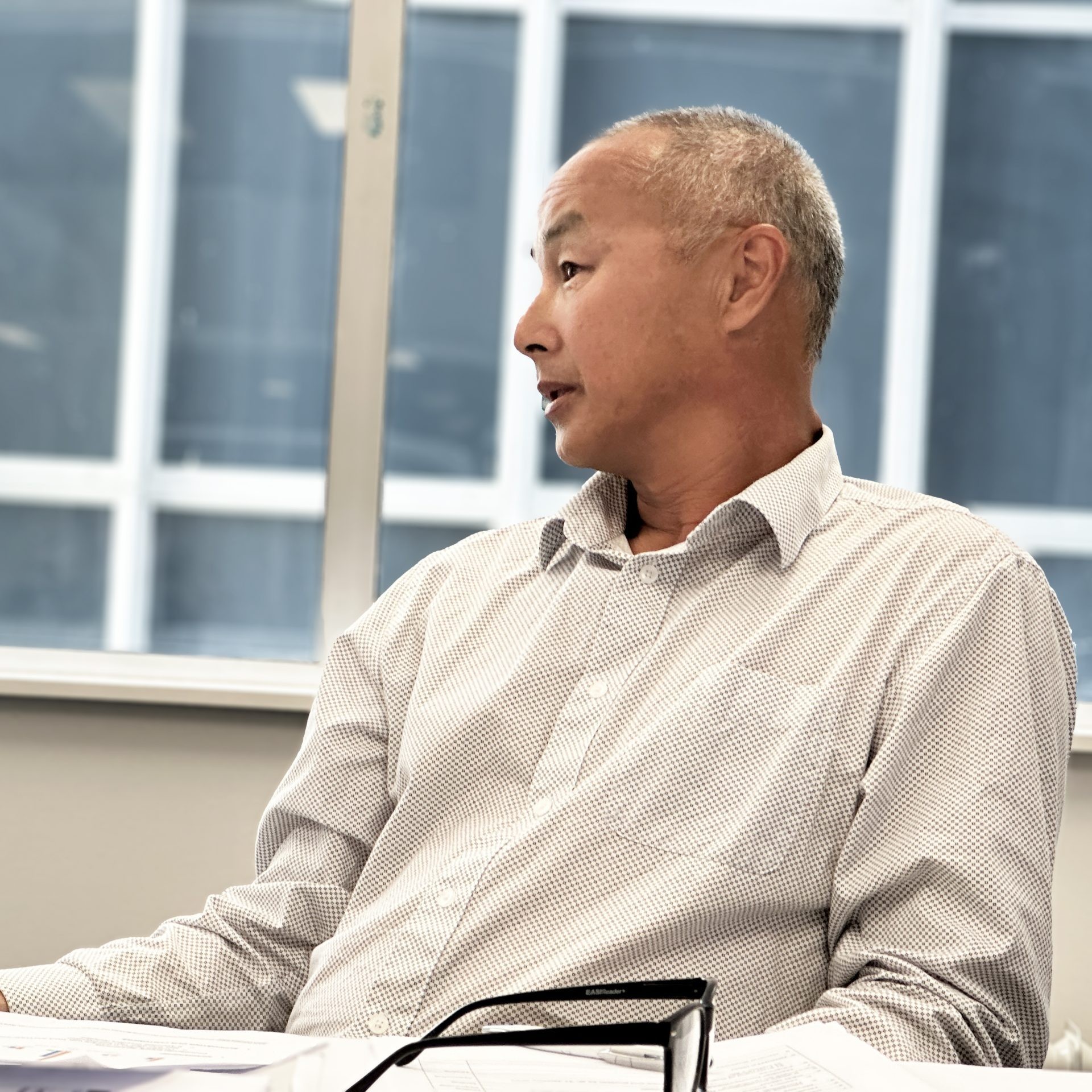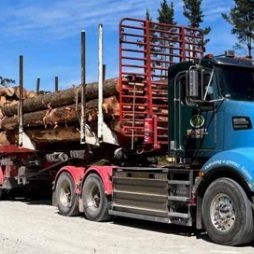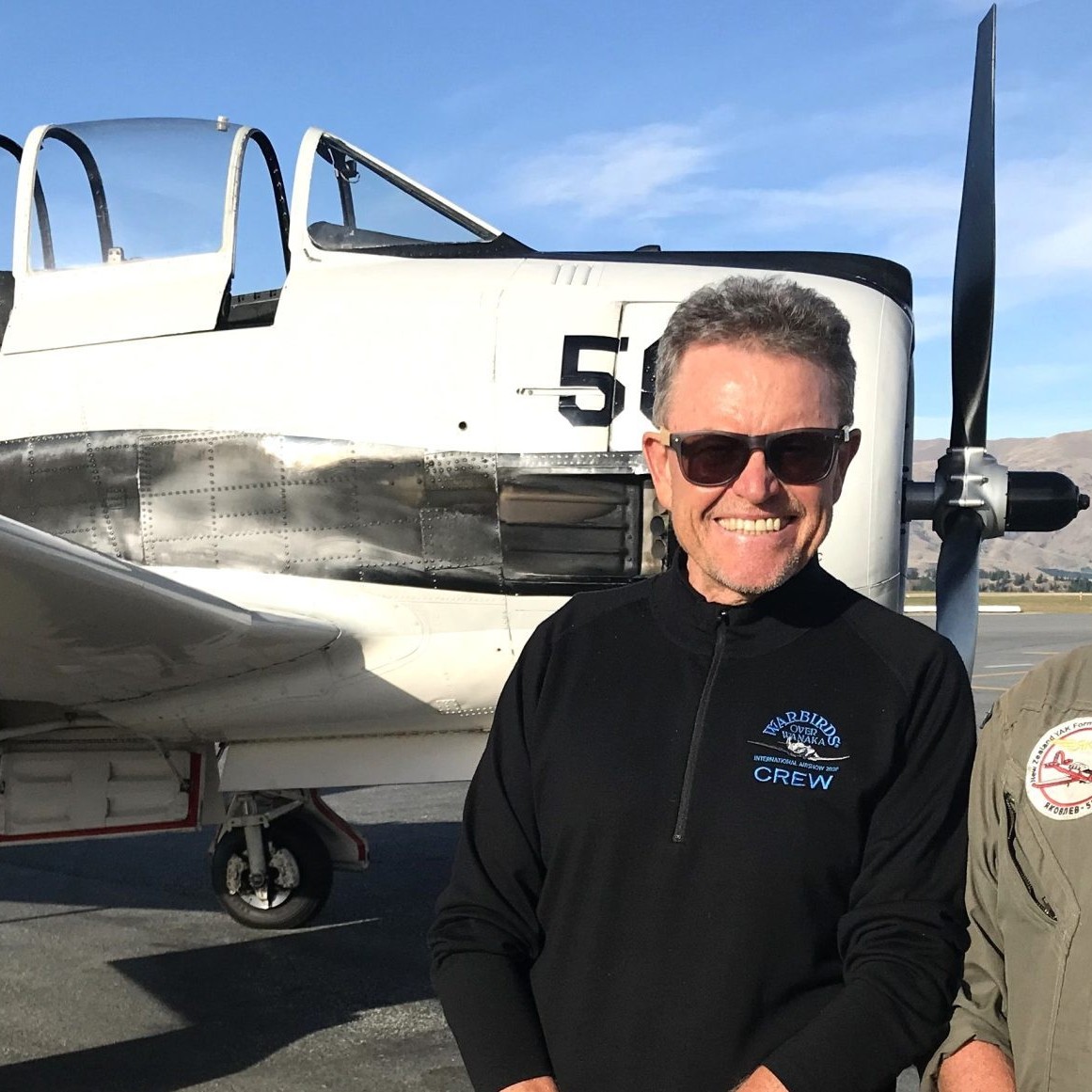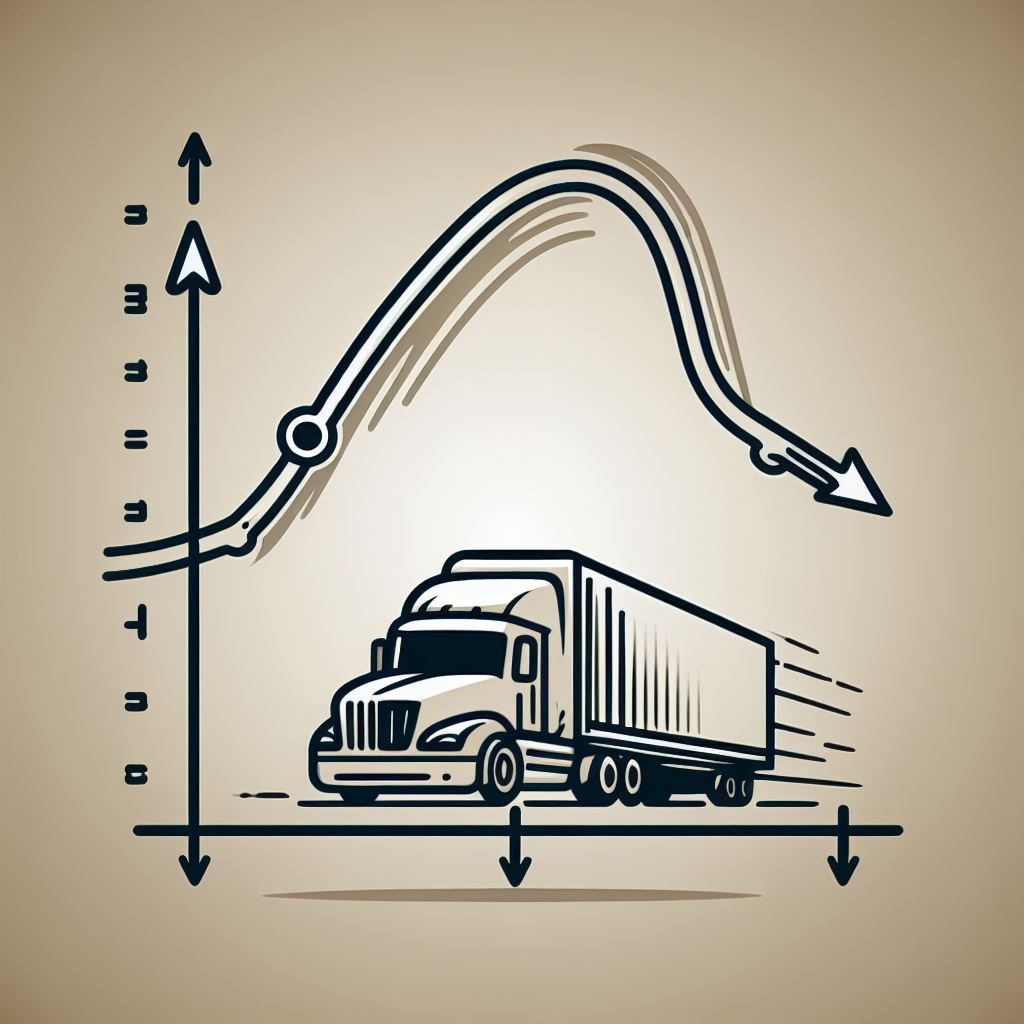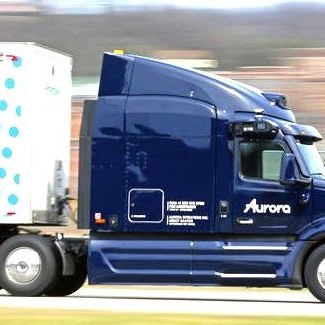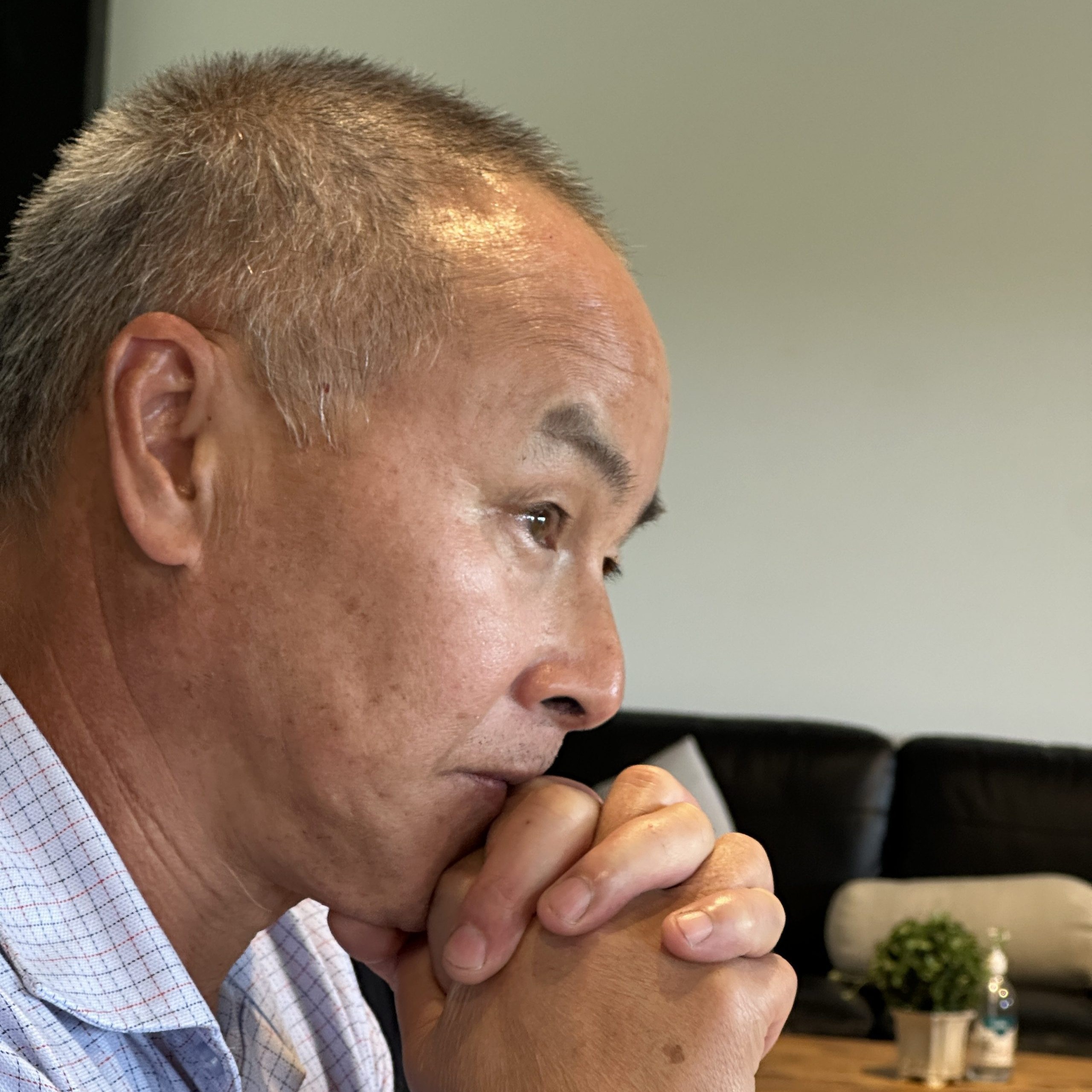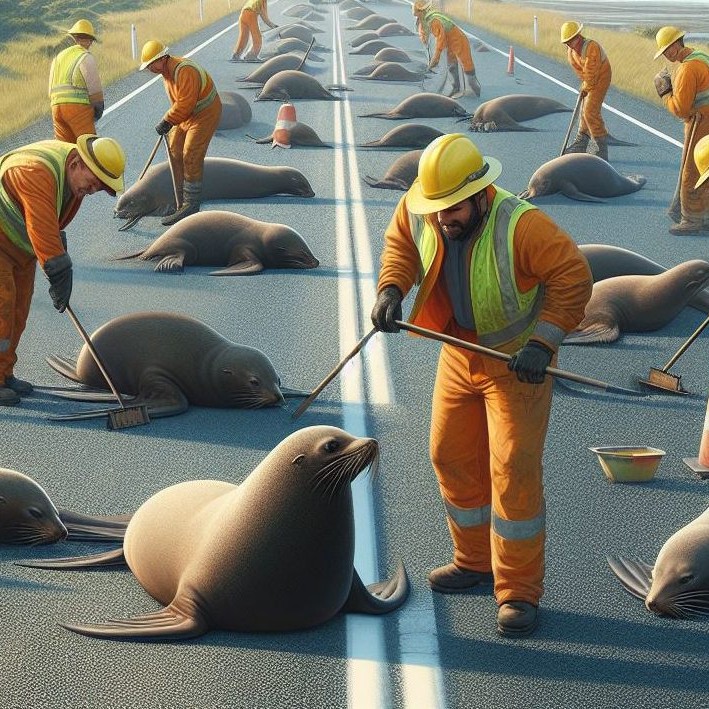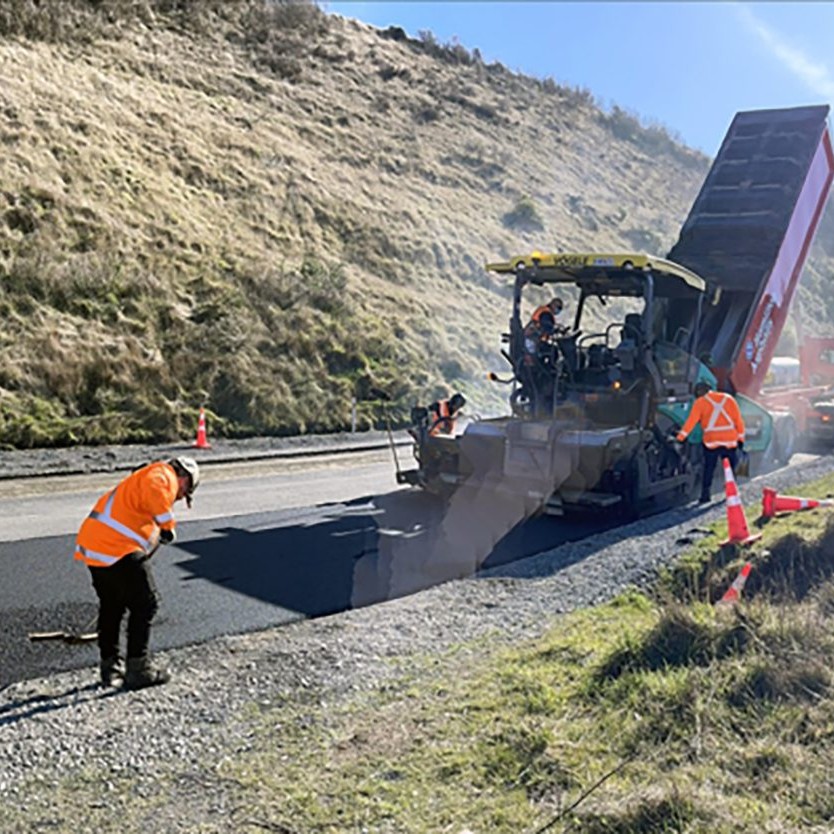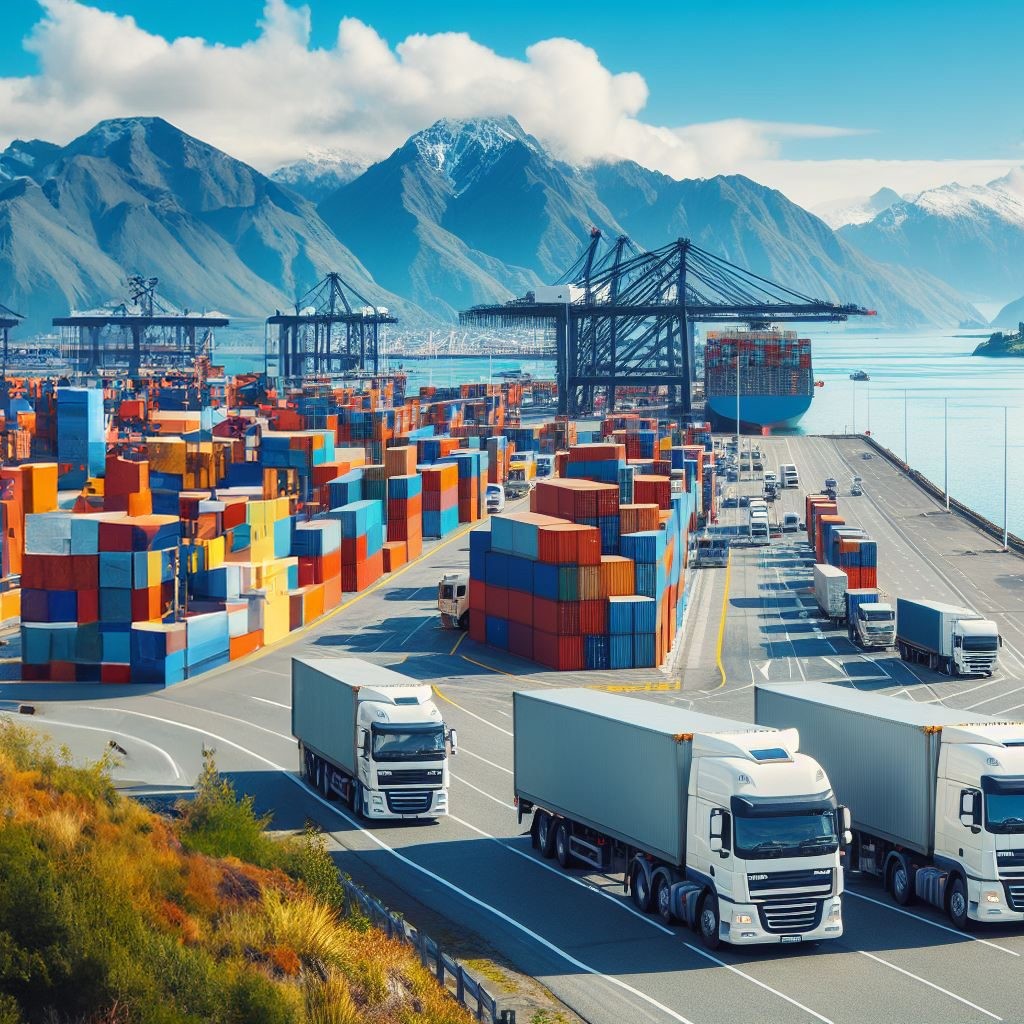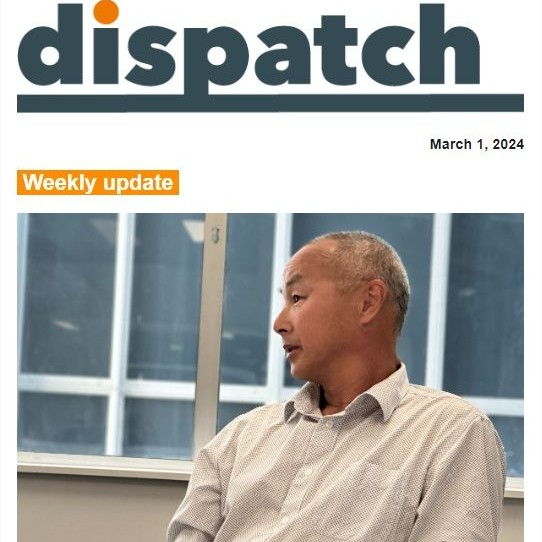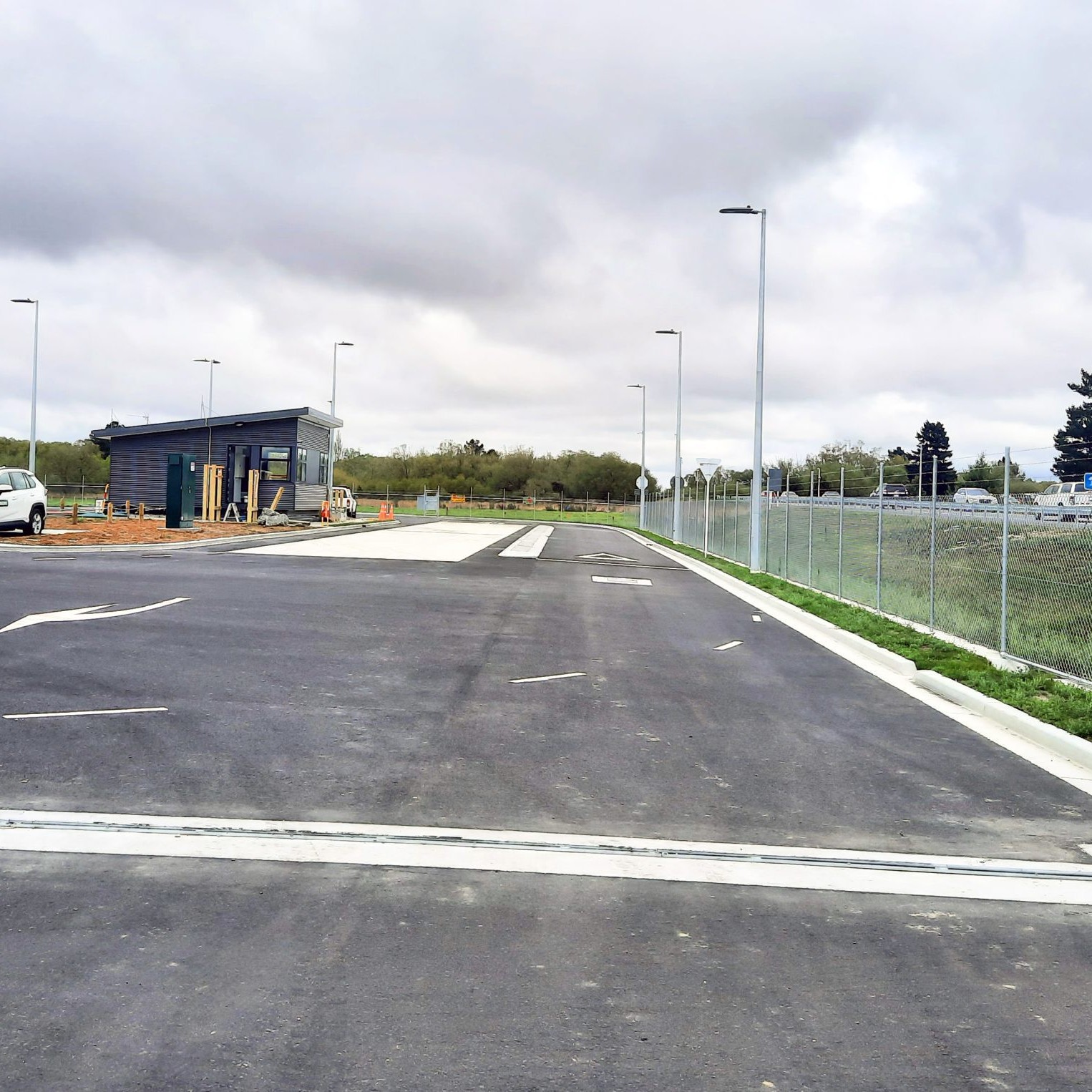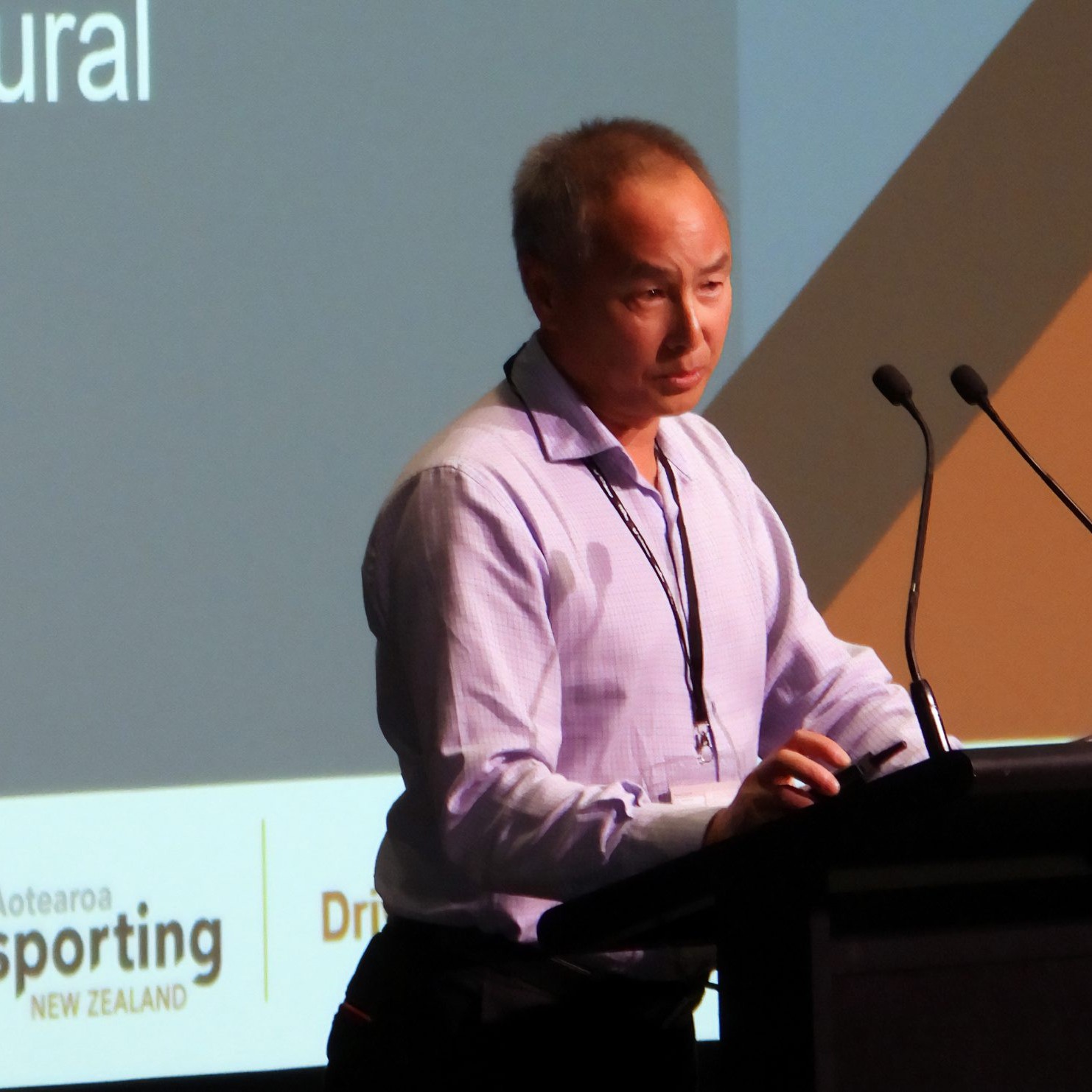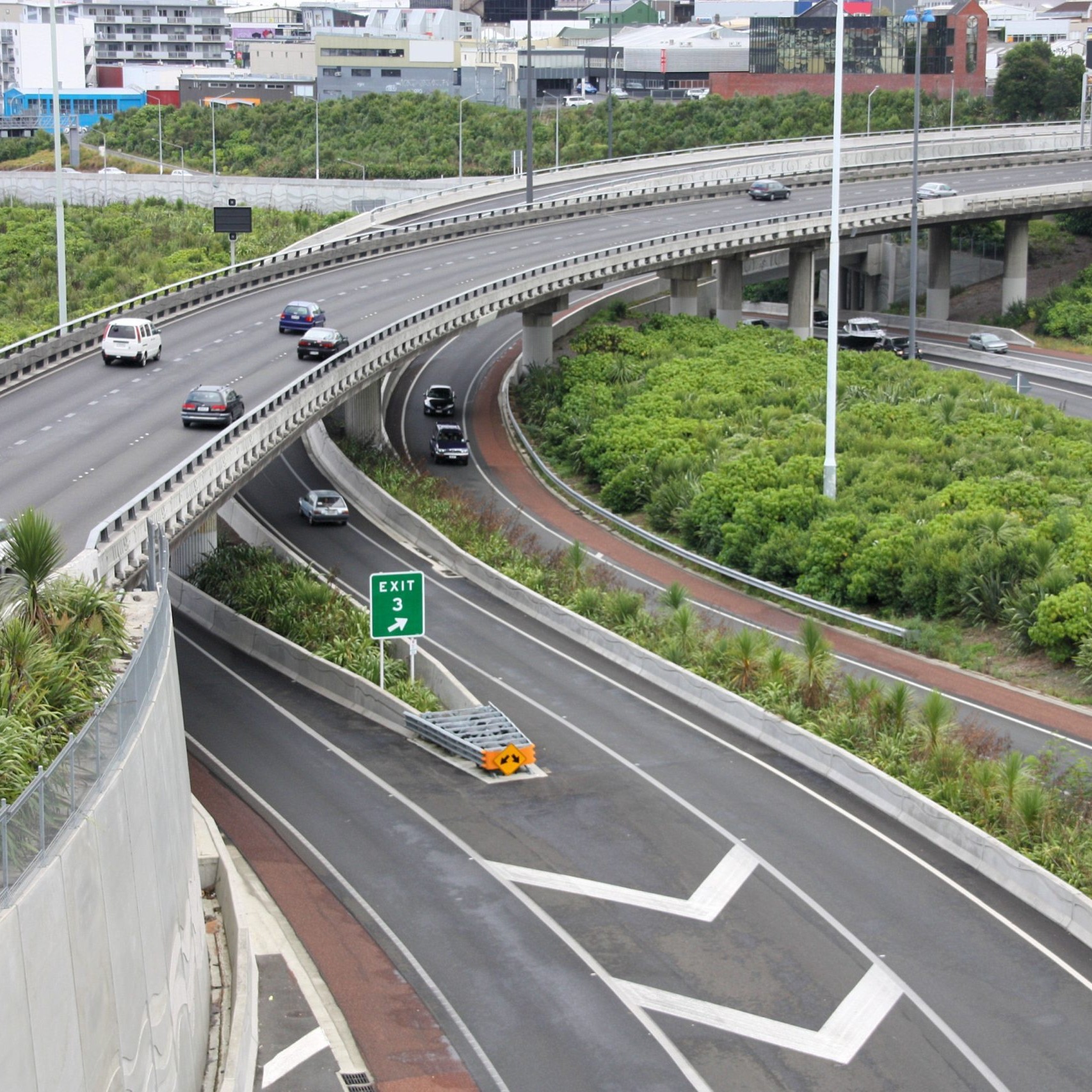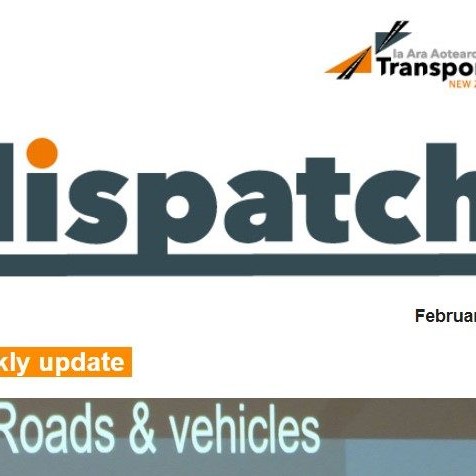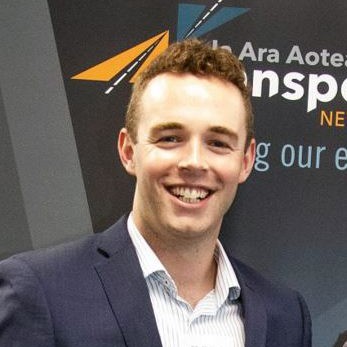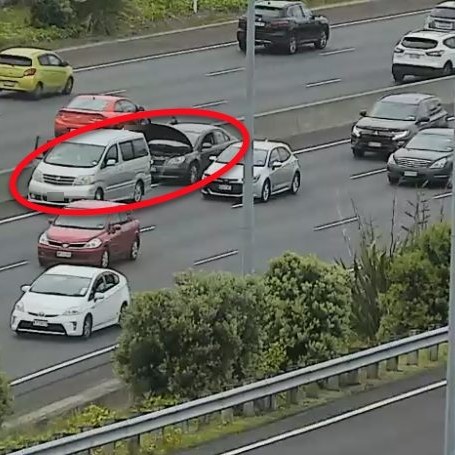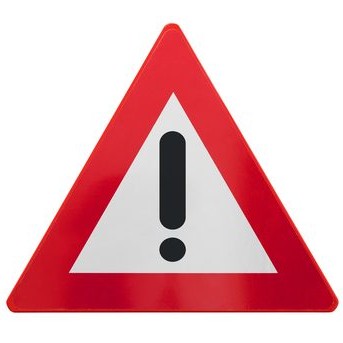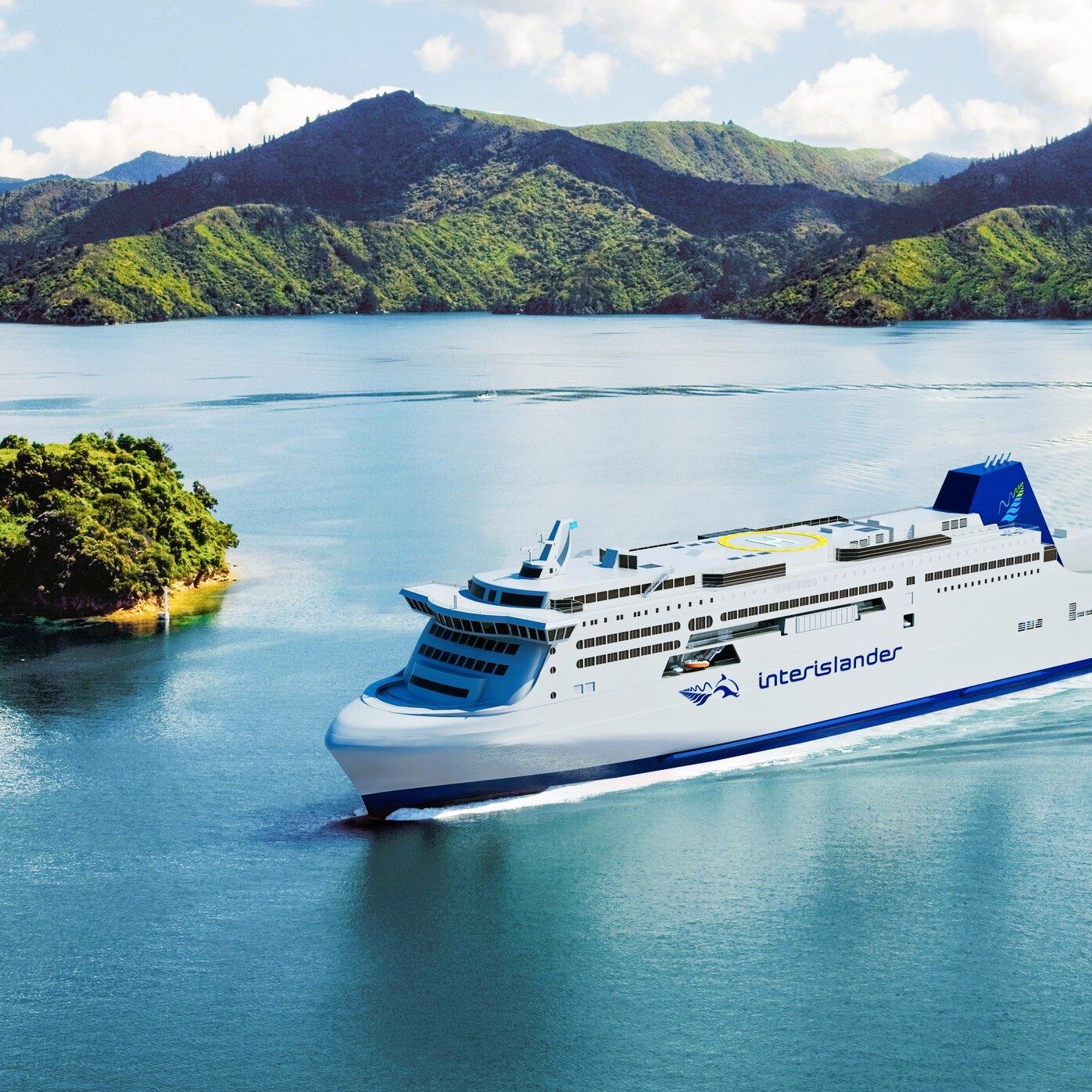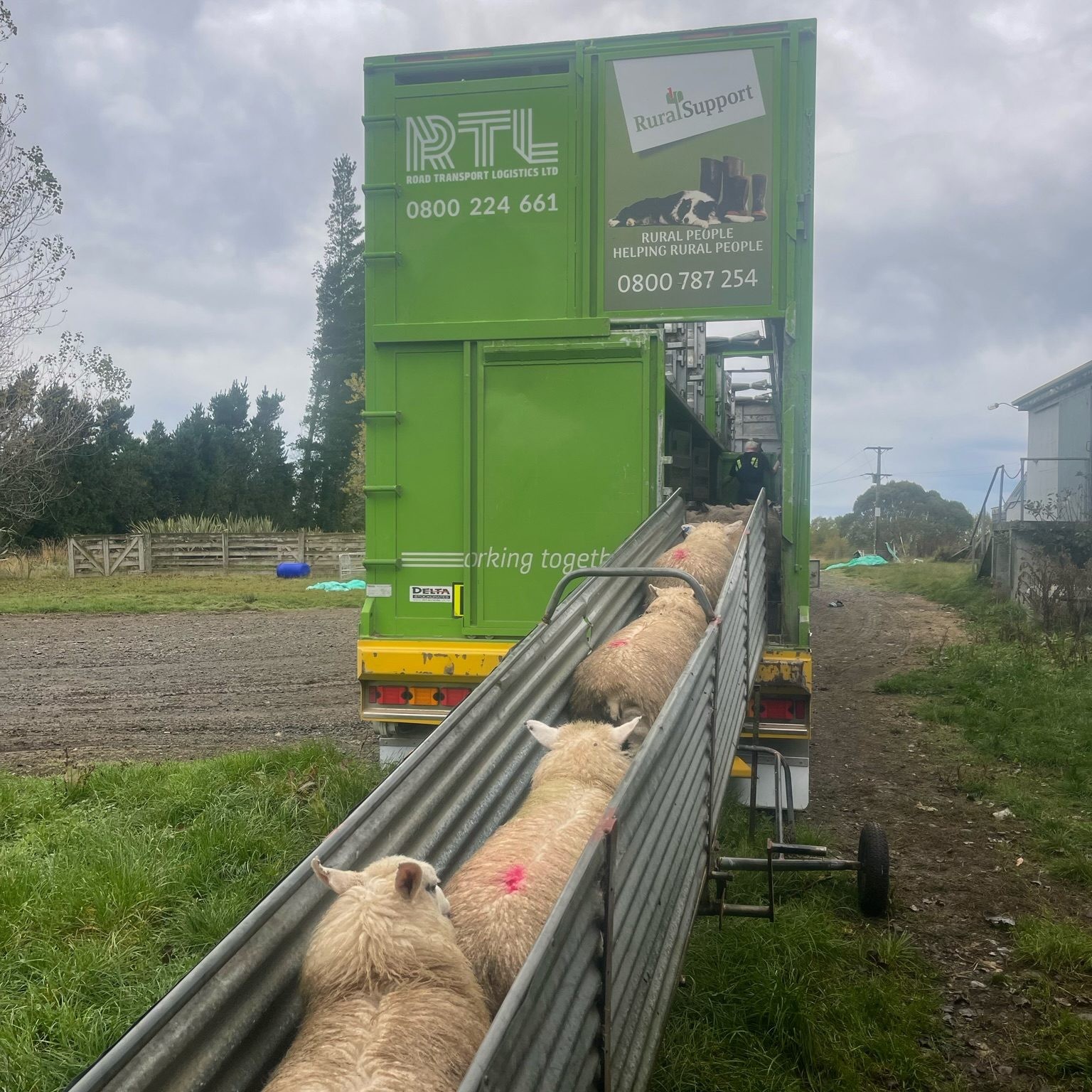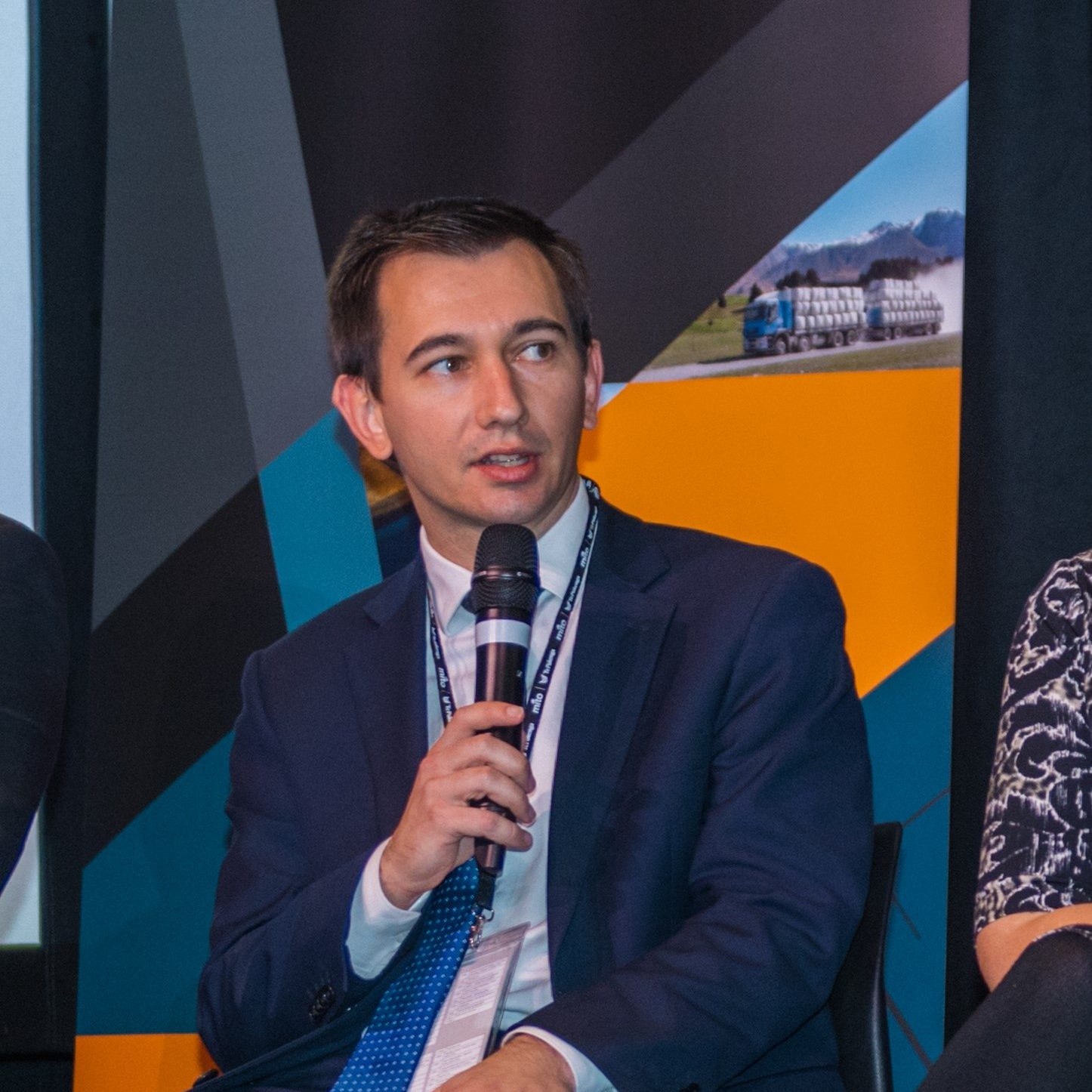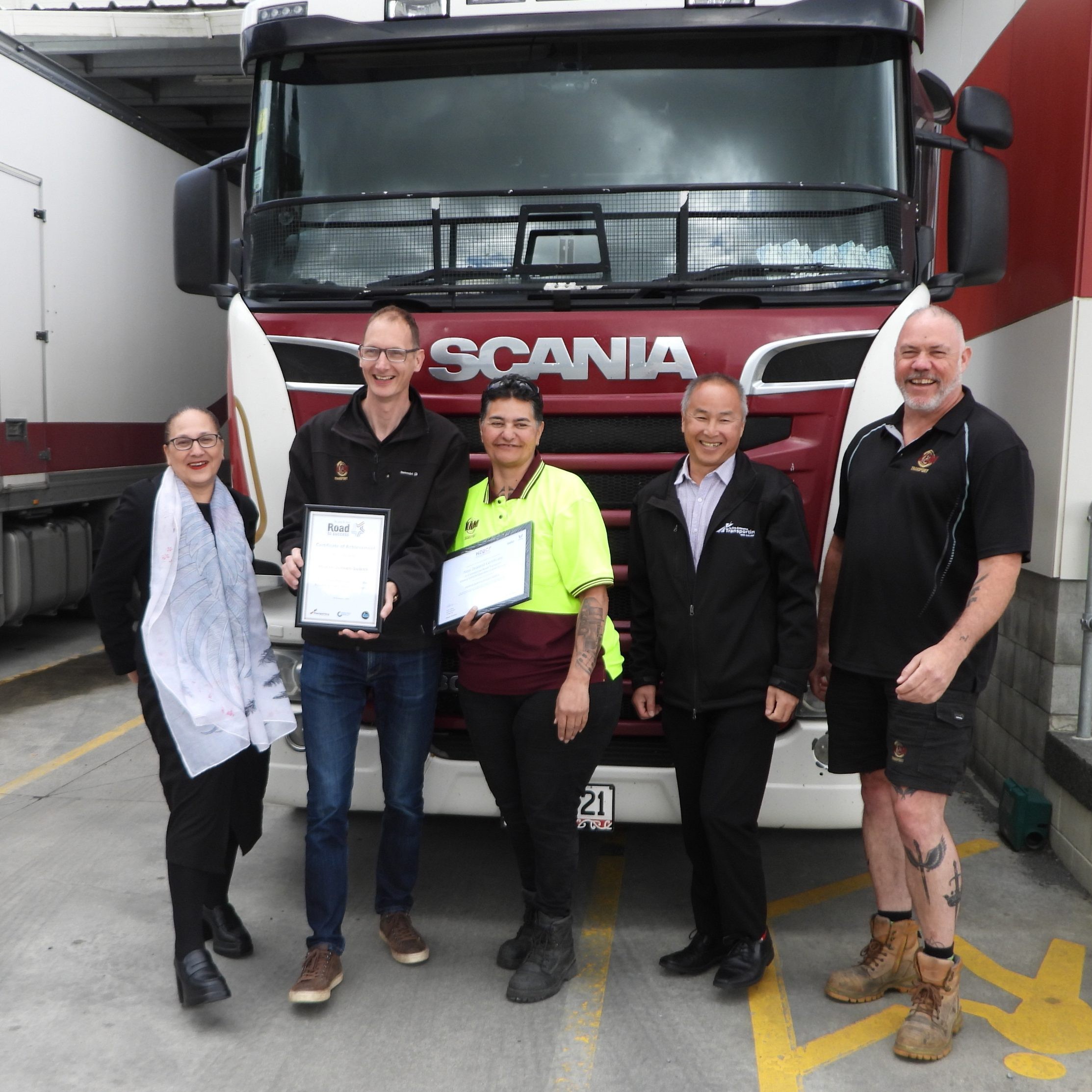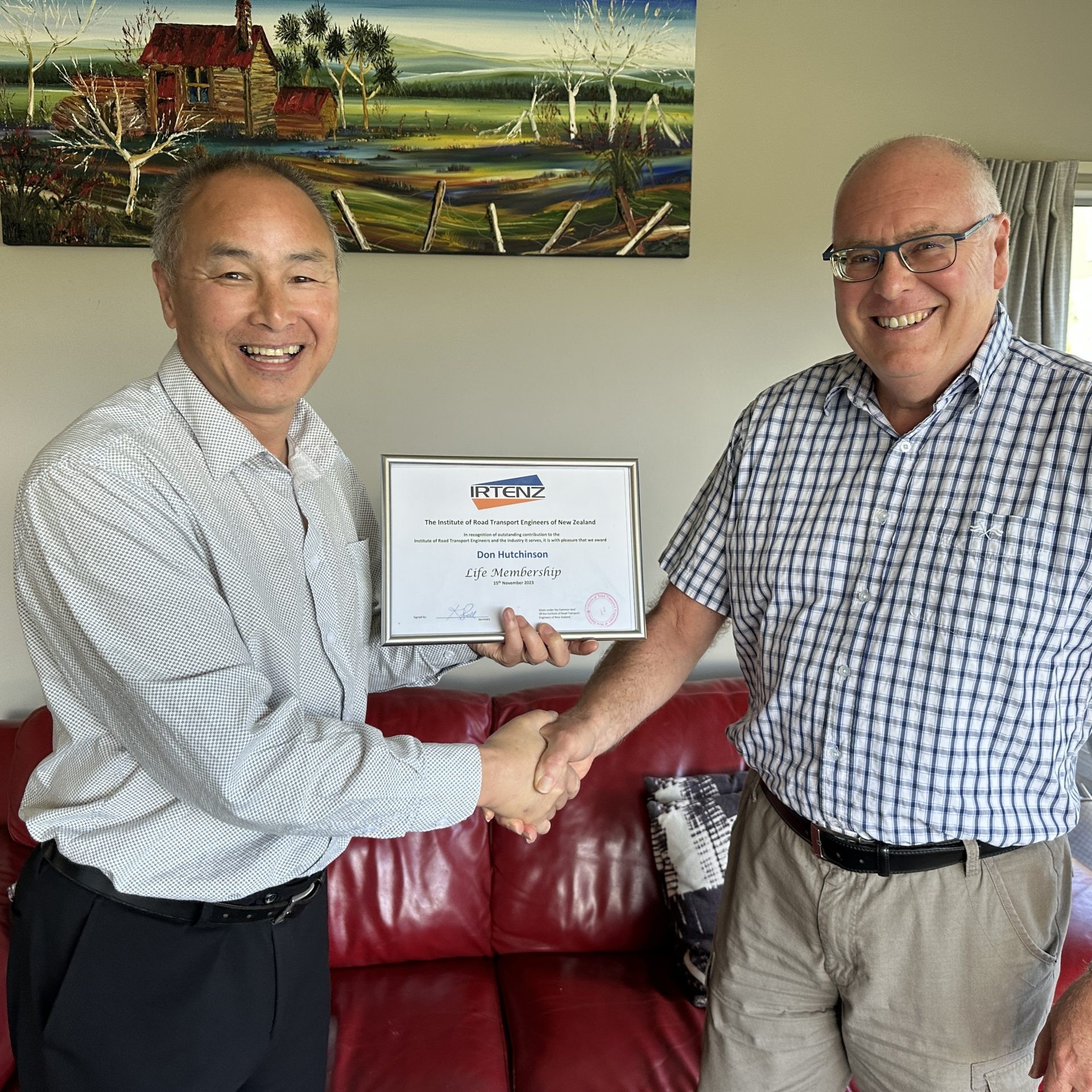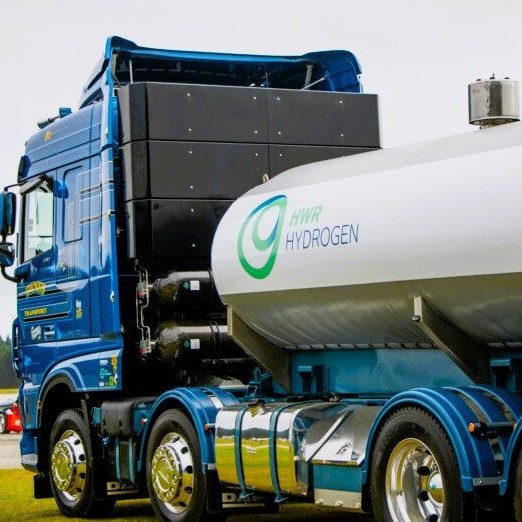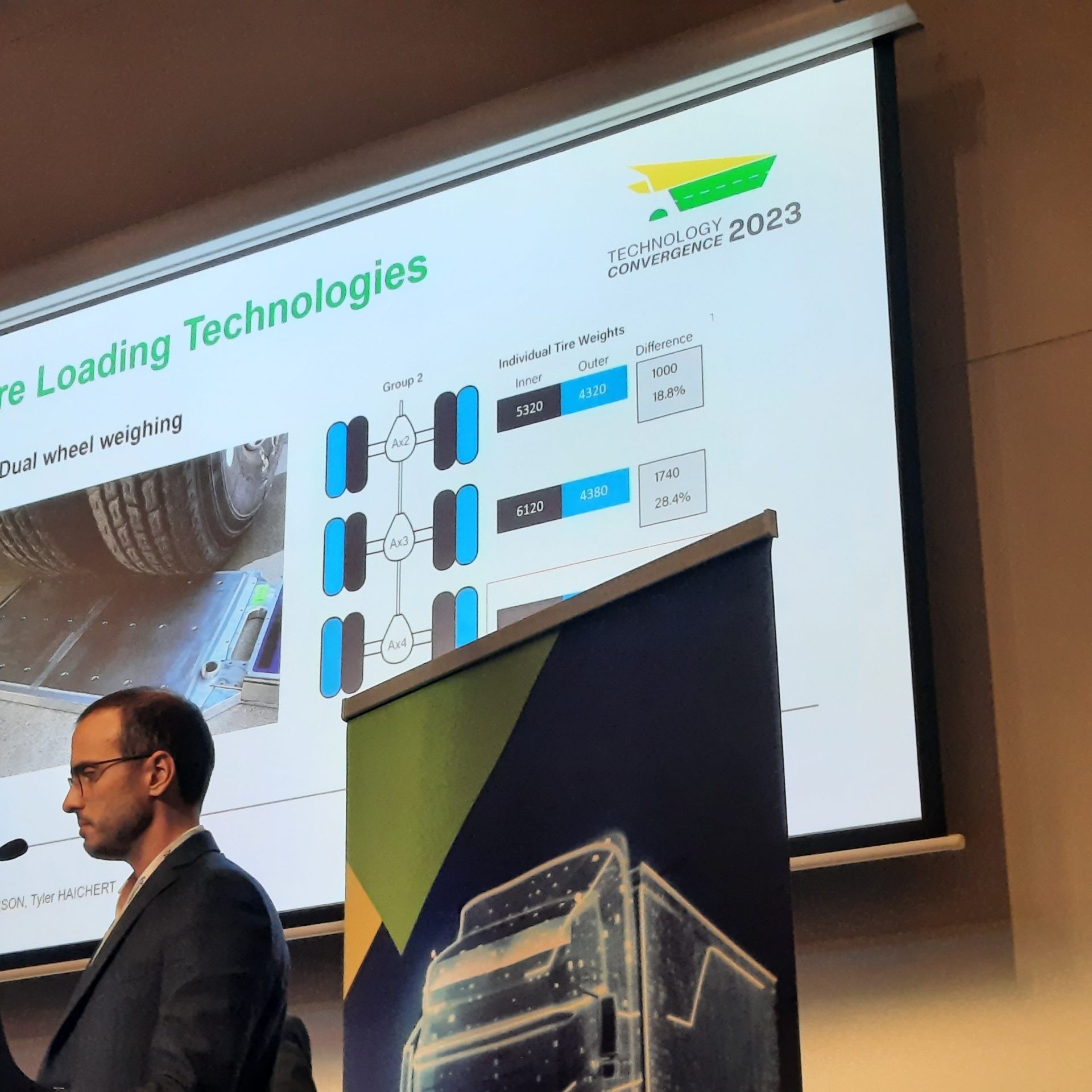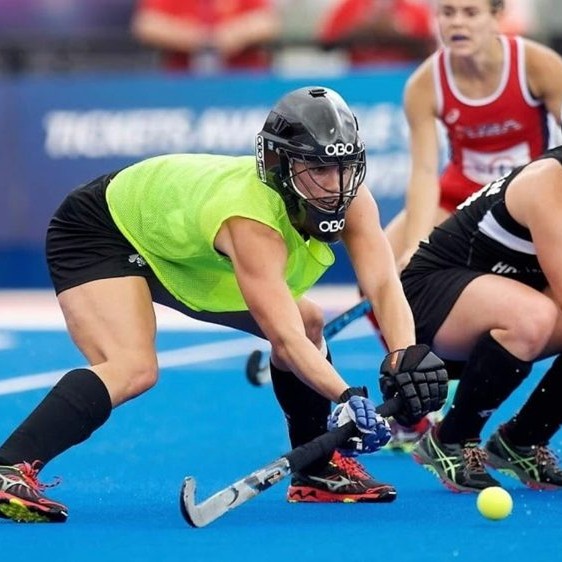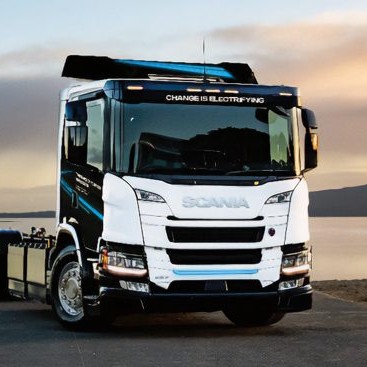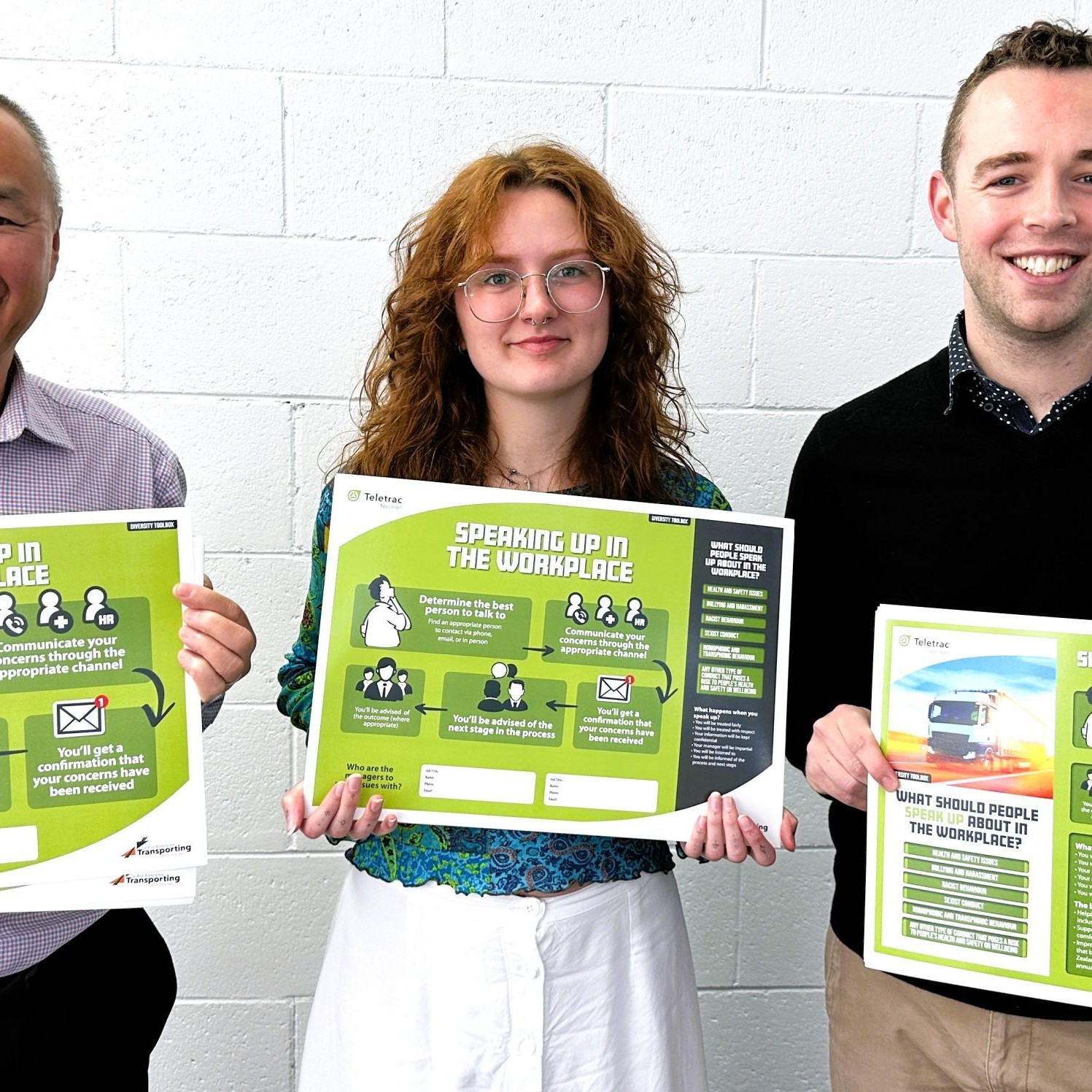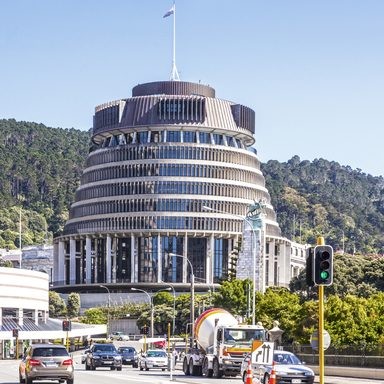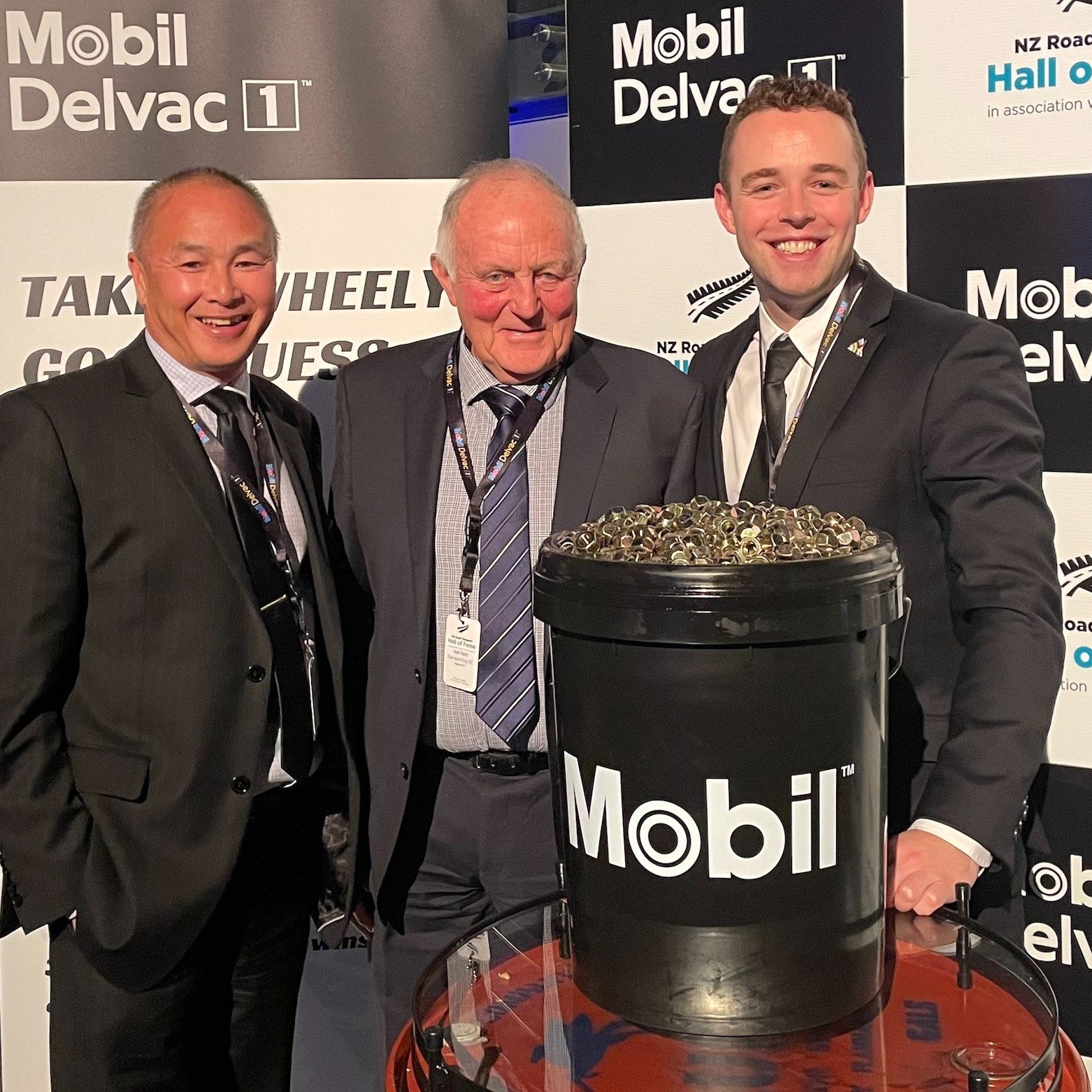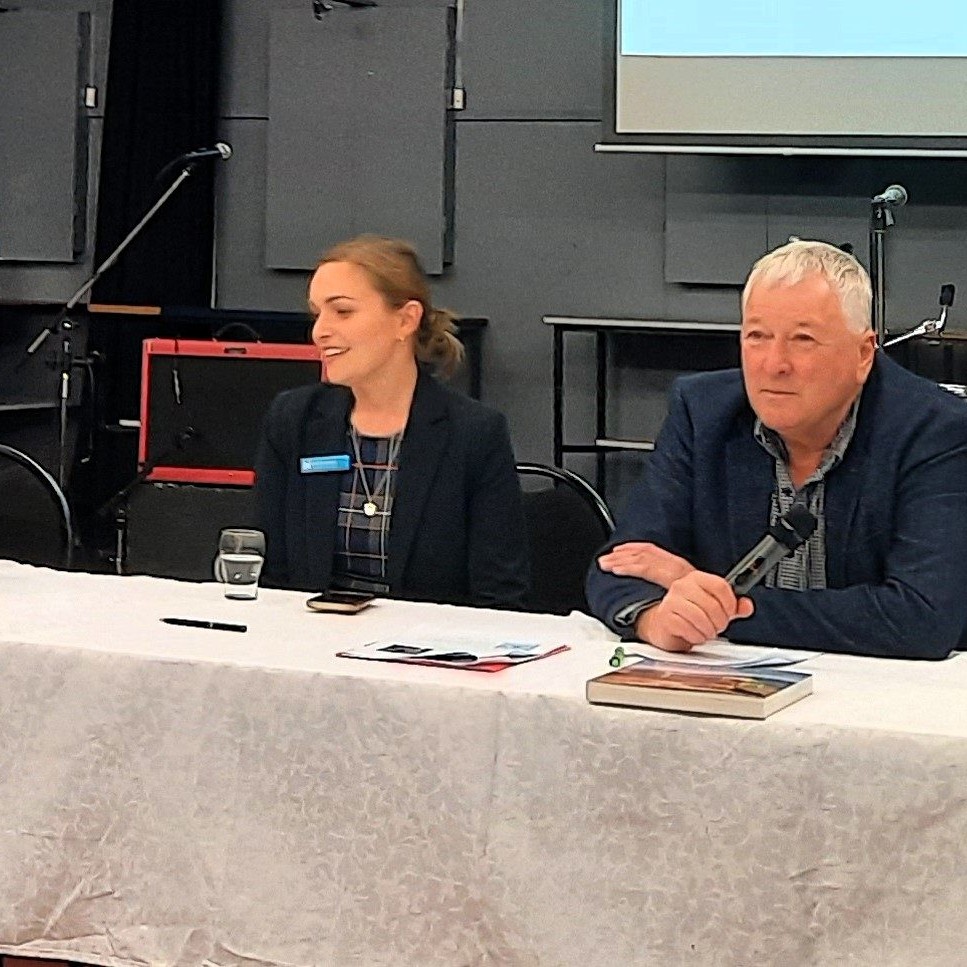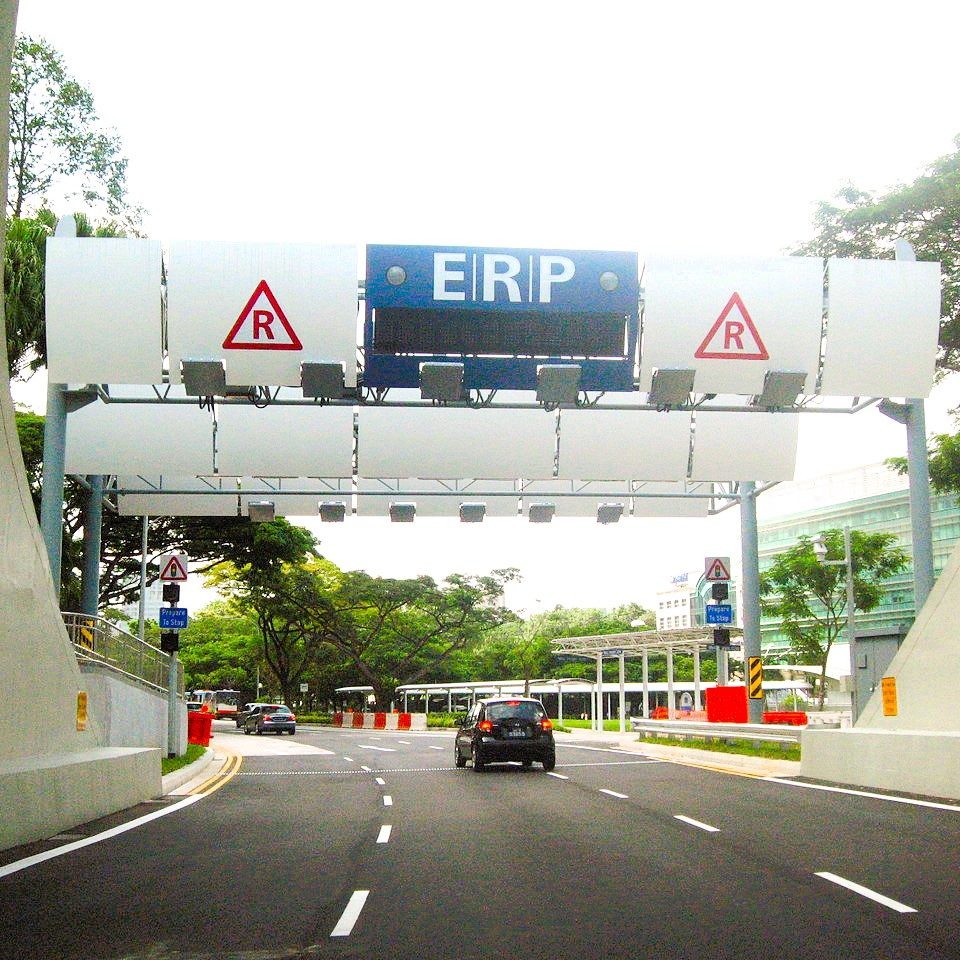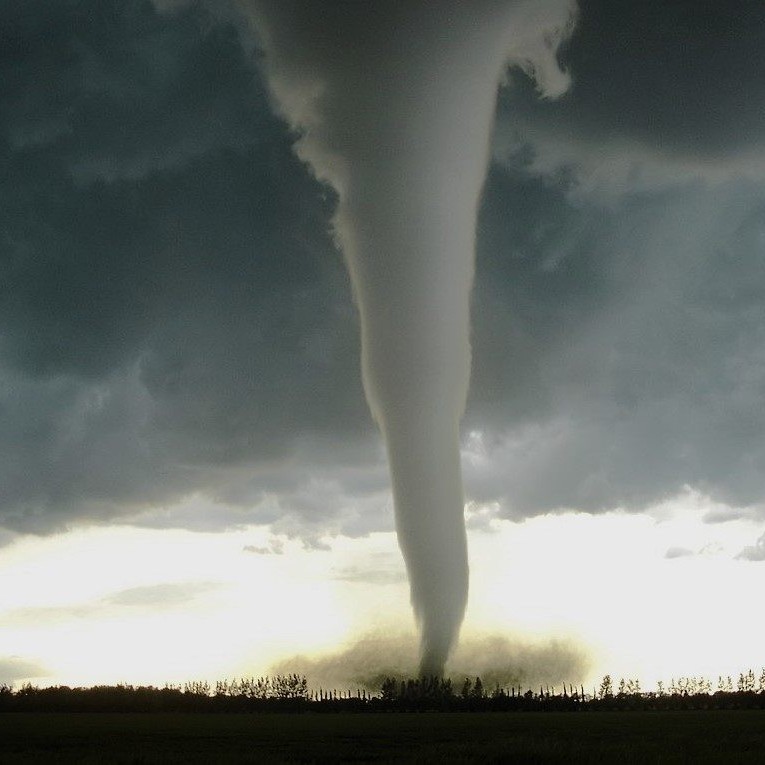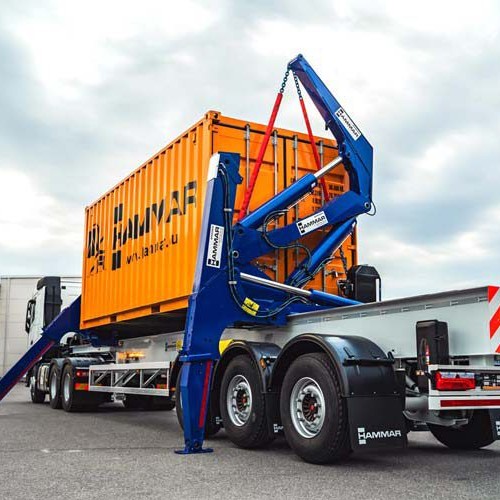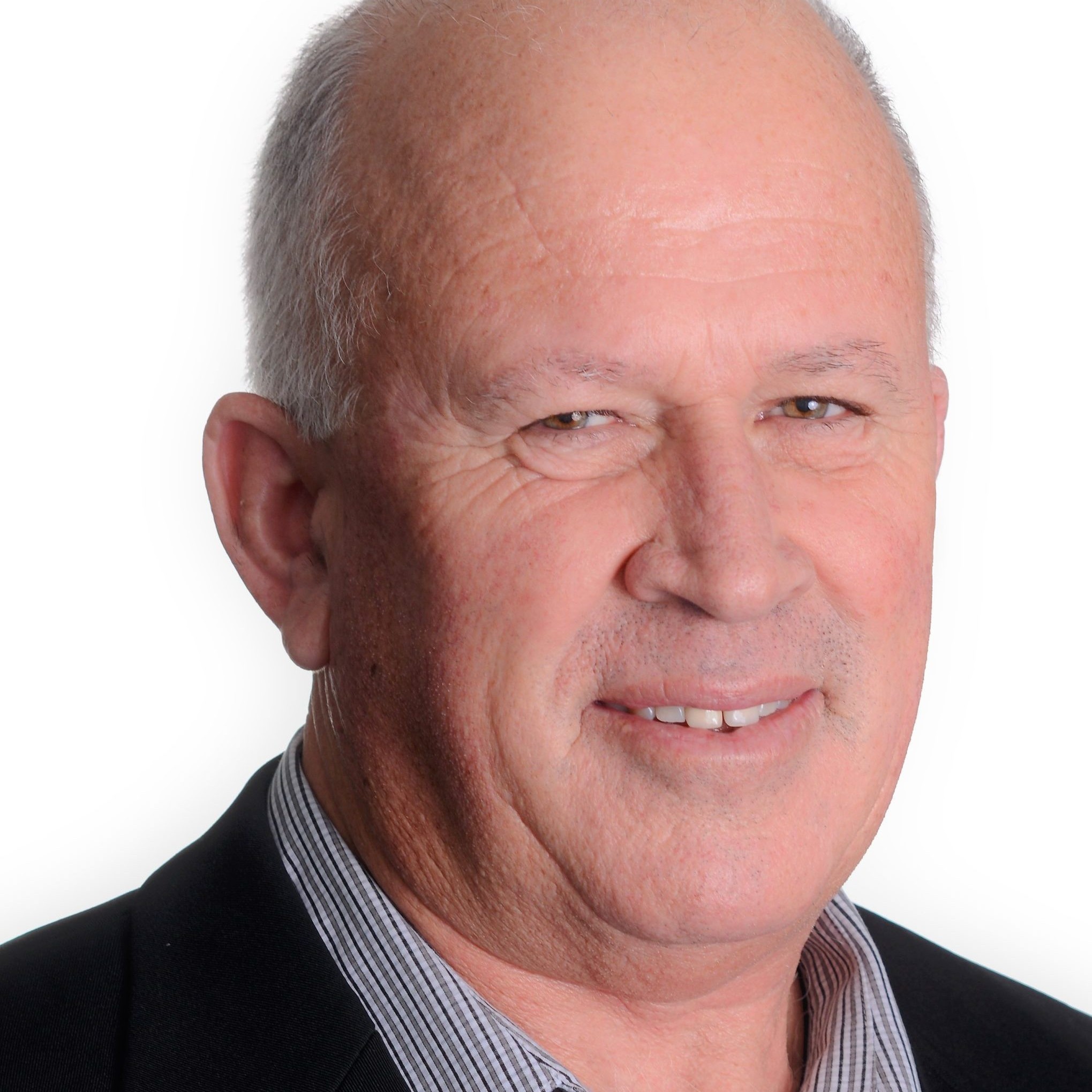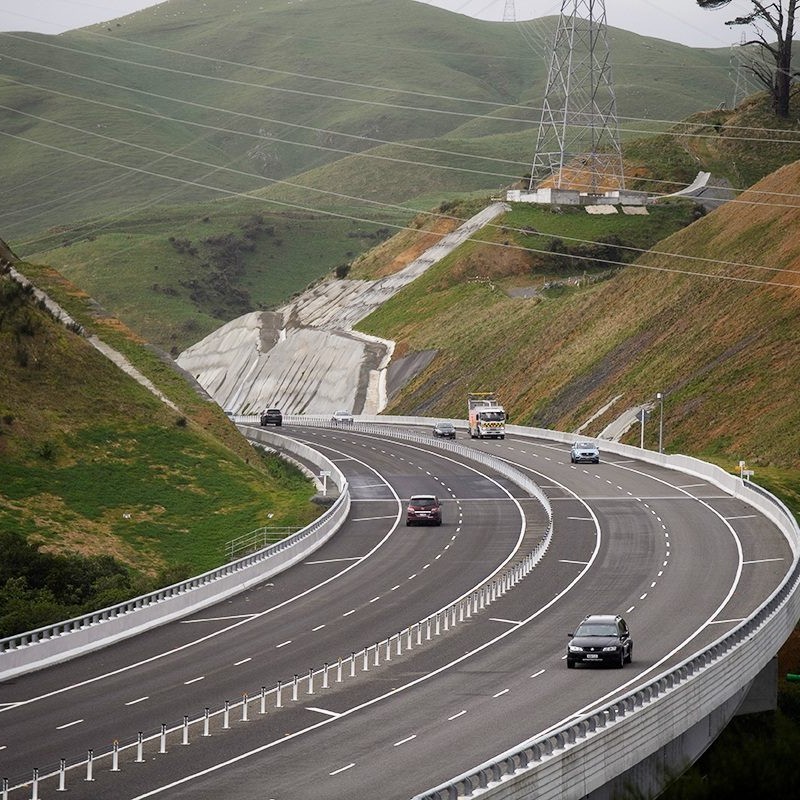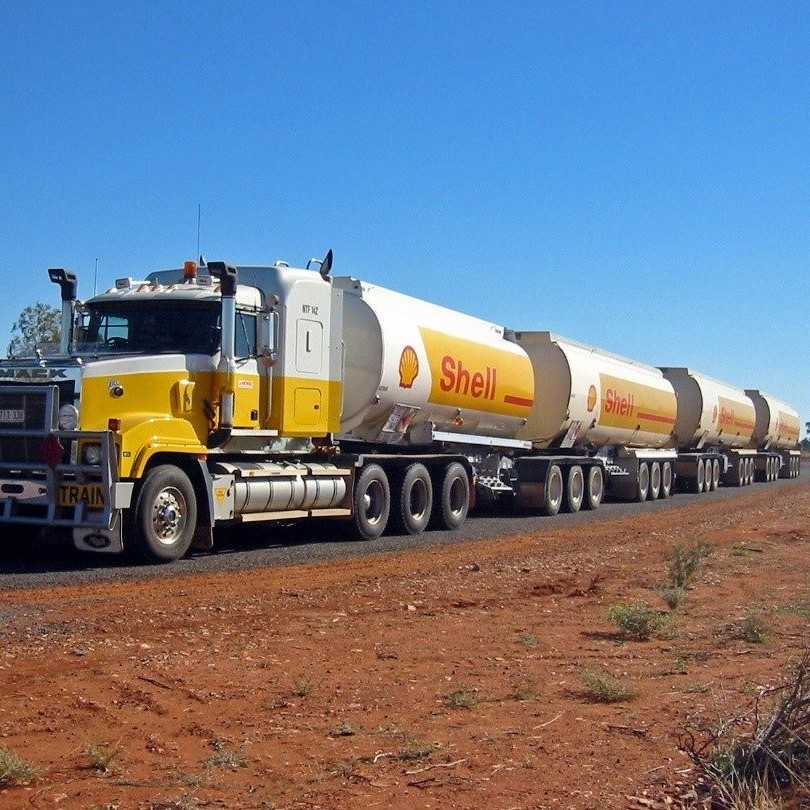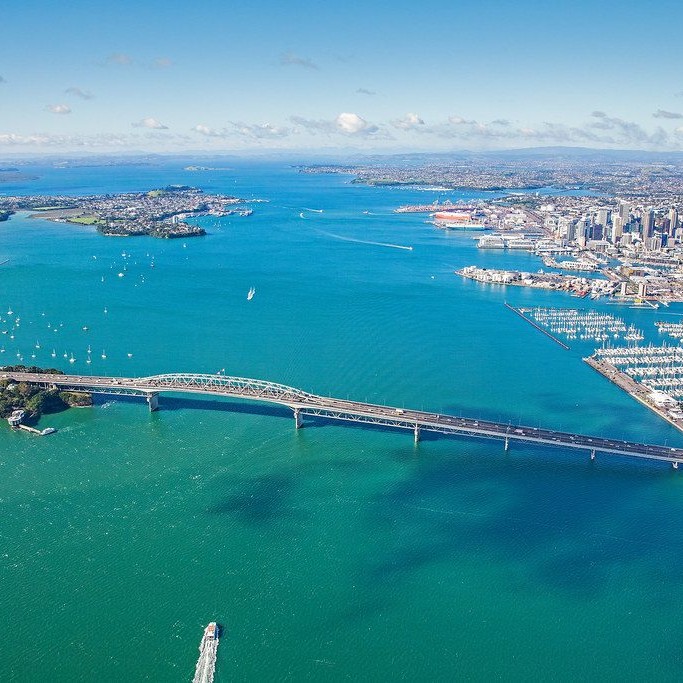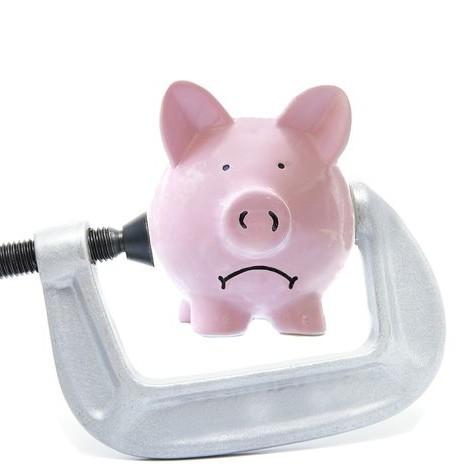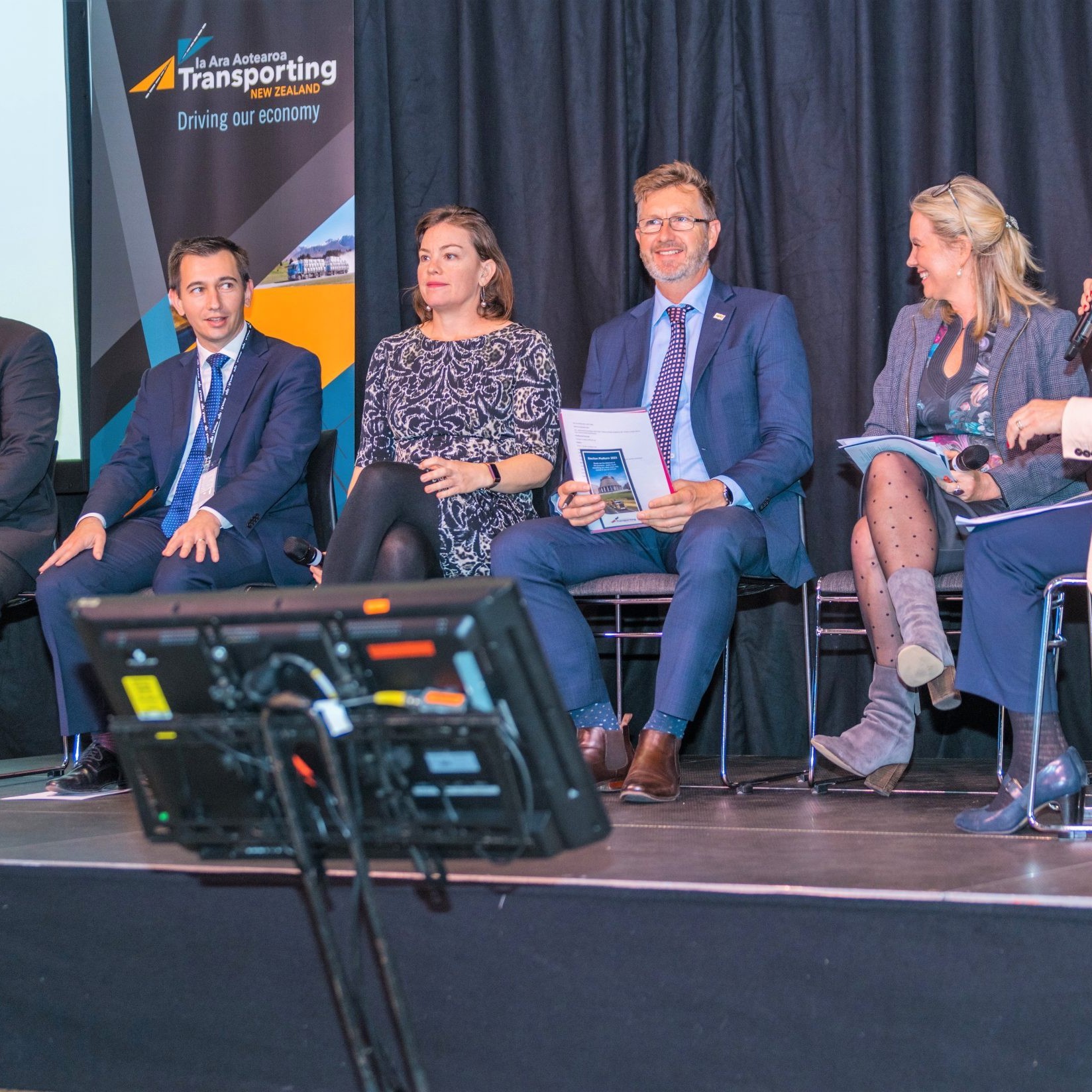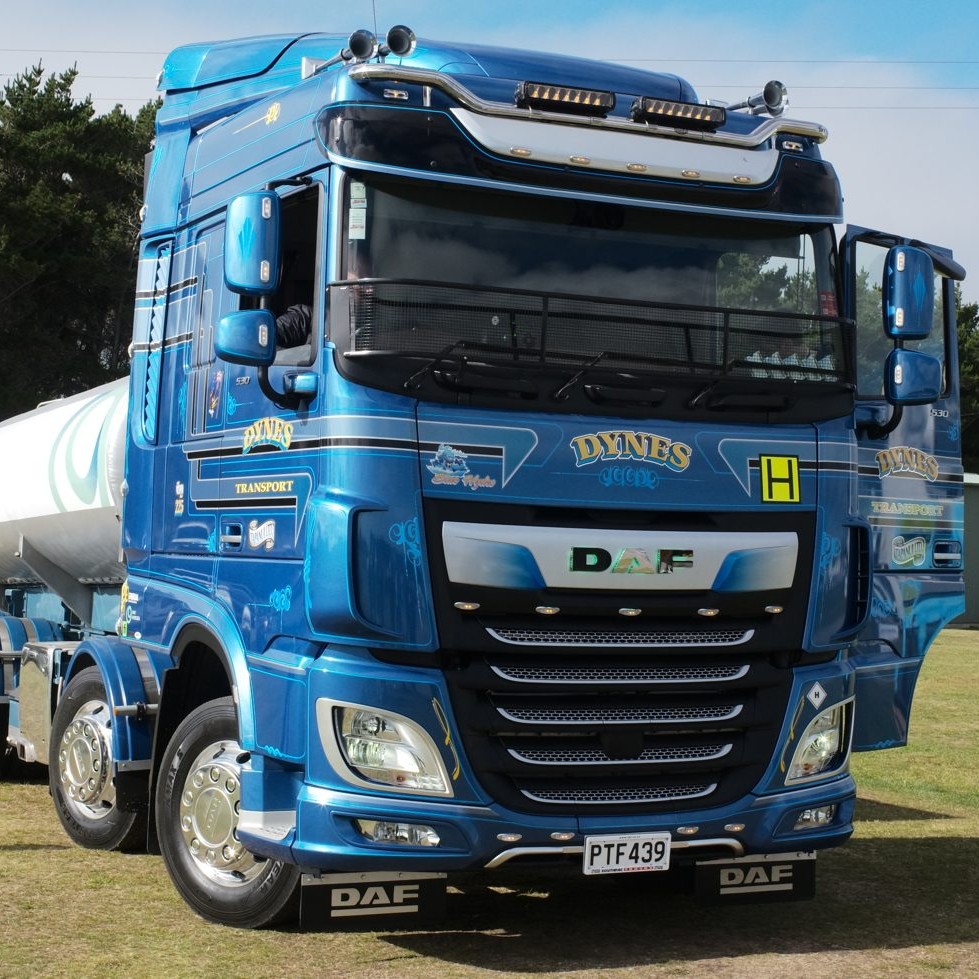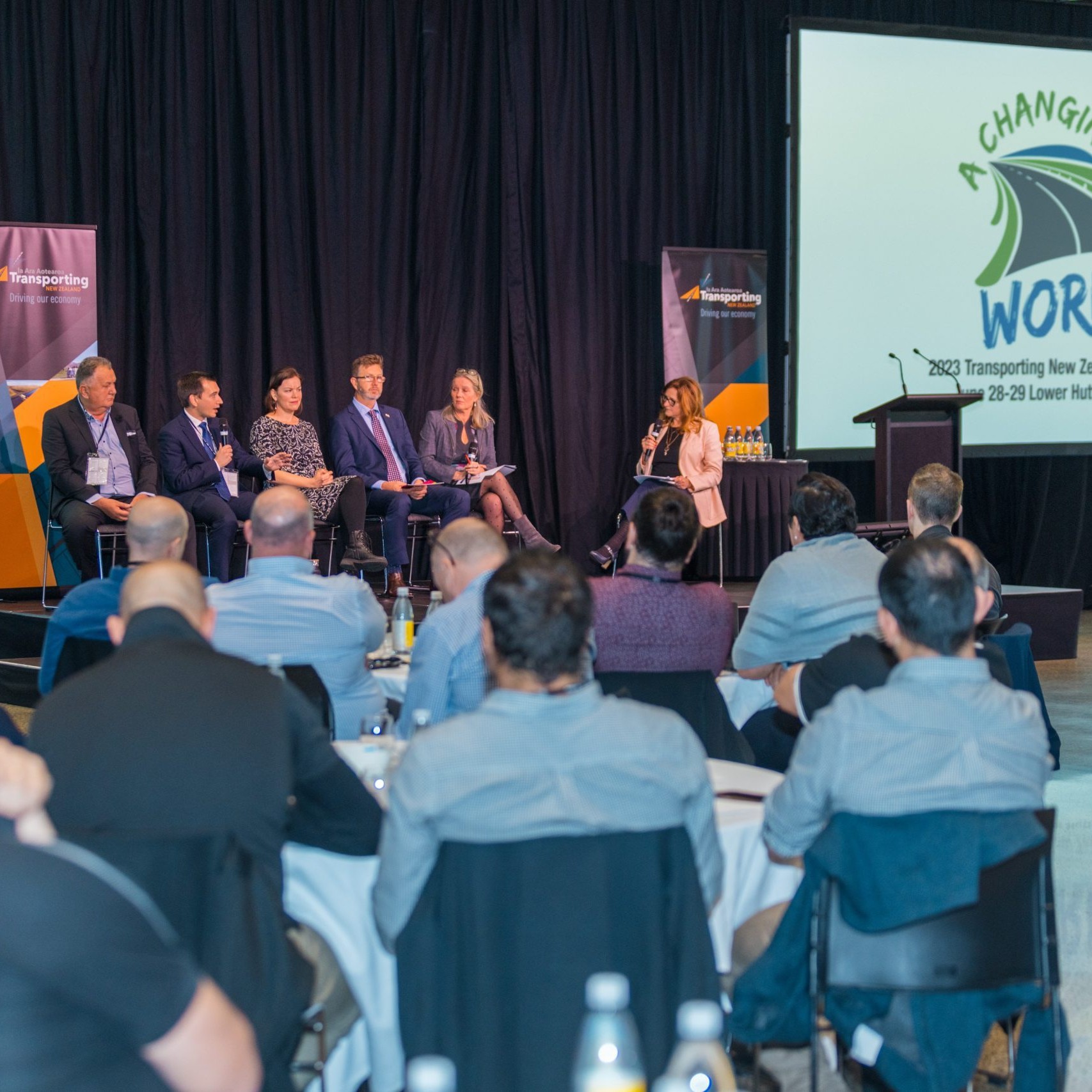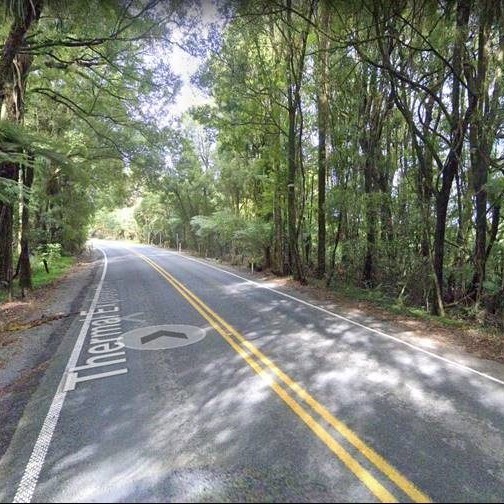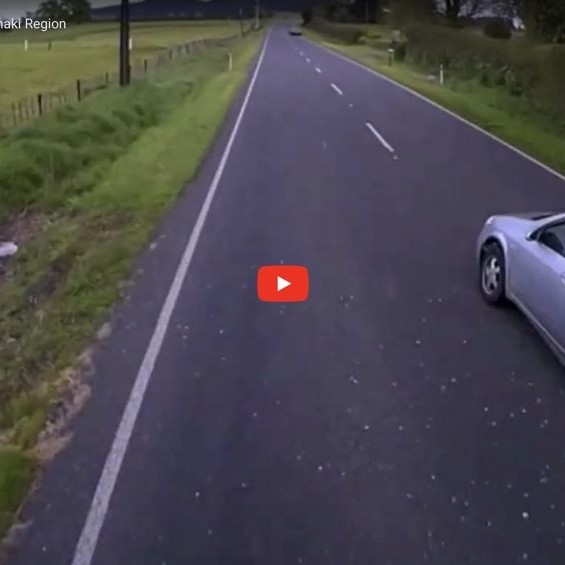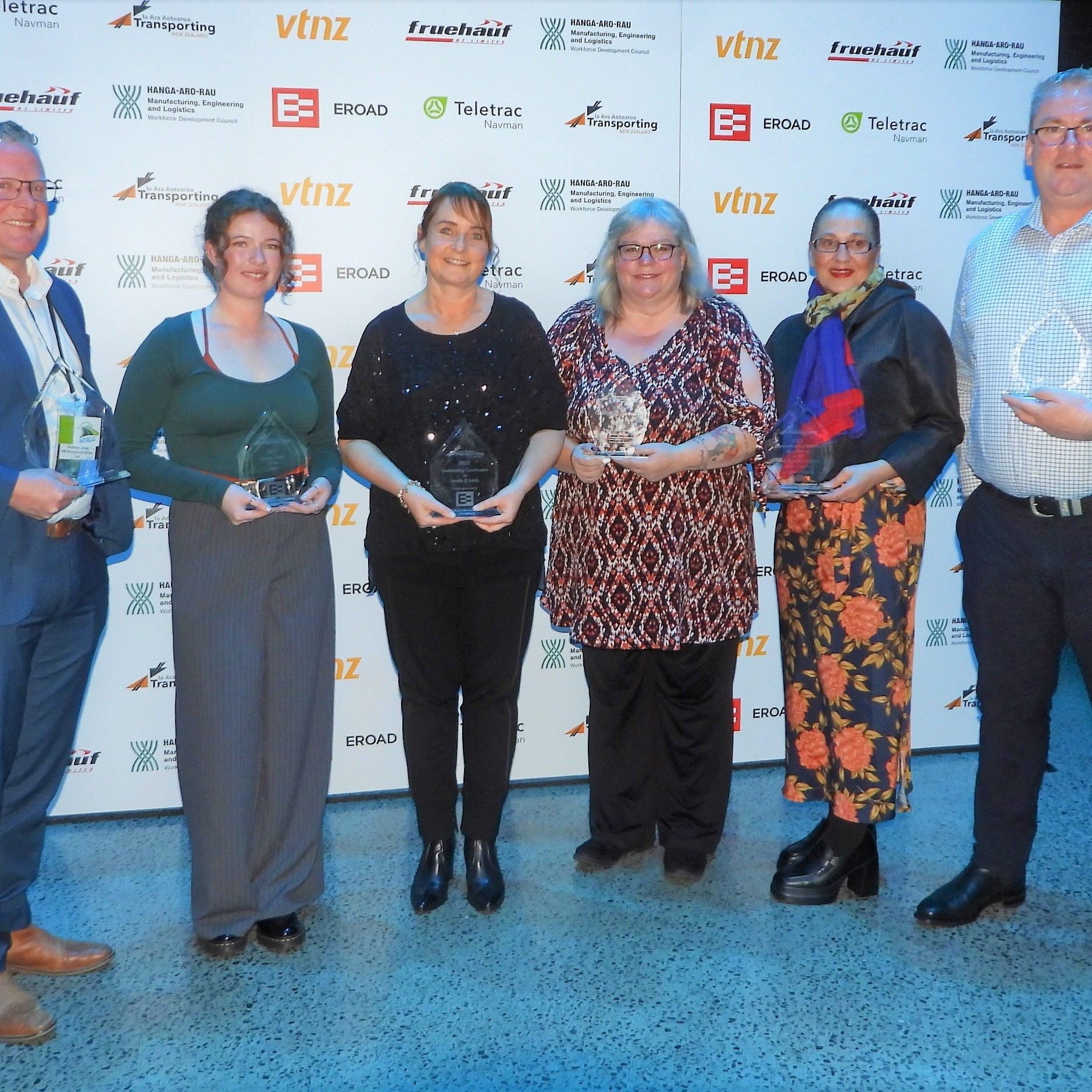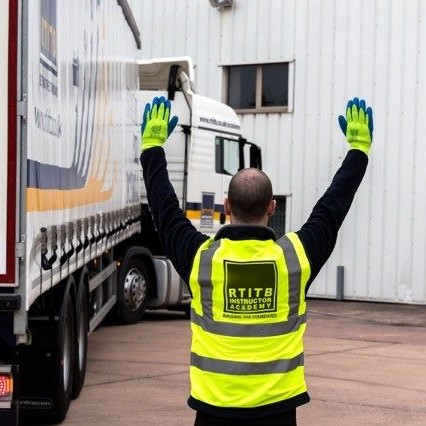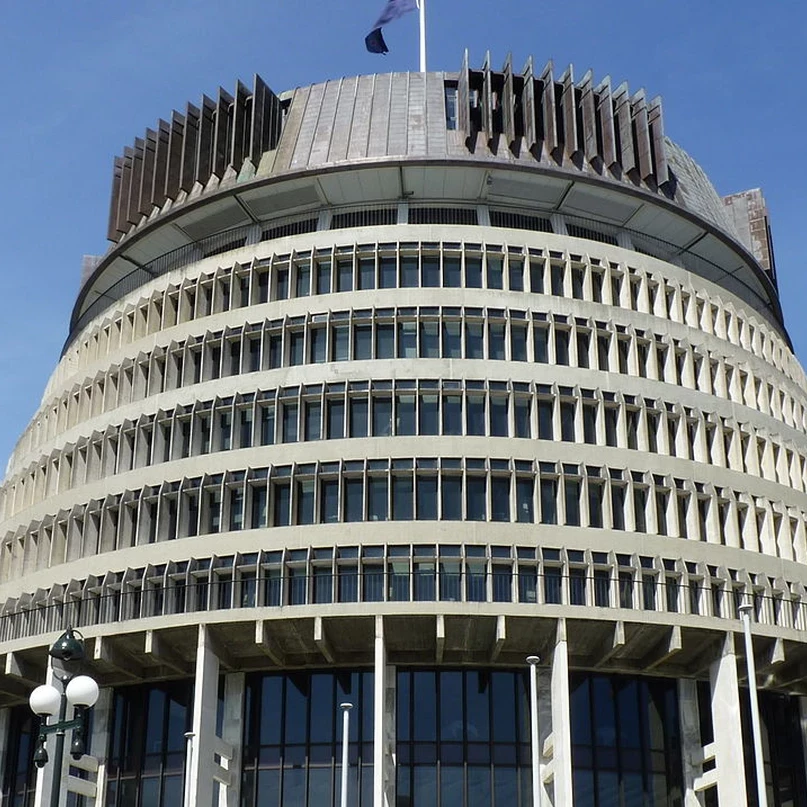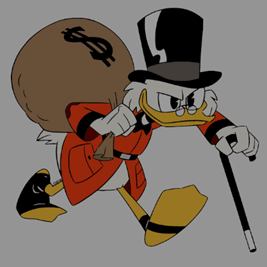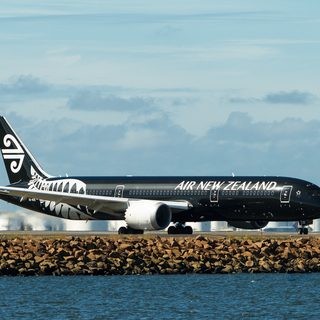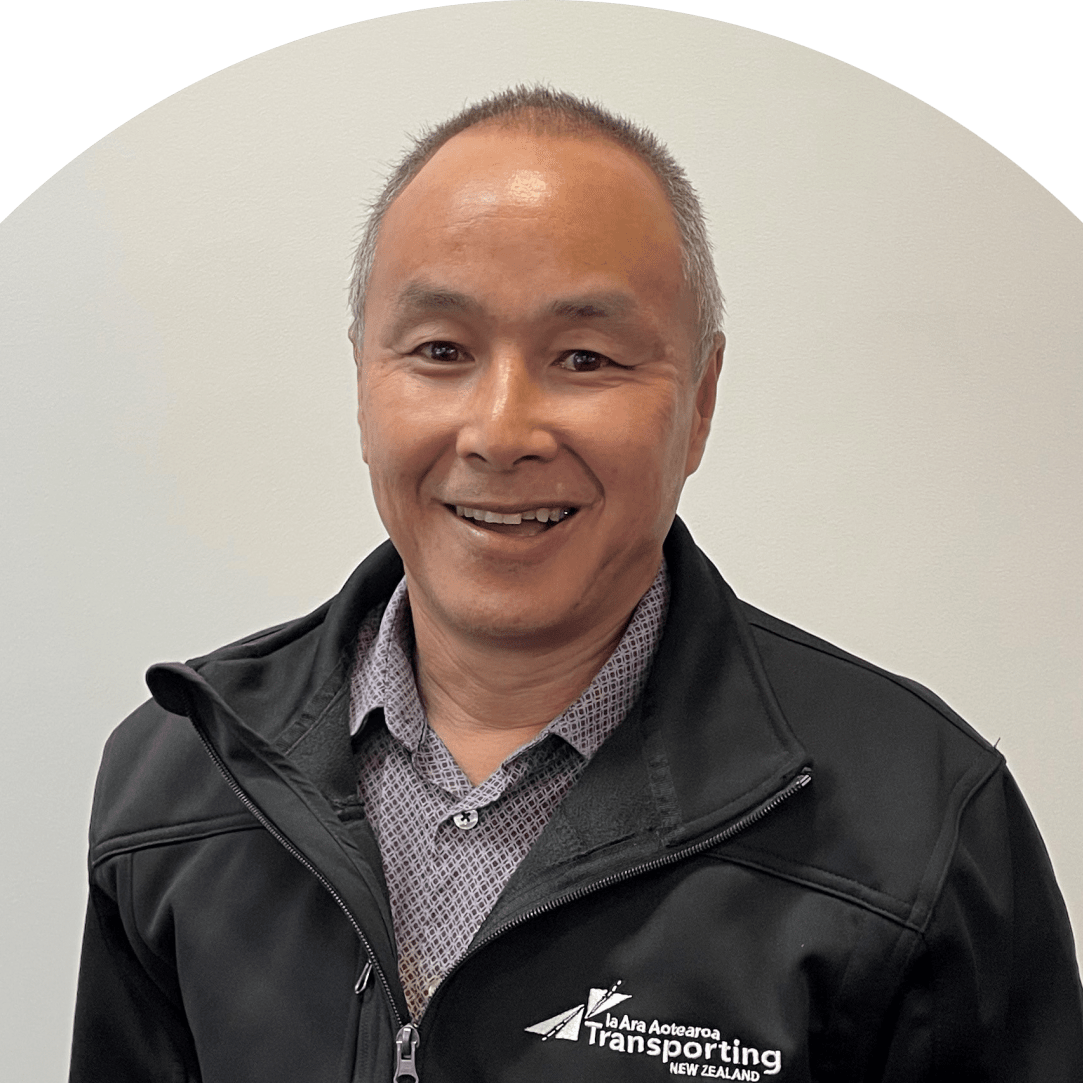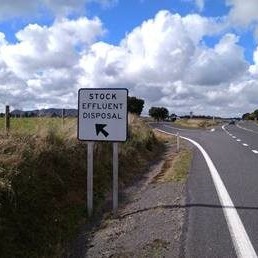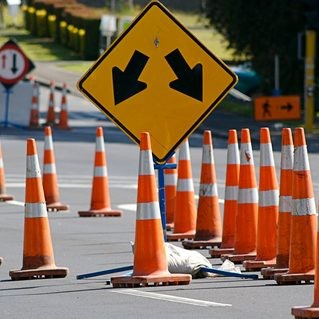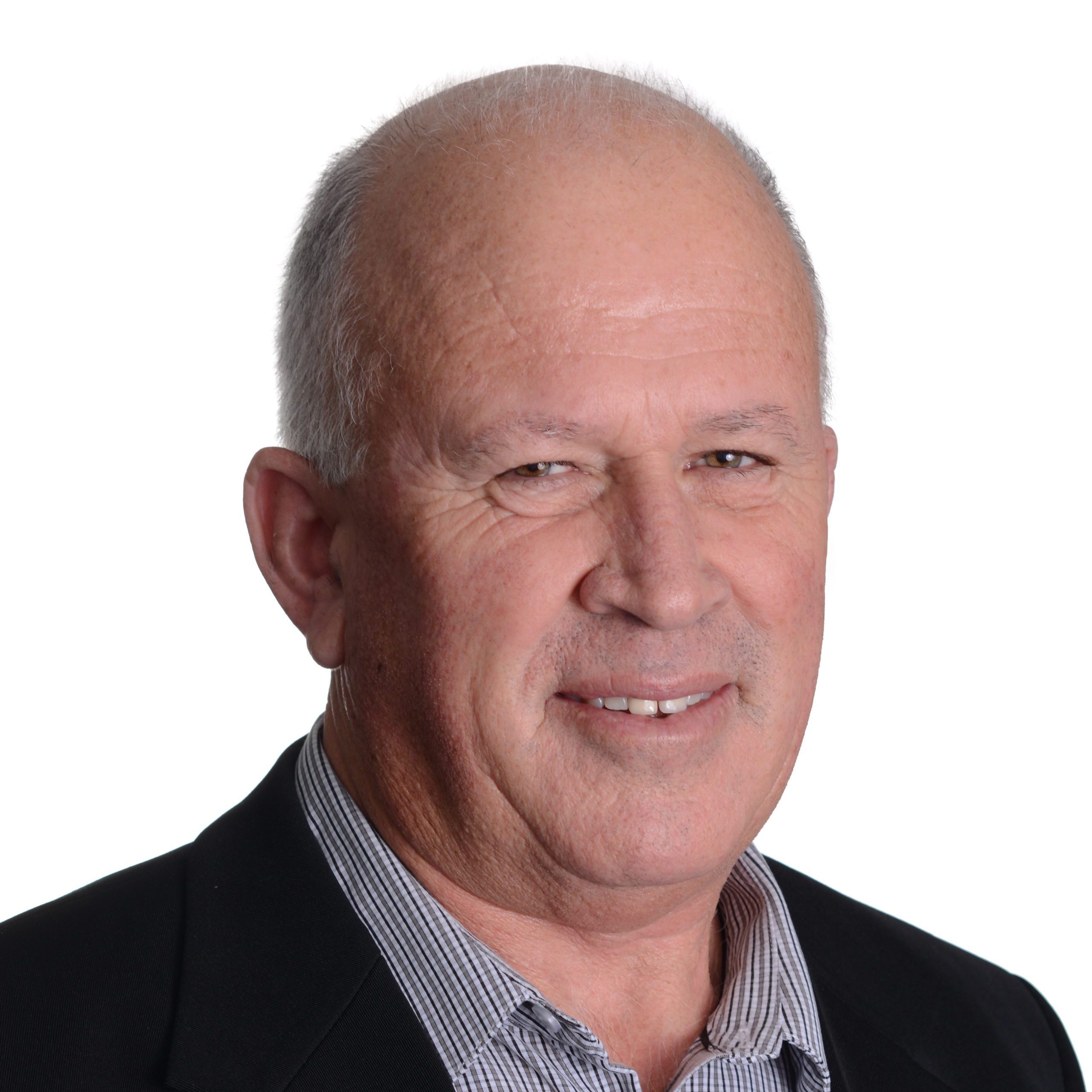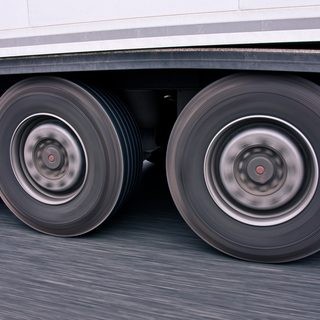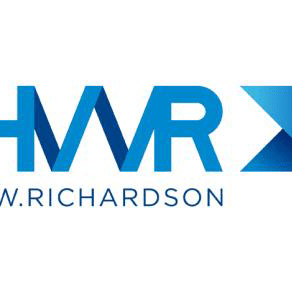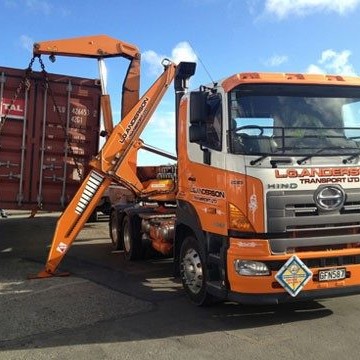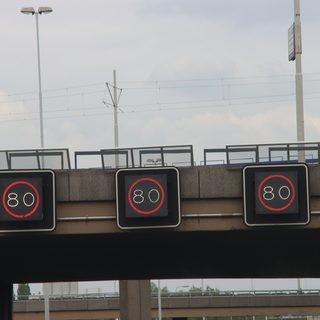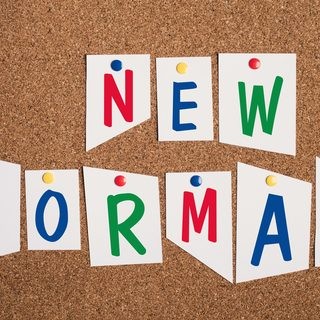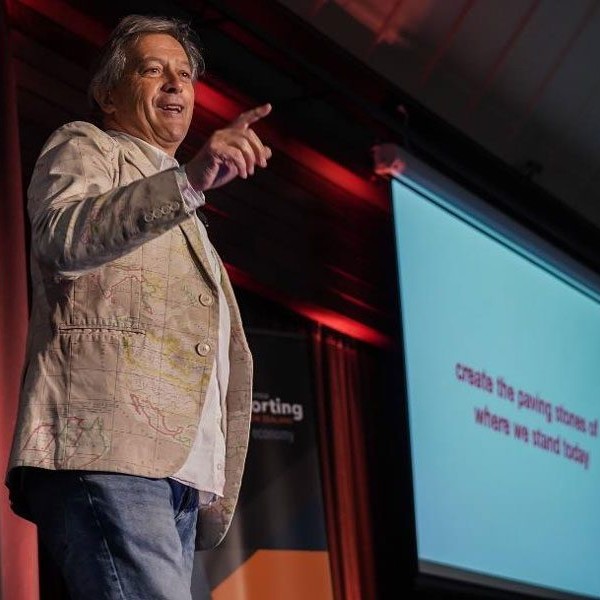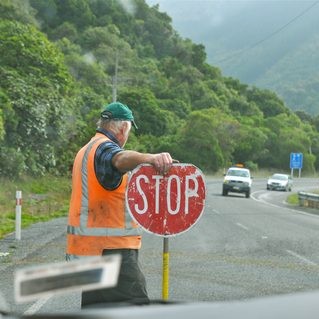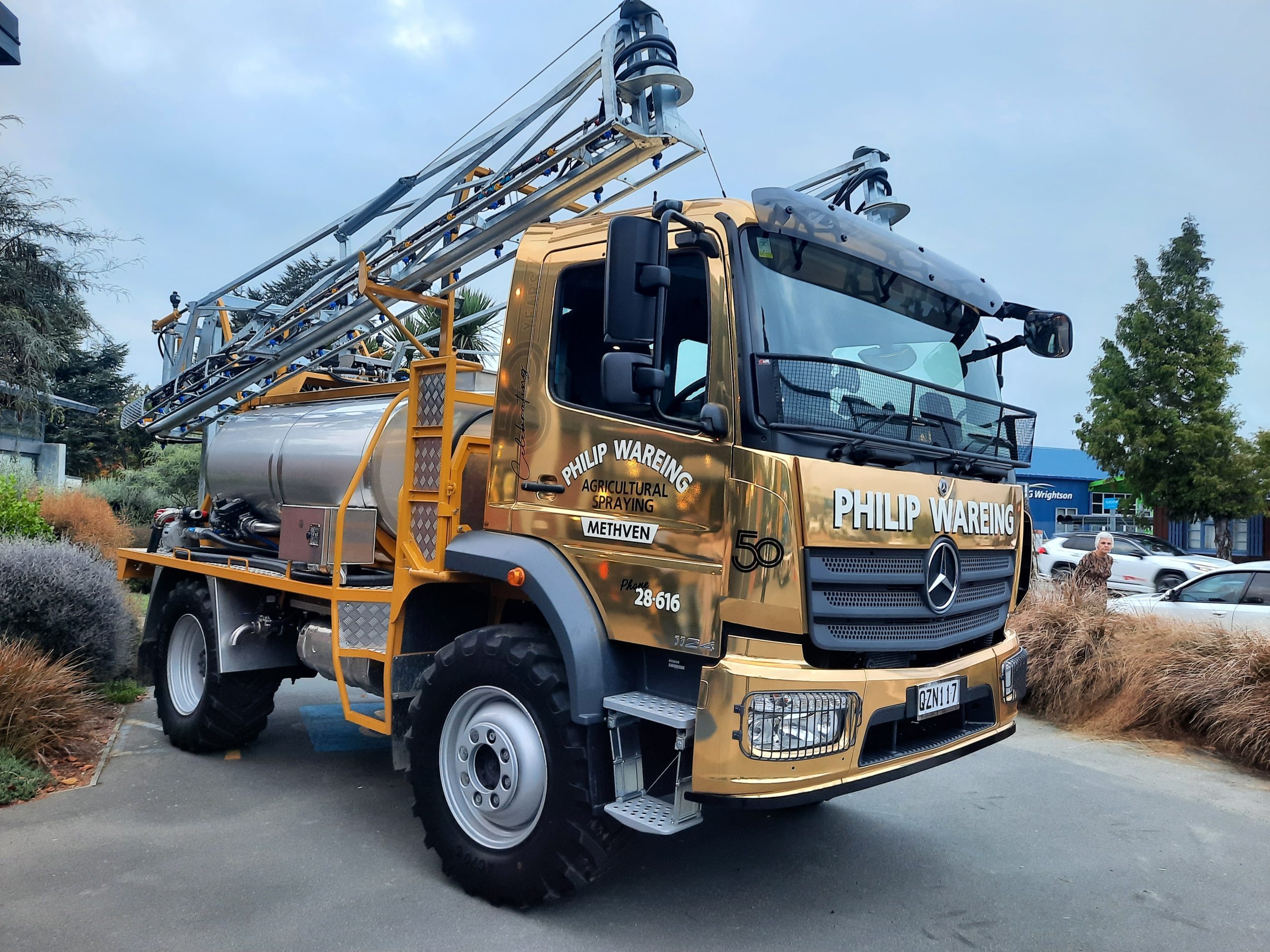
It’s been a tumultuous couple of weeks with Mr Trump being Mr Trump and causing international chaos for reasons known to him.
We can’t do much about tariffs on penguins and whatever else has been thrown around, but what we continue to focus on are things that make us a better industry.
We saw some of that this week with a meat processor in Canterbury who was putting out some very confusing comms about what trucks arriving at the plant have to do. At first it was they had to use the effluent dump before they arrived, then the truck had to empty when they arrived at the wash down site before they unloaded the stock.
One of our Membership Managers, Jim Crouchley, is on the case, and he’s getting it sorted.
Meanwhile in the lower north this week we’ve seen Lindsay Calvi-Freeman stepping up to ensure NZTA ensures its contractor does the right thing and repairs the damage they did to one of our member’s driveway when installing a wire rope median barrier.
In the Auckland area we are giving feedback to AT (Auckland Transport) on its proposal to introduce a raised platform to slow drivers on the Coatesville-Riverhead Highway.
At sector level we are developing feedback on Worksafe’s proposal to introduce a new Approved Code of Practice, Safe practice for forestry and harvesting operations. I’m mindful WorkSafe has been under fire recently however, in principle I think its approach of looking at these operations in an integrated across supply chain way is excellent. Often we see siloed approaches with various players in a supply chain coming up with their own sets of guidance and that can be problematic, particularly when there are overlapping duties. Whilst that approach still has some merits, it’s much better to see an integrated approach as Worksafe is proposing here.
50 years of being great
I had the great pleasure of attending the Philip Wareing Ltd 50th celebrations in Methven last weekend.
James Meager, whose portfolios include Minister for the South Island and Associate Minister of Transport, and I had the honour of addressing the huge gathering of customers and friends of Philip Wareing Ltd.
For me there are two things that stand out and make that company and family very special and different to many other successful businesses – it’s not what they’ve done with their business, it’s how they’ve done it.
Firstly, I respect how highly they genuinely care for and value the local people, their customers and the Methven community. I absolutely applaud that.
The second thing that stands out to me is how Wareings have demonstrated leadership in the industry, for the industry. Often they’ve done things for no direct commercial benefit to themselves, and often at a not insignificant cost to them. But they’ve done things for the good of the industry and the people in it.
The first employee of Wareings is still with them today. In fact, Paul Connell was running the golden sprayer during the parade, and Philip Wareing was driving! That speaks to me of how a company builds a great culture, respects its people and is paid back handsomely in loyalty. Talking to many of their loyal customers also demonstrated the great value of maintaining good customer relationships.
A silver lining for neighbours with the US tariffs
The uncertainty over the US applying tariffs has accelerated efforts to strengthen trade between Canadian provinces, in part by reducing trucking-related regulatory barriers.
Currently some trucking regulations fall under provincial jurisdiction, resulting in discrepancies in truck size and weight limits that constrains intra-provincial trade. Overall, it is not clear yet what the efforts to harmonize truck regulations could lead to, but this initiative is expected to streamline domestic trade, enhance economic efficiency, and boost productivity.
Safety camera update:
NZTA is on track to complete the handover of all fixed speed and red-light cameras from NZ Police at the end of June.
NZTA will also be managing the operation of mobile speed cameras and later this year NZTA is also expecting to begin speed enforcement from average speed or point-to-point safety cameras. Safety cameras will detect heavy vehicle speeding offences where the length of the vehicle exceeds 10 metres.
We envisage the changes will lead to a significant increase in the monitoring of speed compliance. More and more often operators are experiencing the consequences of non-compliance events such as exceeding weight limits and log book errors, particularly the impact on permits. Therefore speeding infringements could also lead to trucks being down-loaded because they cannot access permits, and consequently effect the commercial viability of the business.
RIDS (restraints, impairment, distraction and speeding) are four key elements of the national road safety strategy and we don’t condone deliberate rule breaking. That said for operators that have fleets covering millions of kilometres each year, we think the punishment needs to fit the crime and we will continue to work with NZTA on this.
